-1 minutes. You love the countdown clock, so tidy and definitive on the edge of your cable television screen, telling you when the fun finally begins. A real, honest-to-God Democratic presidential campaign debate is upon us, the likes of which we haven’t seen in more than seven years. It will start so soon, with Hillary Clinton still on stage. Watch the minutes tick. Now the countdown clock comes to zero.
0 minutes. Except it doesn’t. The debate hall is still in preamble, as 8:30 p.m. EST arrives. The crowd is still getting revved up. Then graphics are rolling. Then CNN’s Anderson Cooper is coming out to do intros. Then the candidates are introduced one at a time. Former Rhode Island Gov. Lincoln Chafee comes out first, wearing a tie that looks like pine tree vomit. He is followed by former Maryland Gov. Martin O’Malley, who puts his hands together like a praying choirboy as he steps the stage. Clinton is next, then Vermont Sen. Bernie Sanders, who has combed his normally unruly hair down, and former Virginia Sen. Jim Webb, who has tightened his collar. Everyone shakes each others hands, except no one shakes the hands of Chafee or Webb.
10 minutes. Now Sheryl Crow is singing the national anthem. She struggles with the high notes. O’Malley is a musician, and he would have hit them, but no one ever gives O’Malley a break. That’s the whole thing with him. He looks like Woody from Toy Story, talks like a cross between Fred Rogers and Kermit the Frog, and just can’t get no respect. CNN decides it’s time to take a commercial break.
17 minutes. Never pay attention to the countdown clock again. The countdown clock is a lie. You can’t trust it. It will betray you like every other American institution. “There is certainly a lot of excitement in the room tonight,” Cooper says. Maybe that’s because they are in Vegas, where there are no clocks in any rooms. They have no idea what has happened to countdown clock credibility.
See Bernie Sanders' Career in Photographs
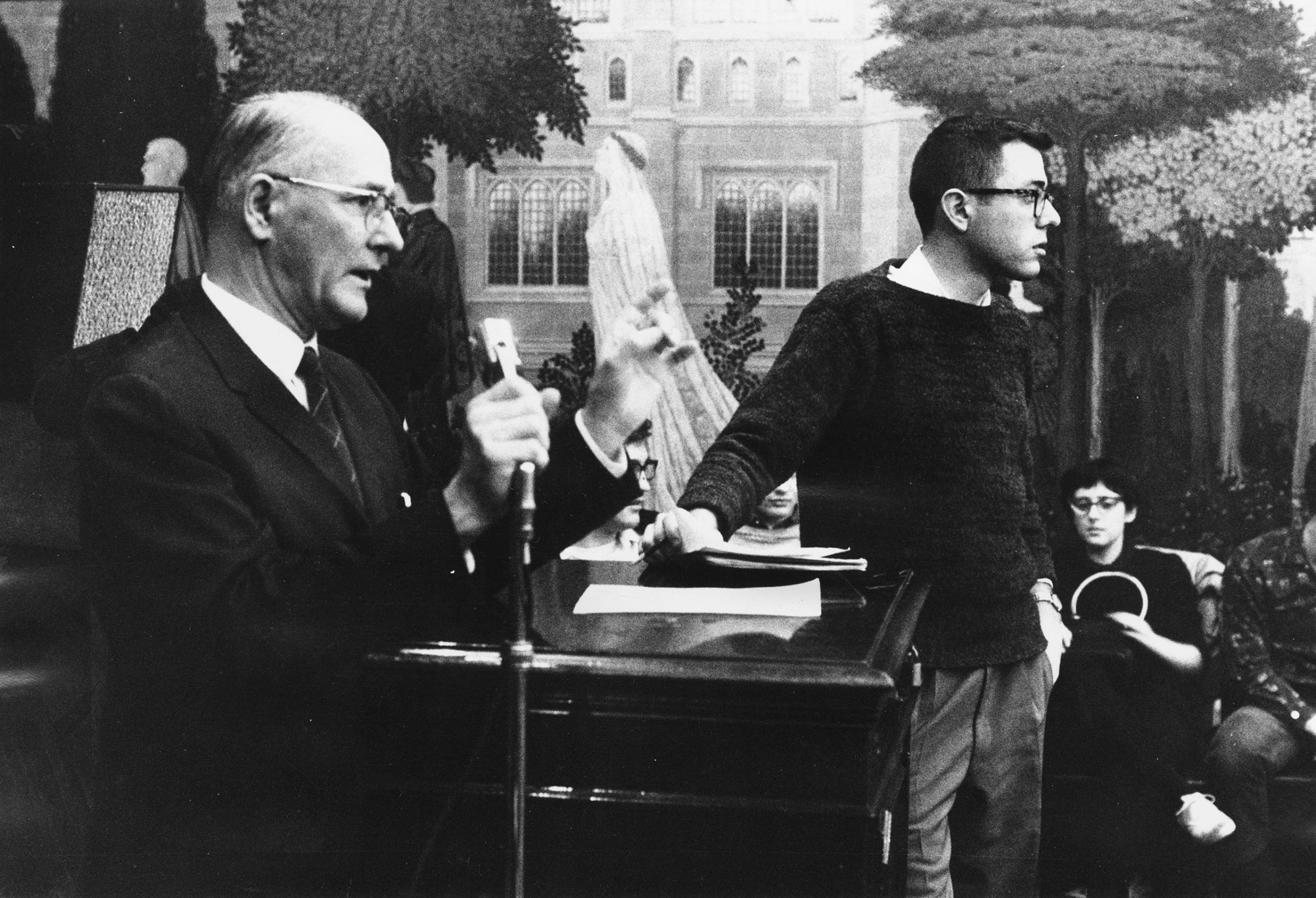
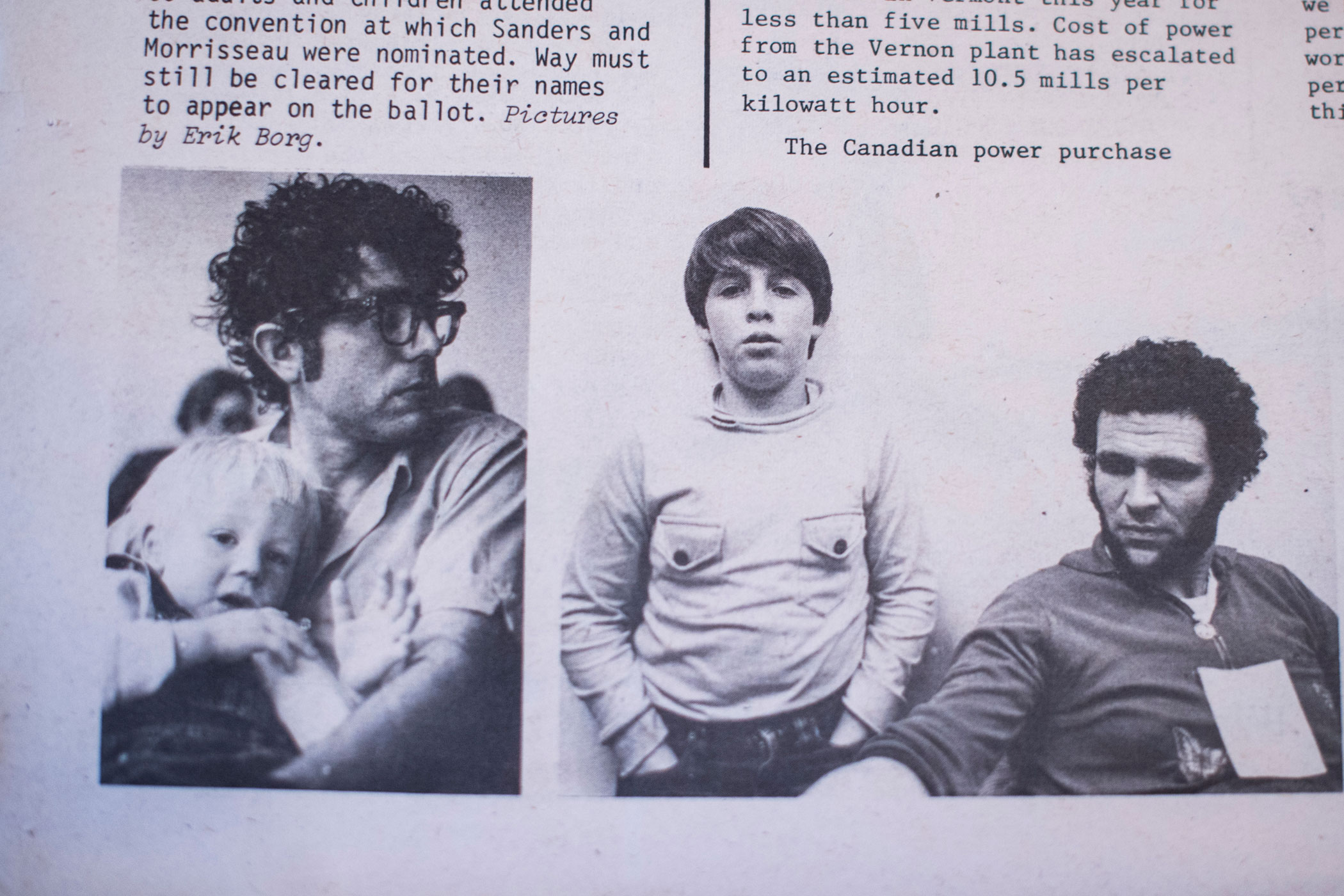
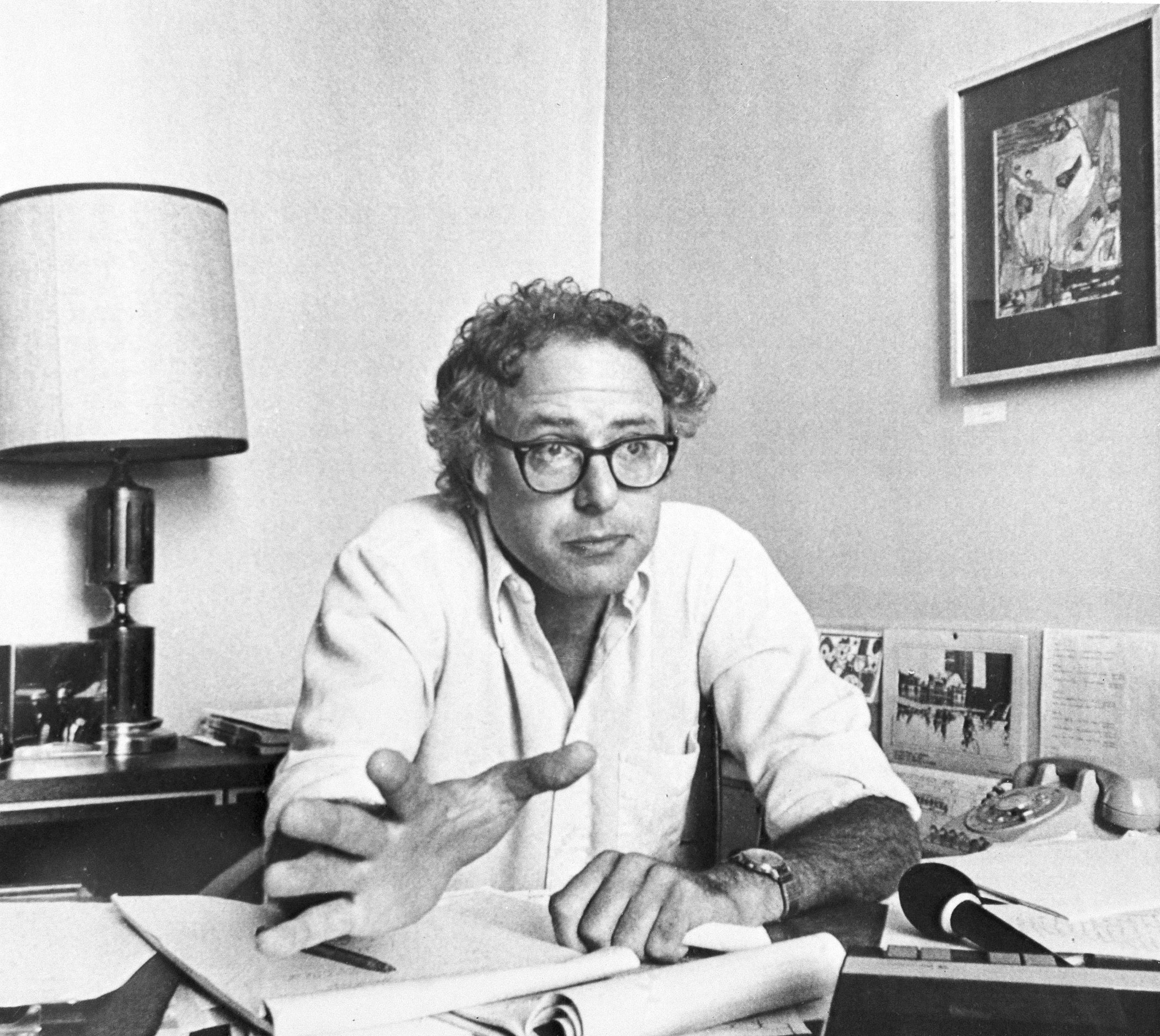
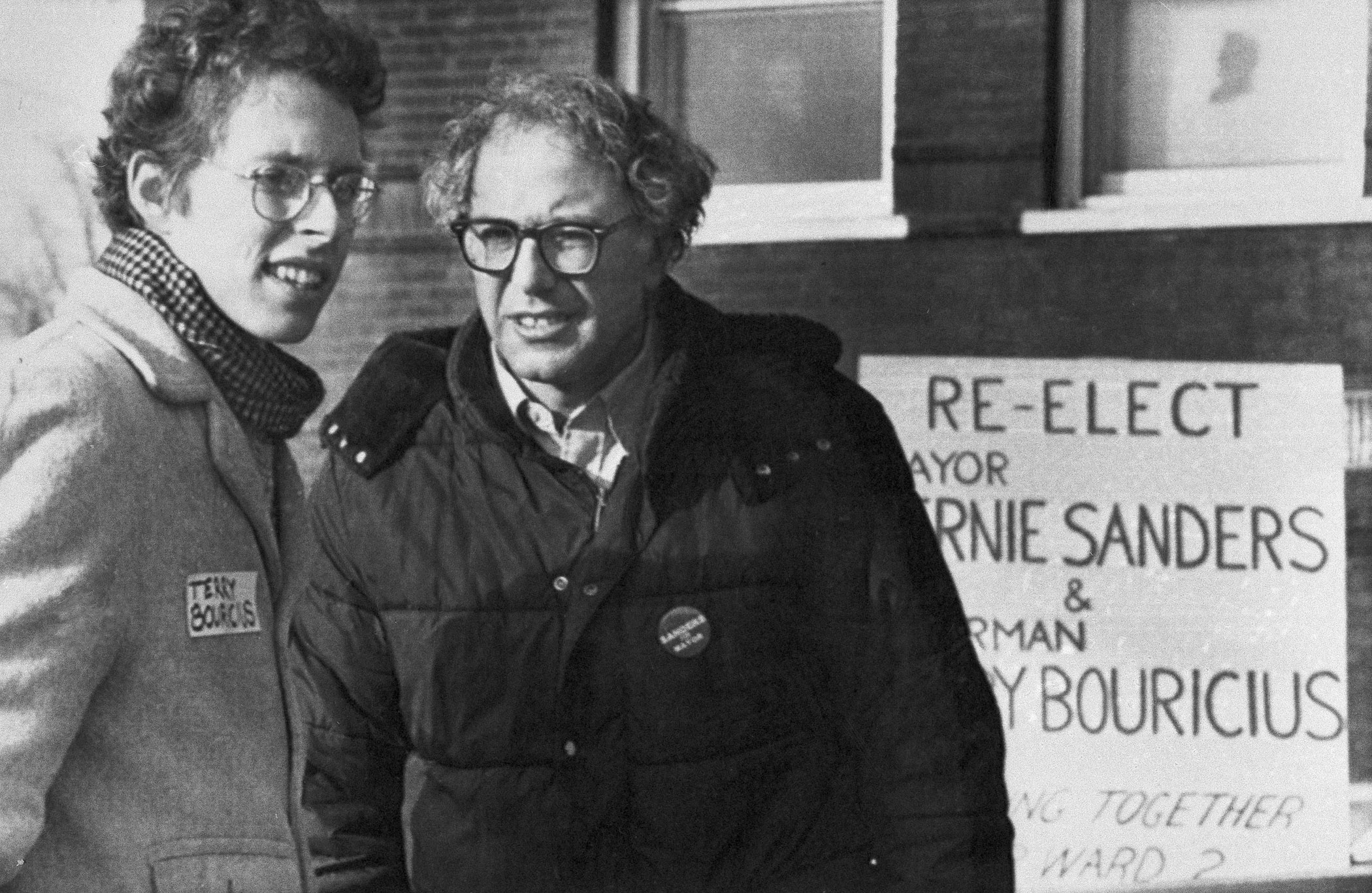
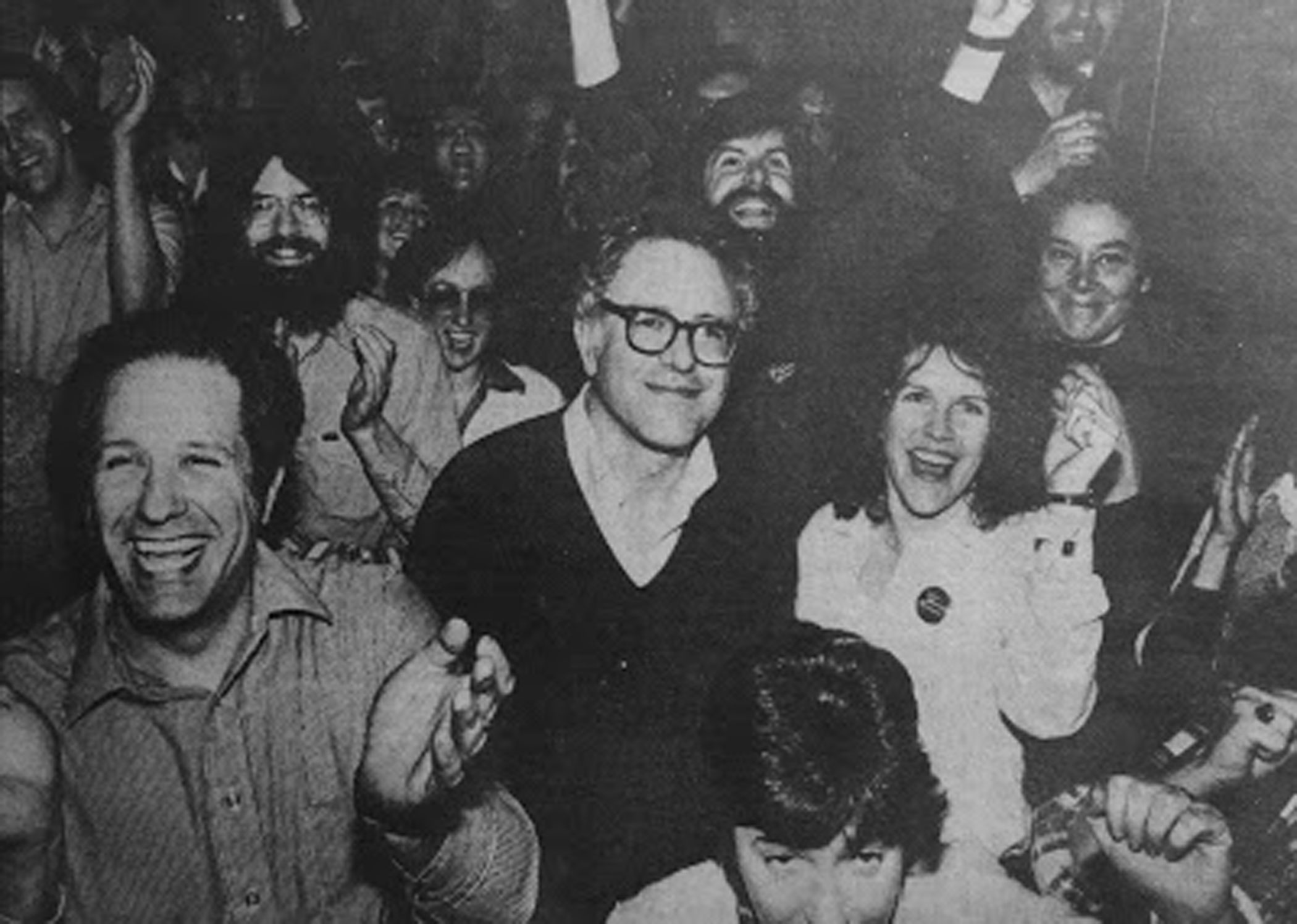
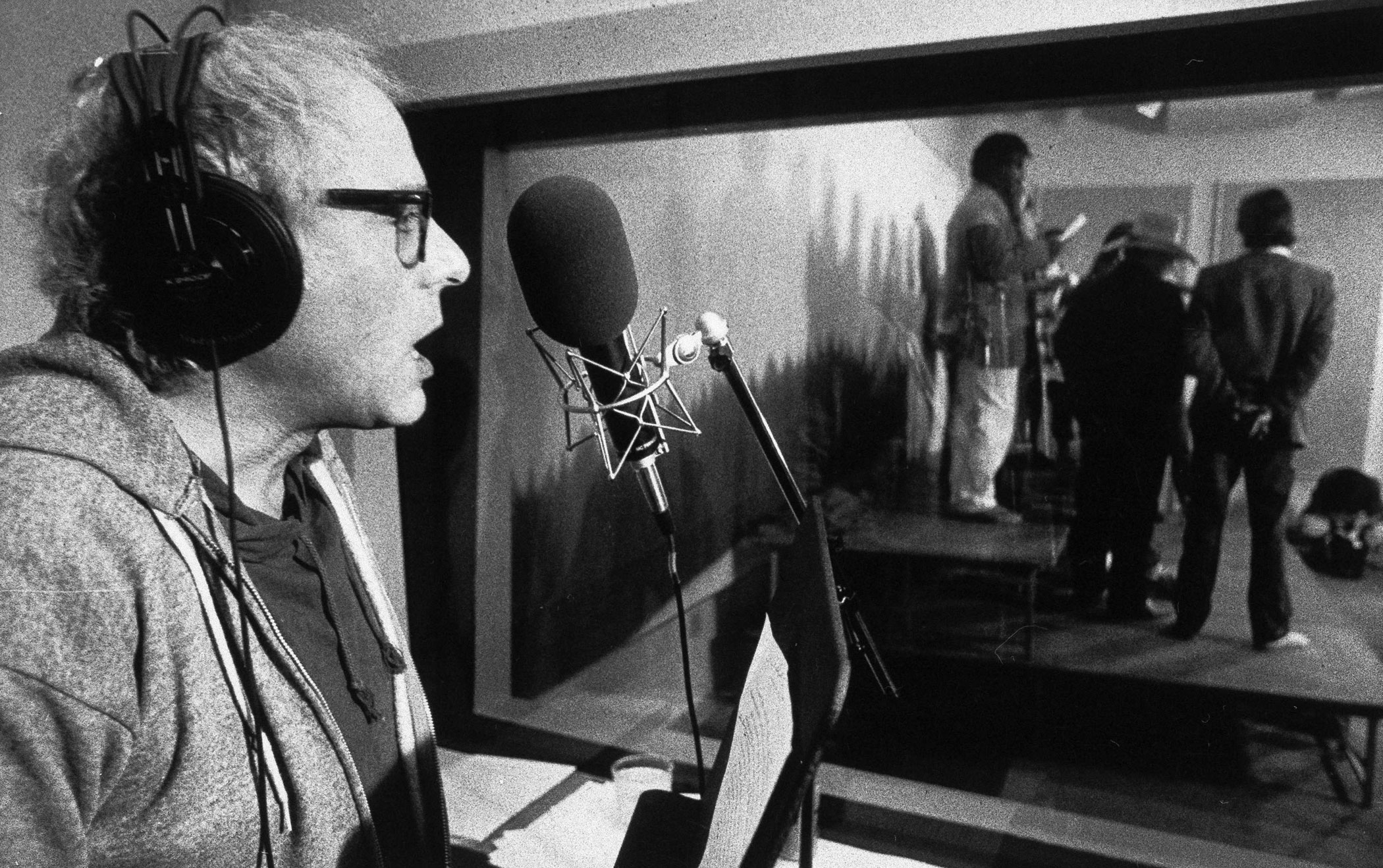
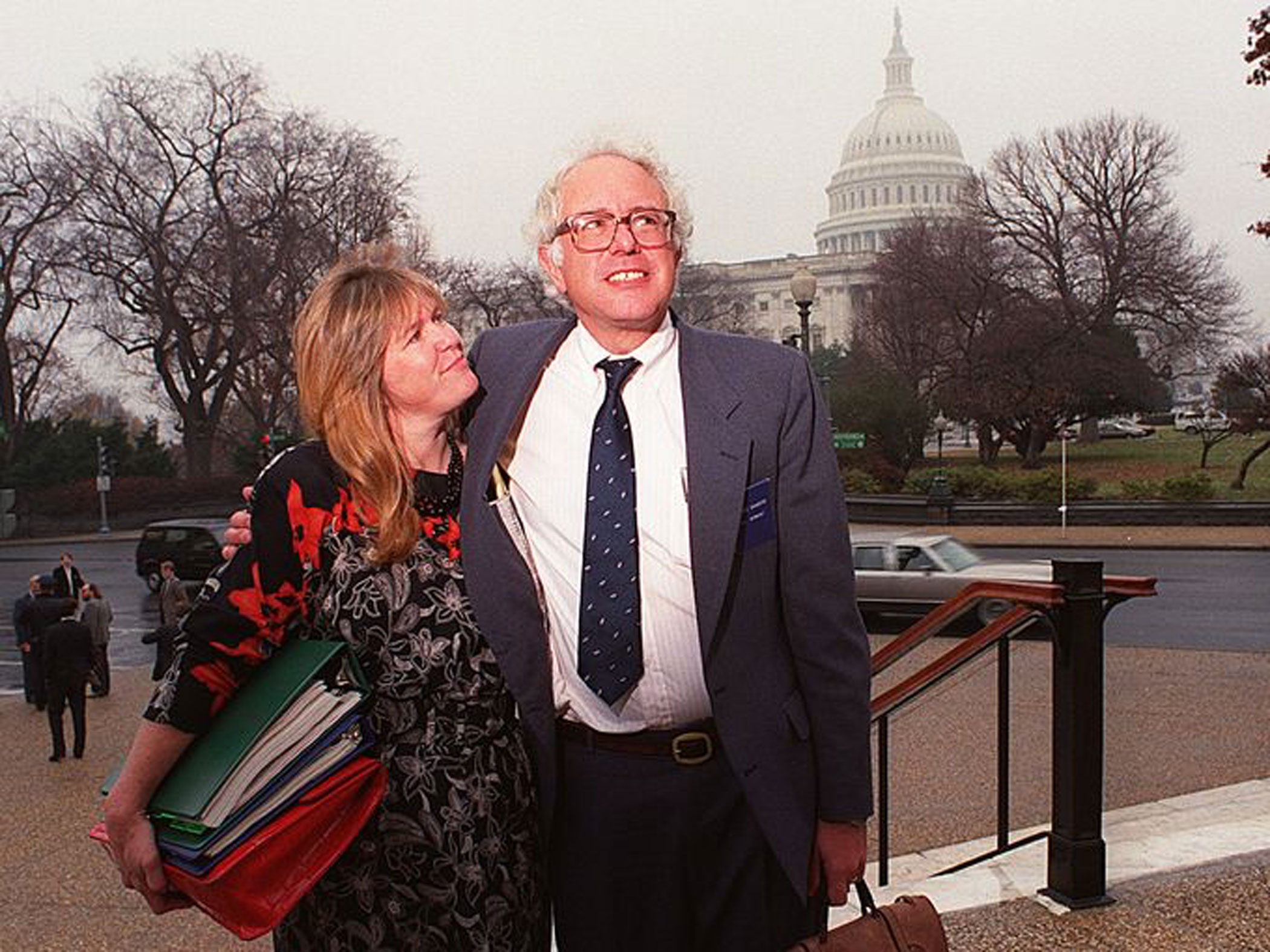
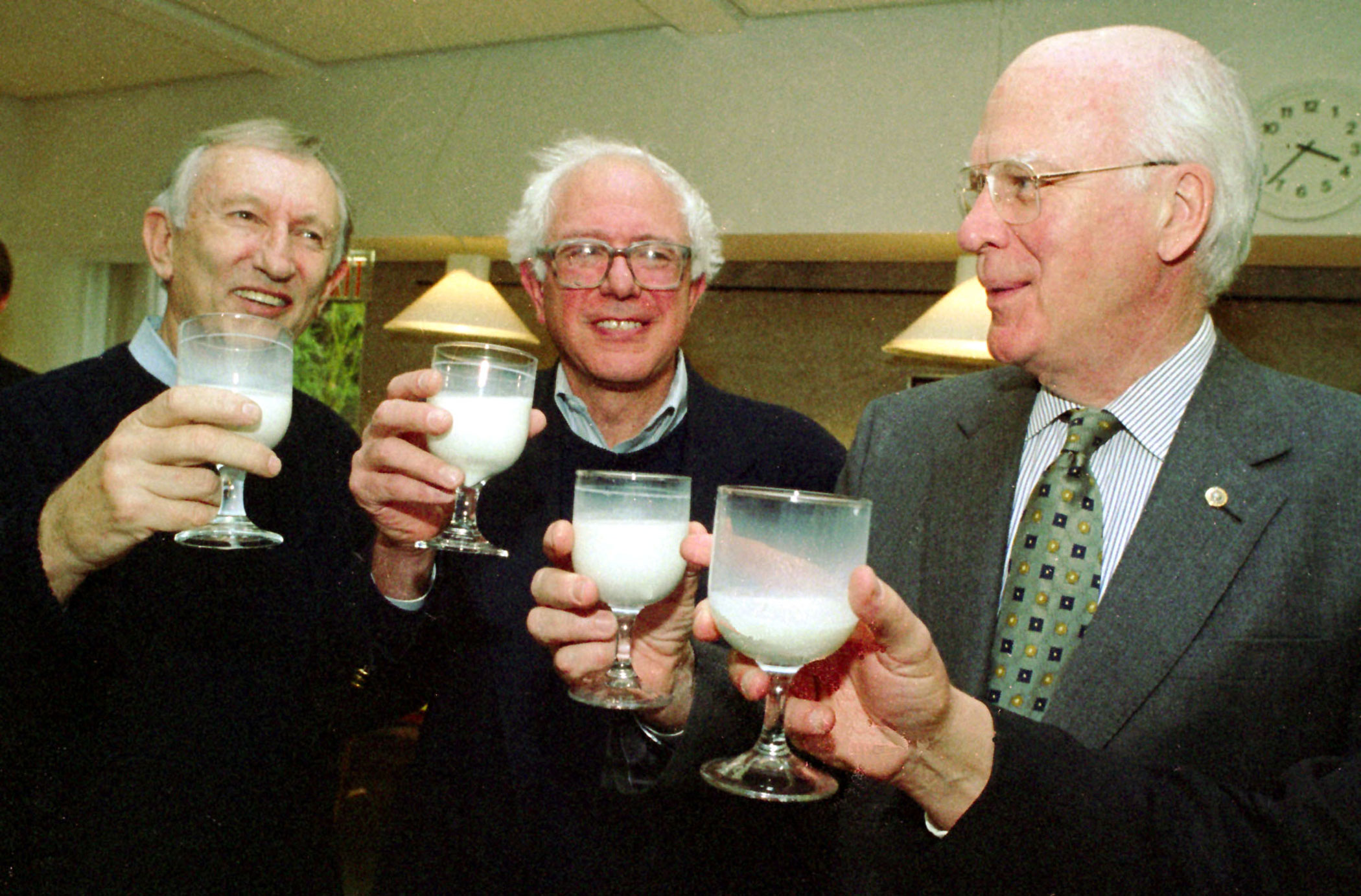
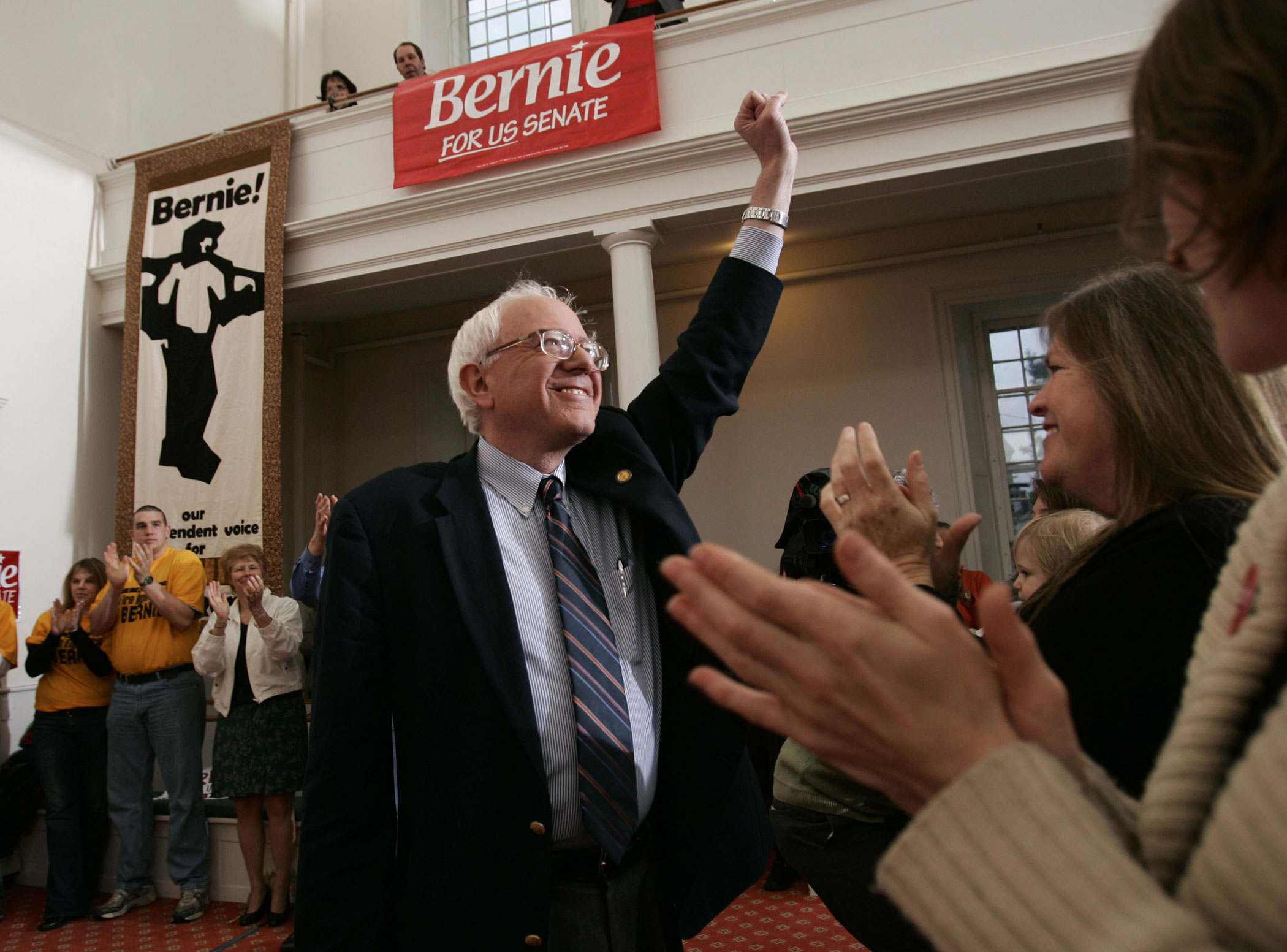
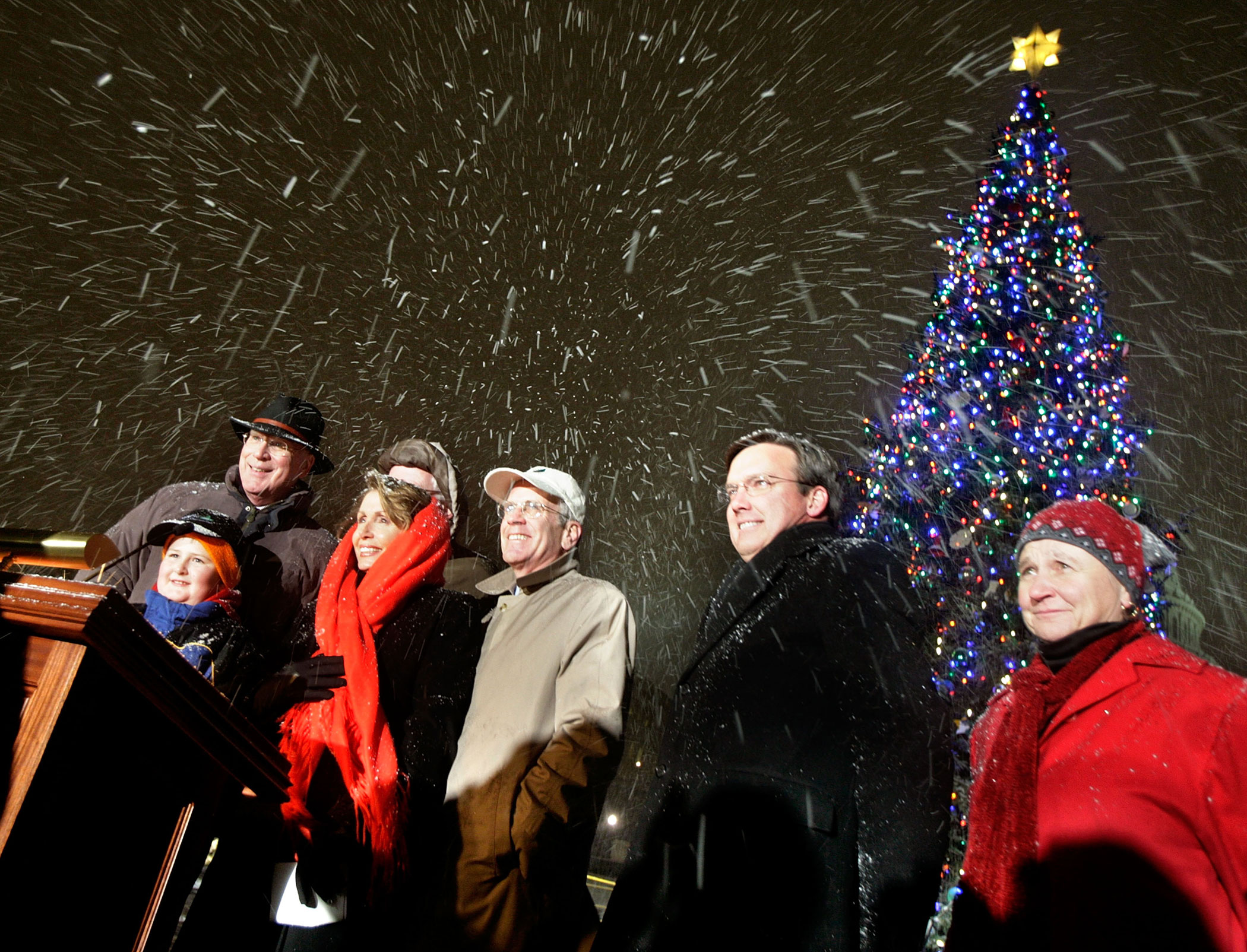
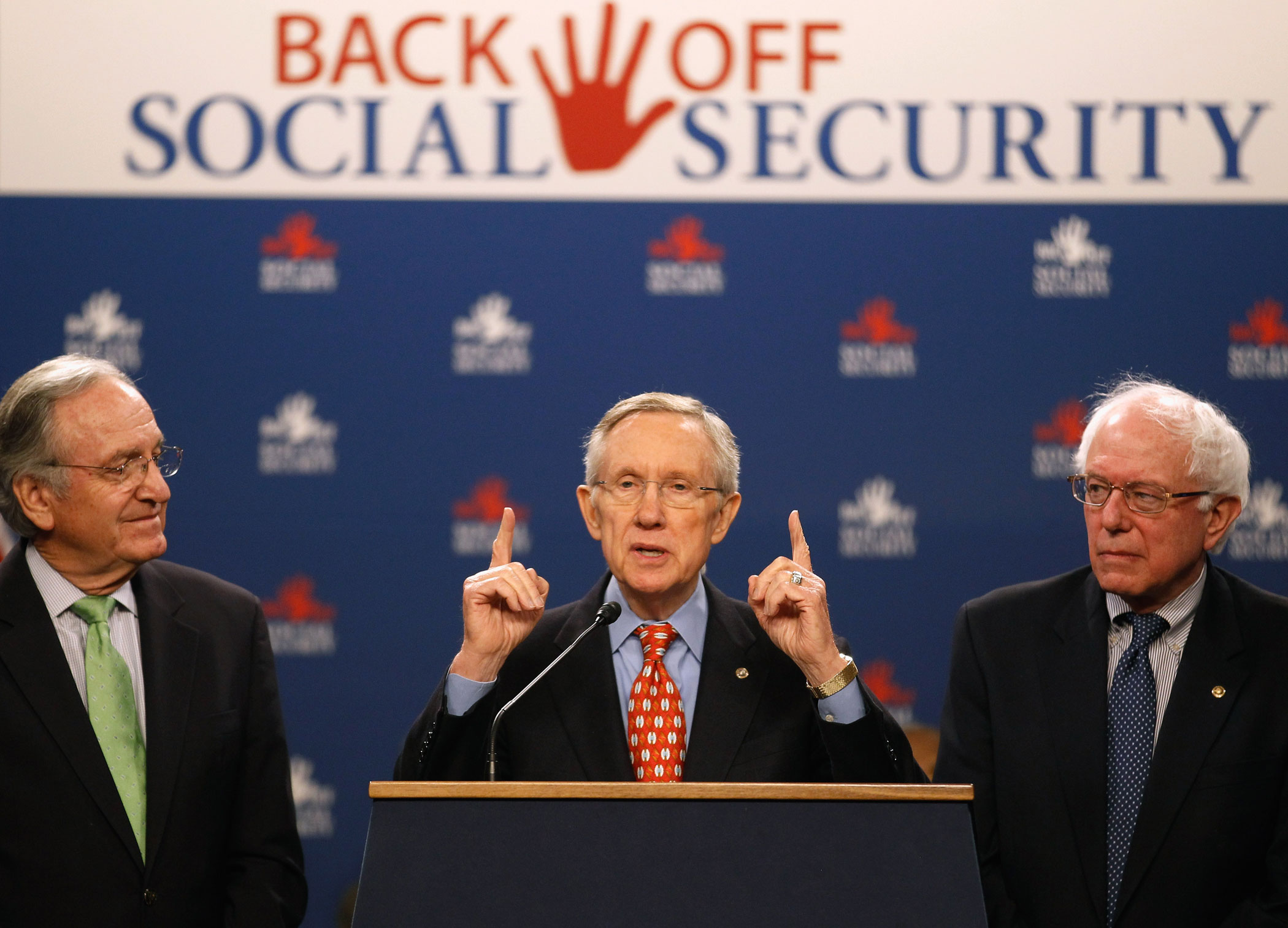
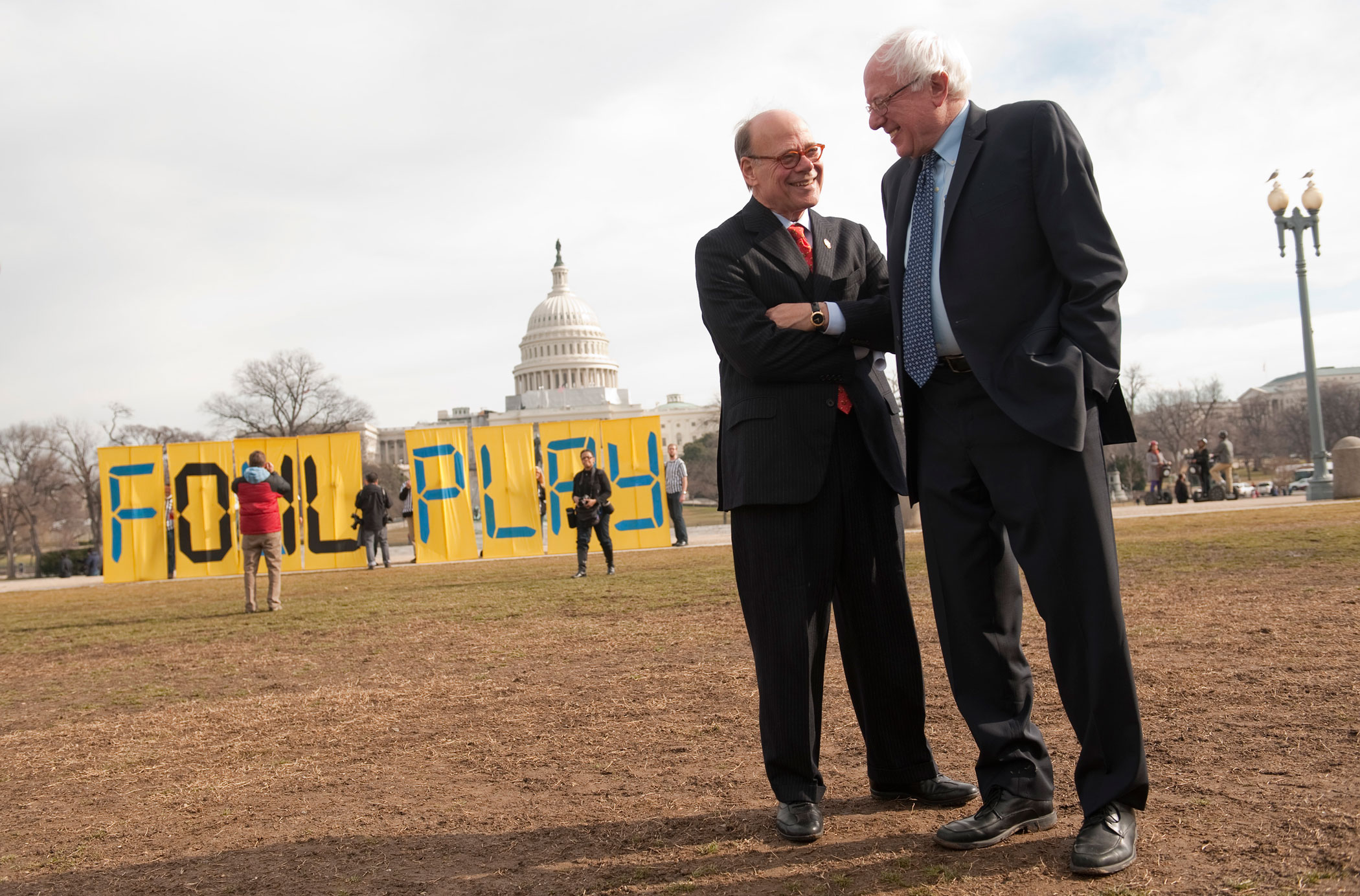
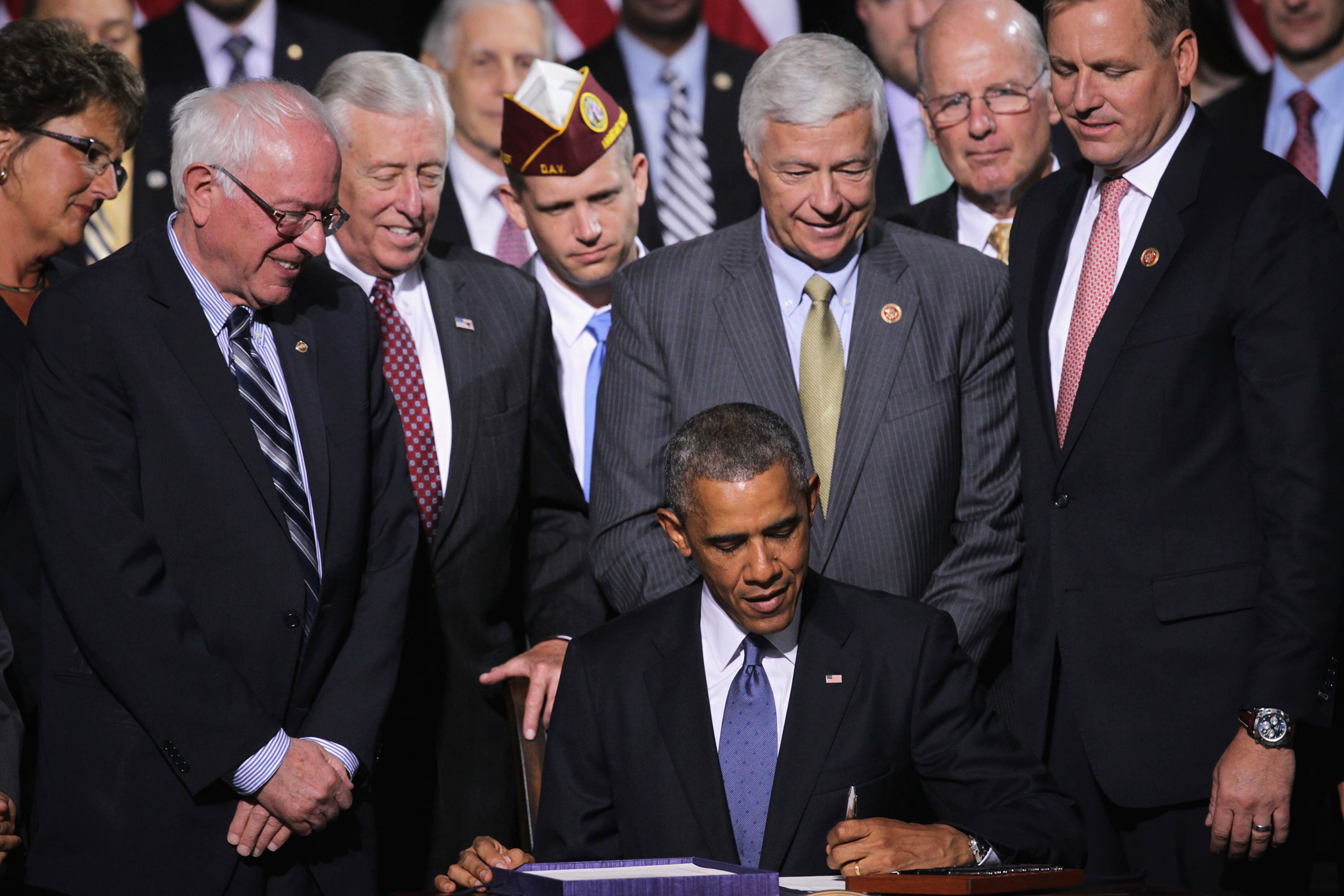
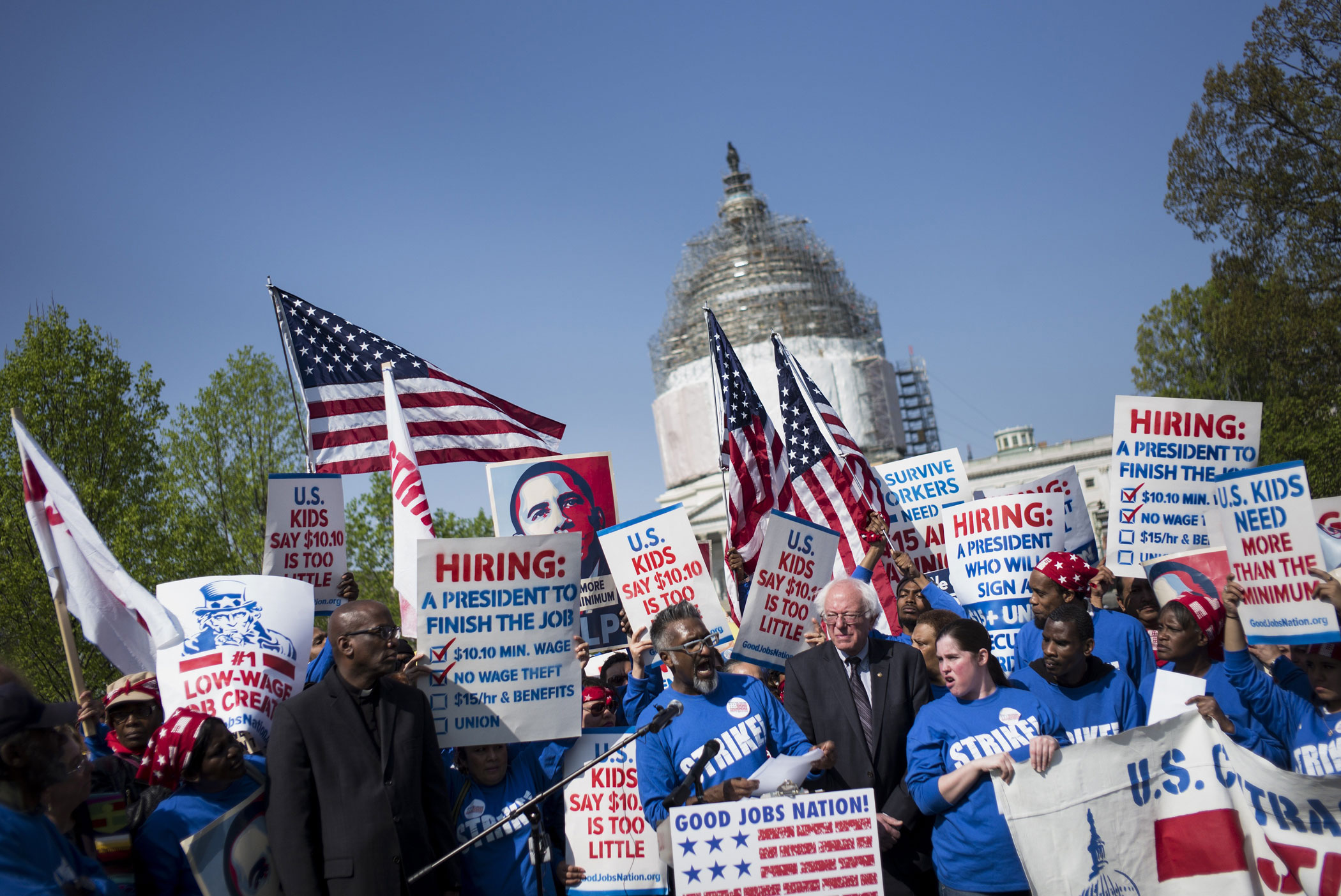
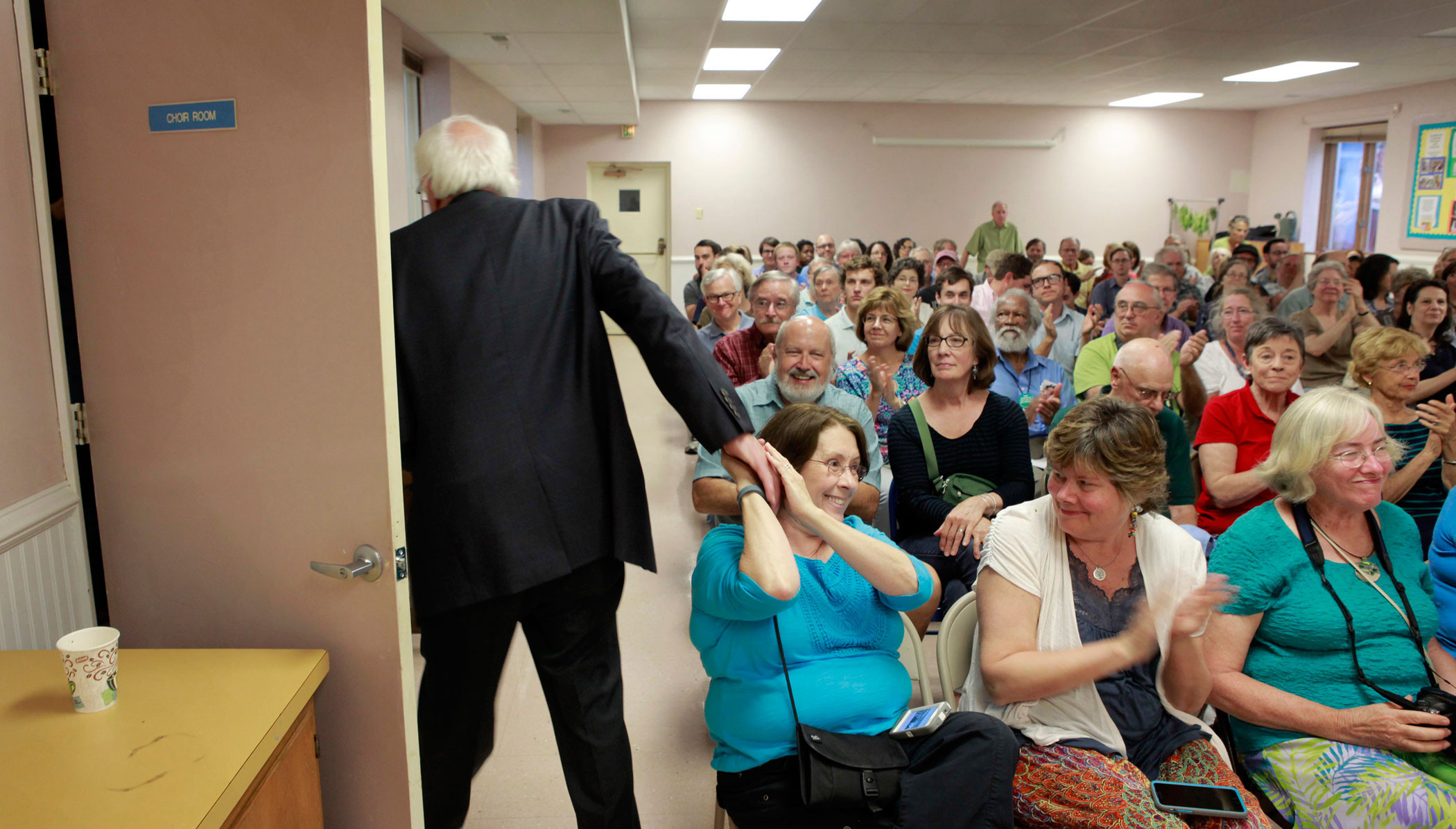
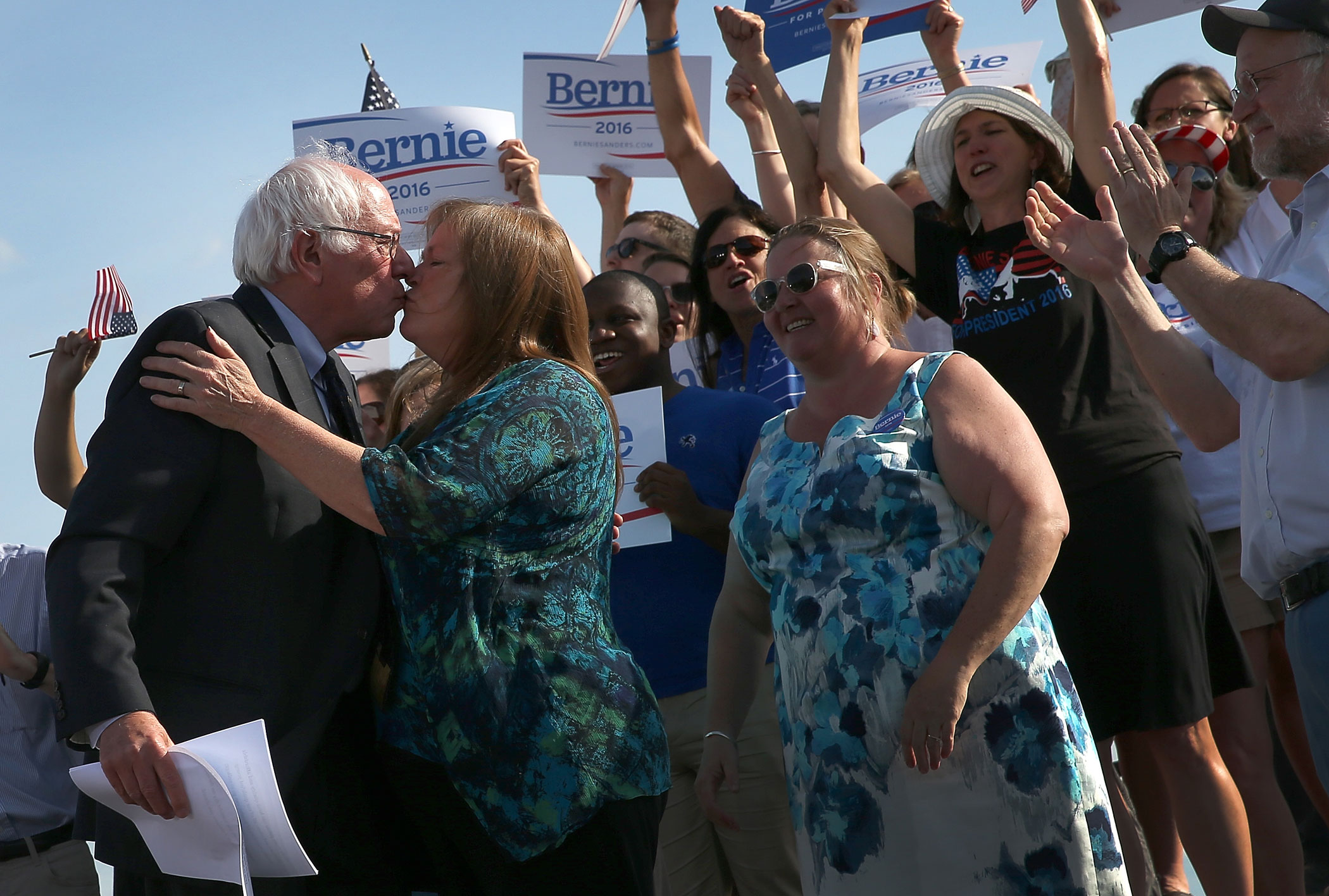
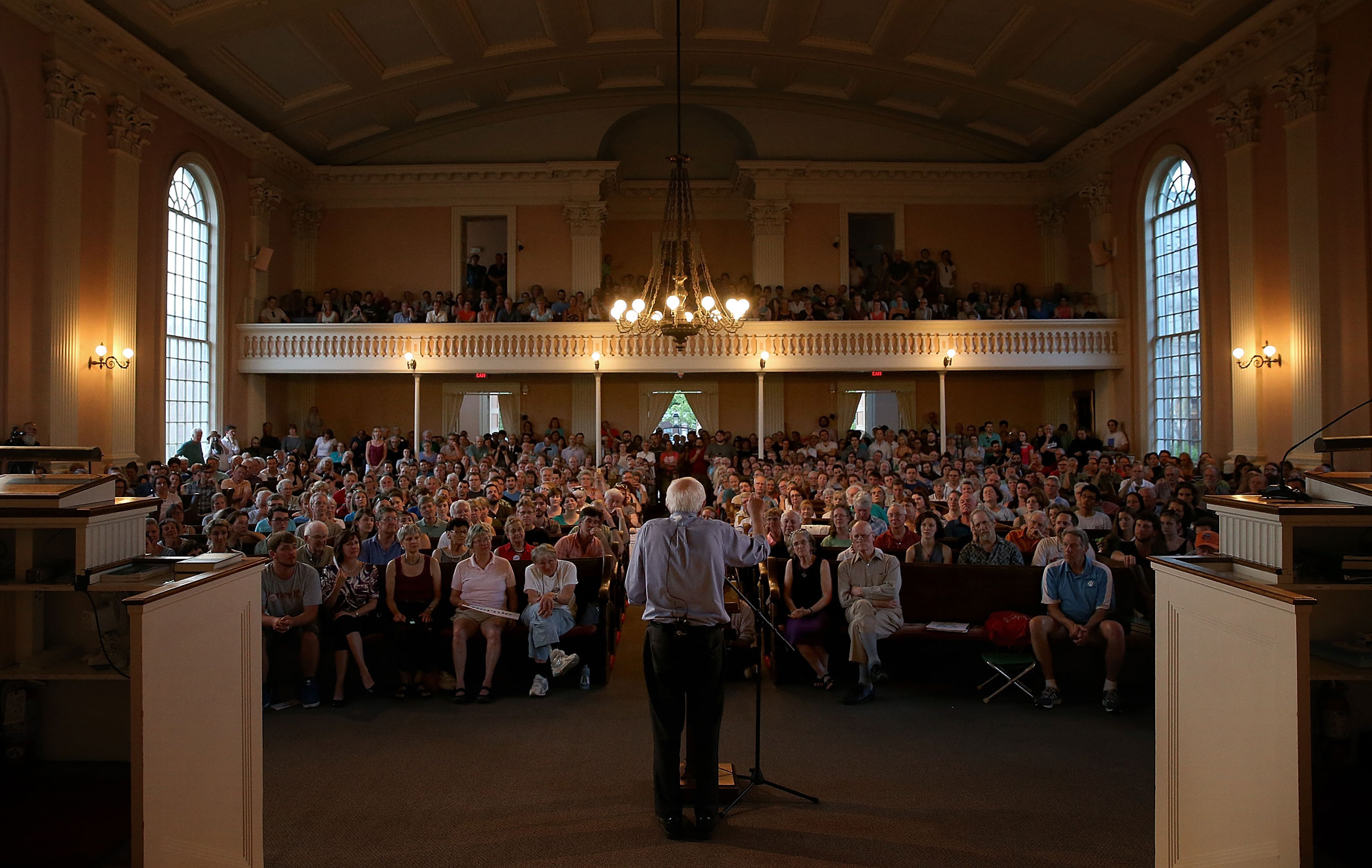
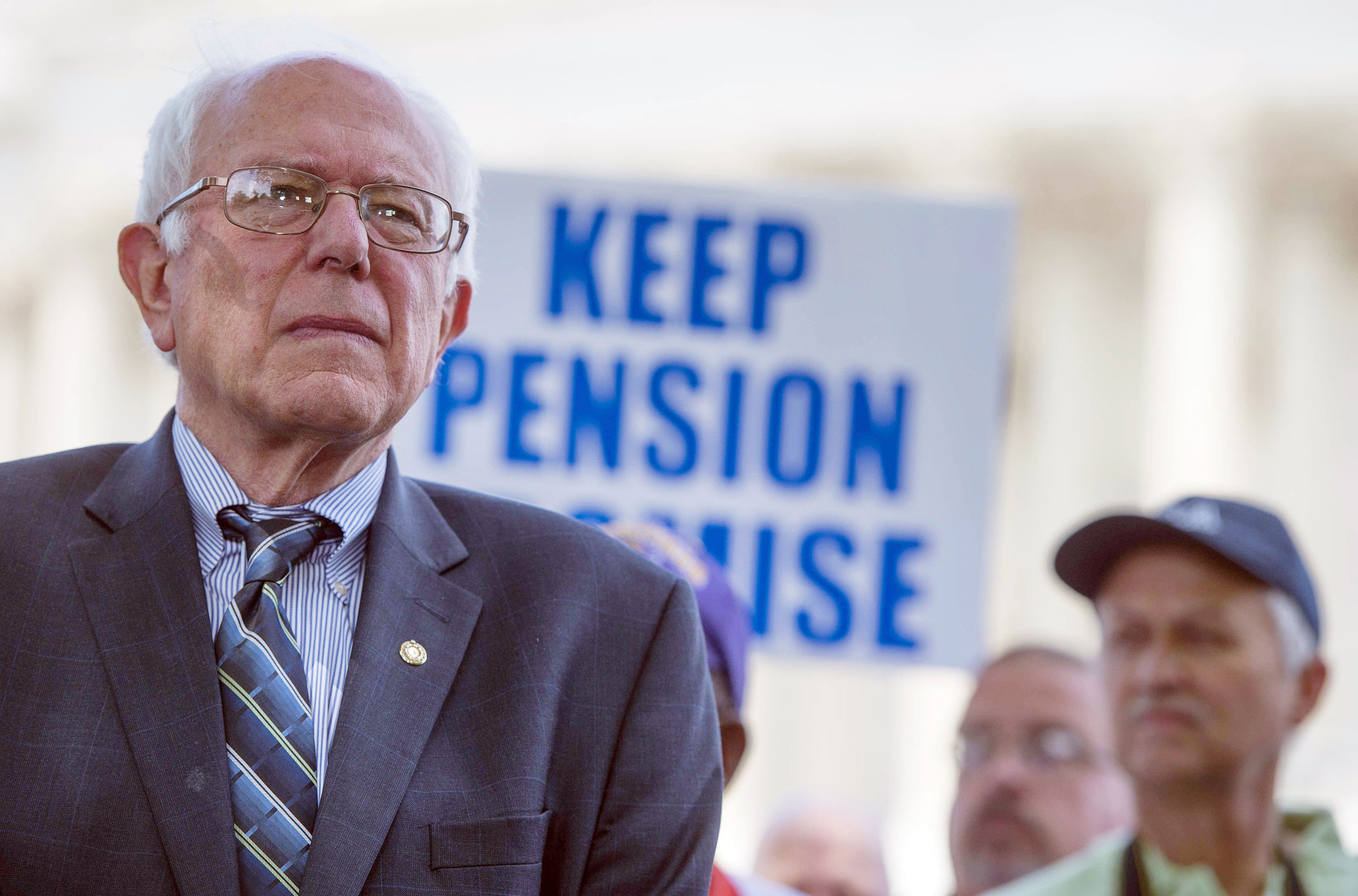
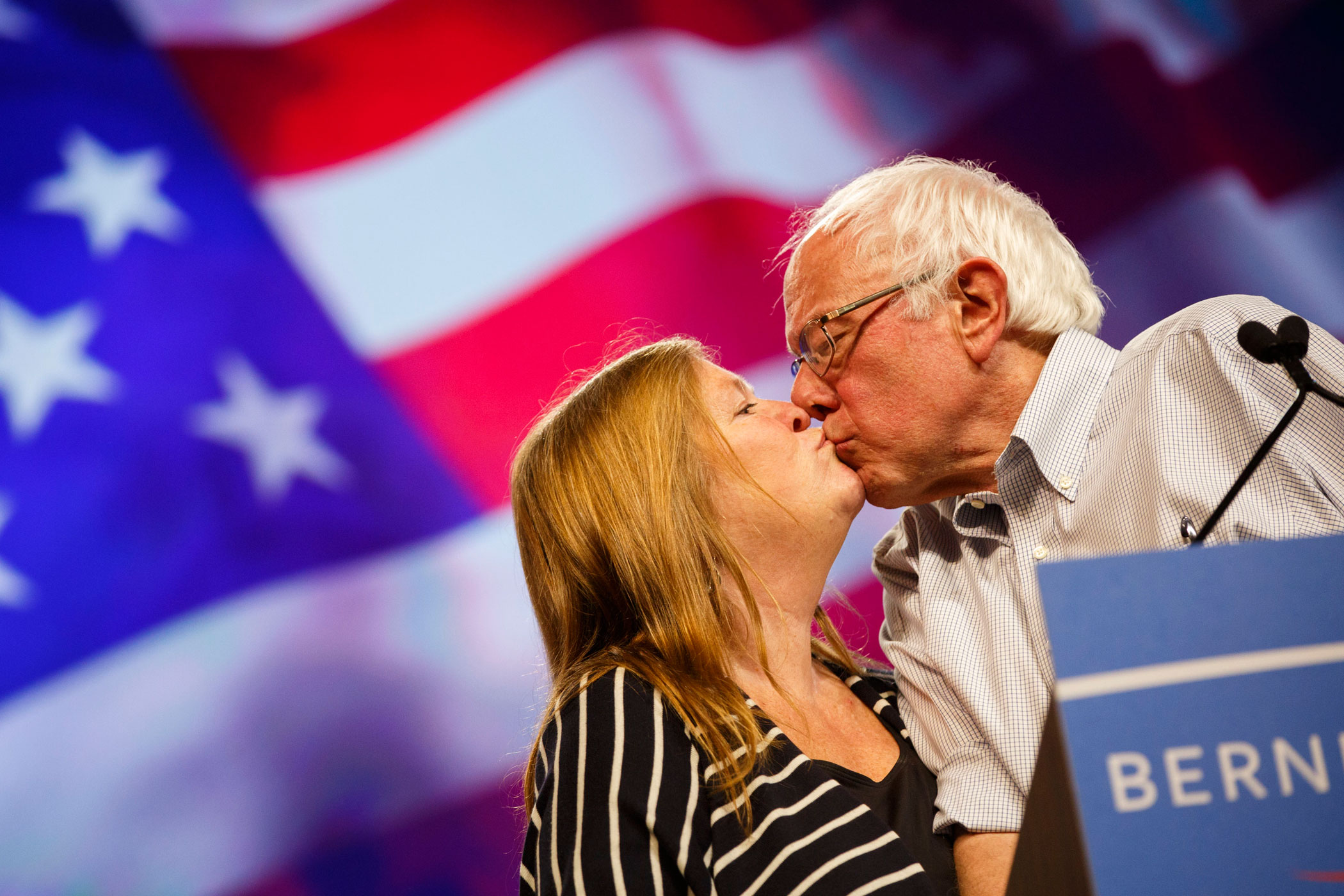
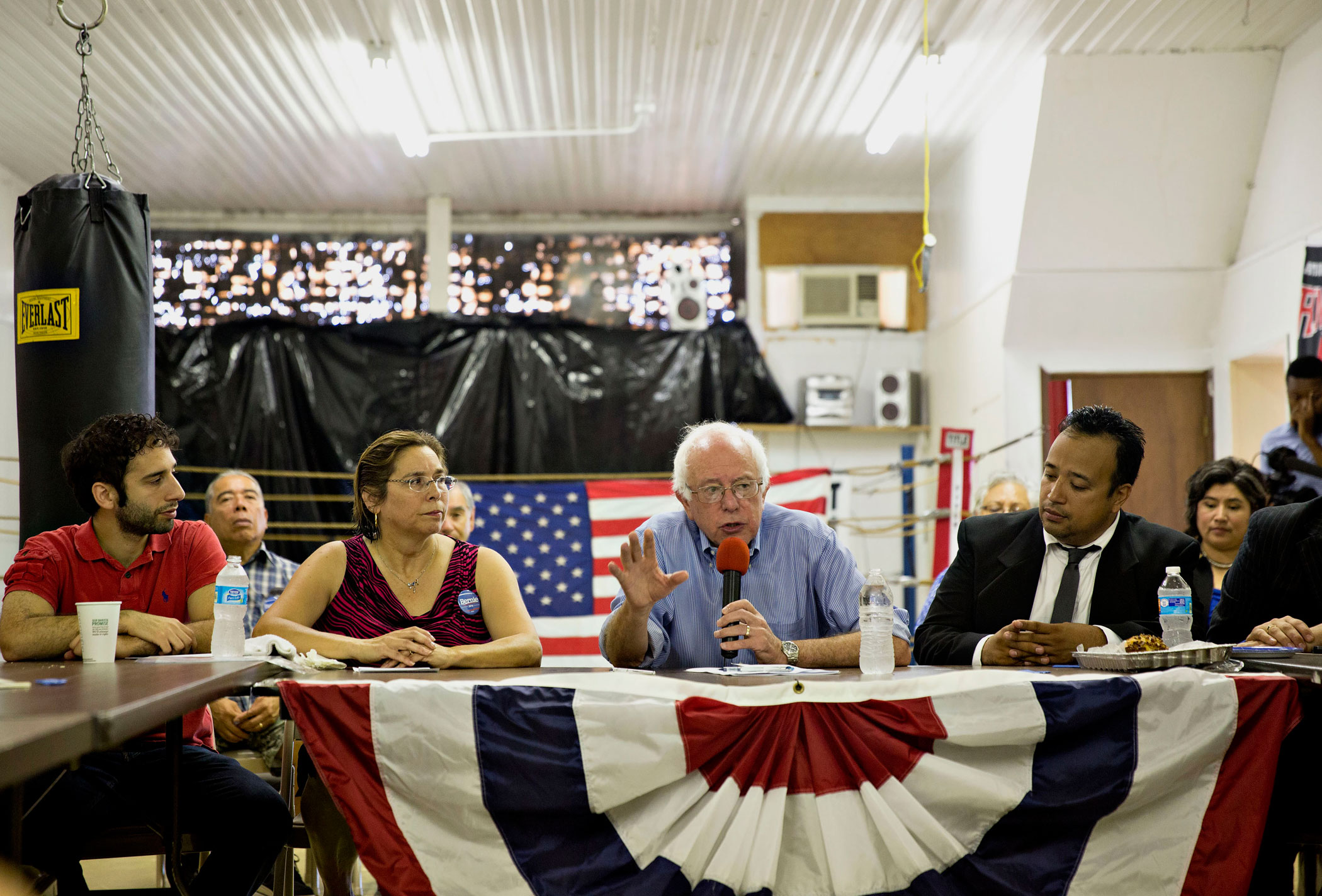
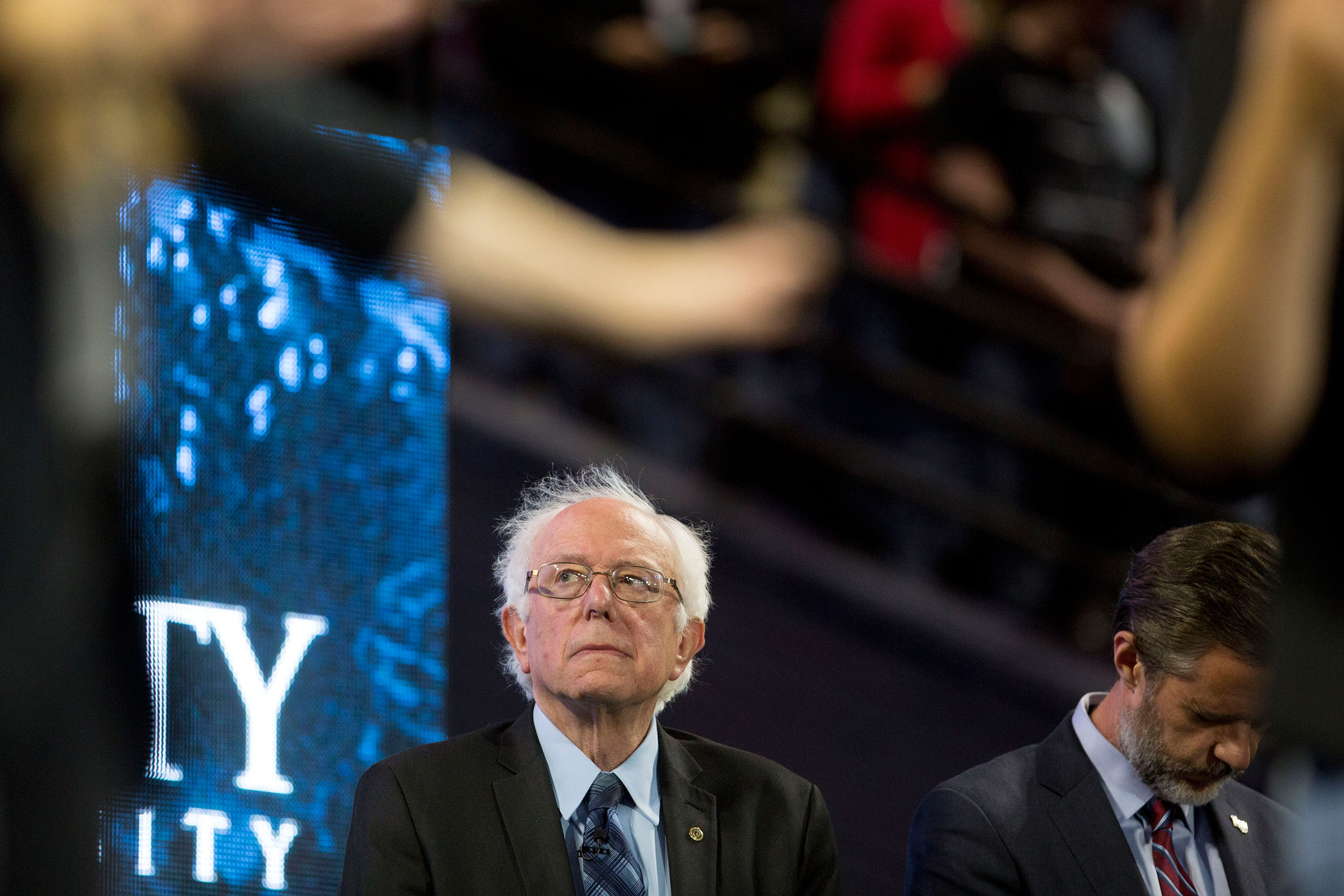
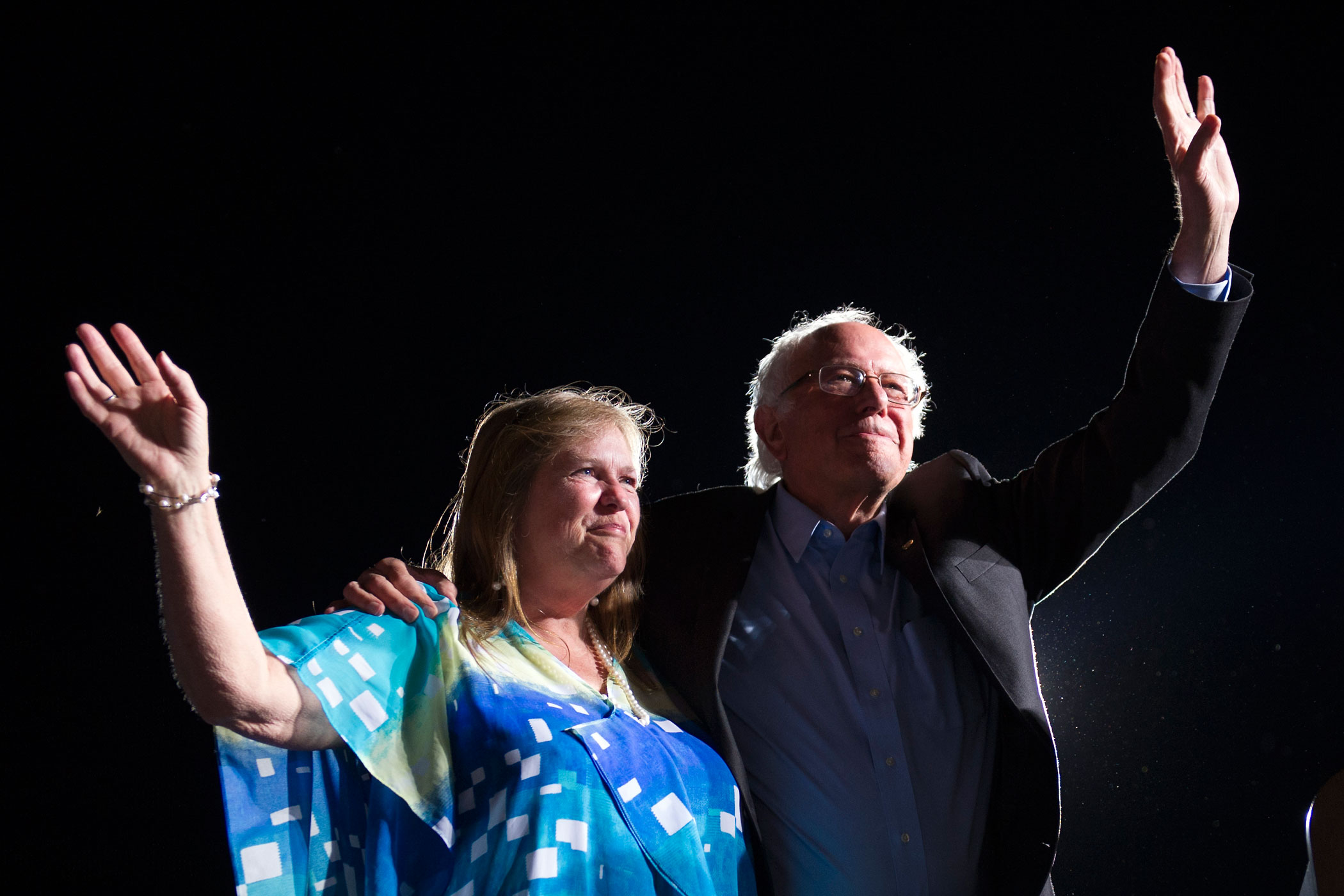
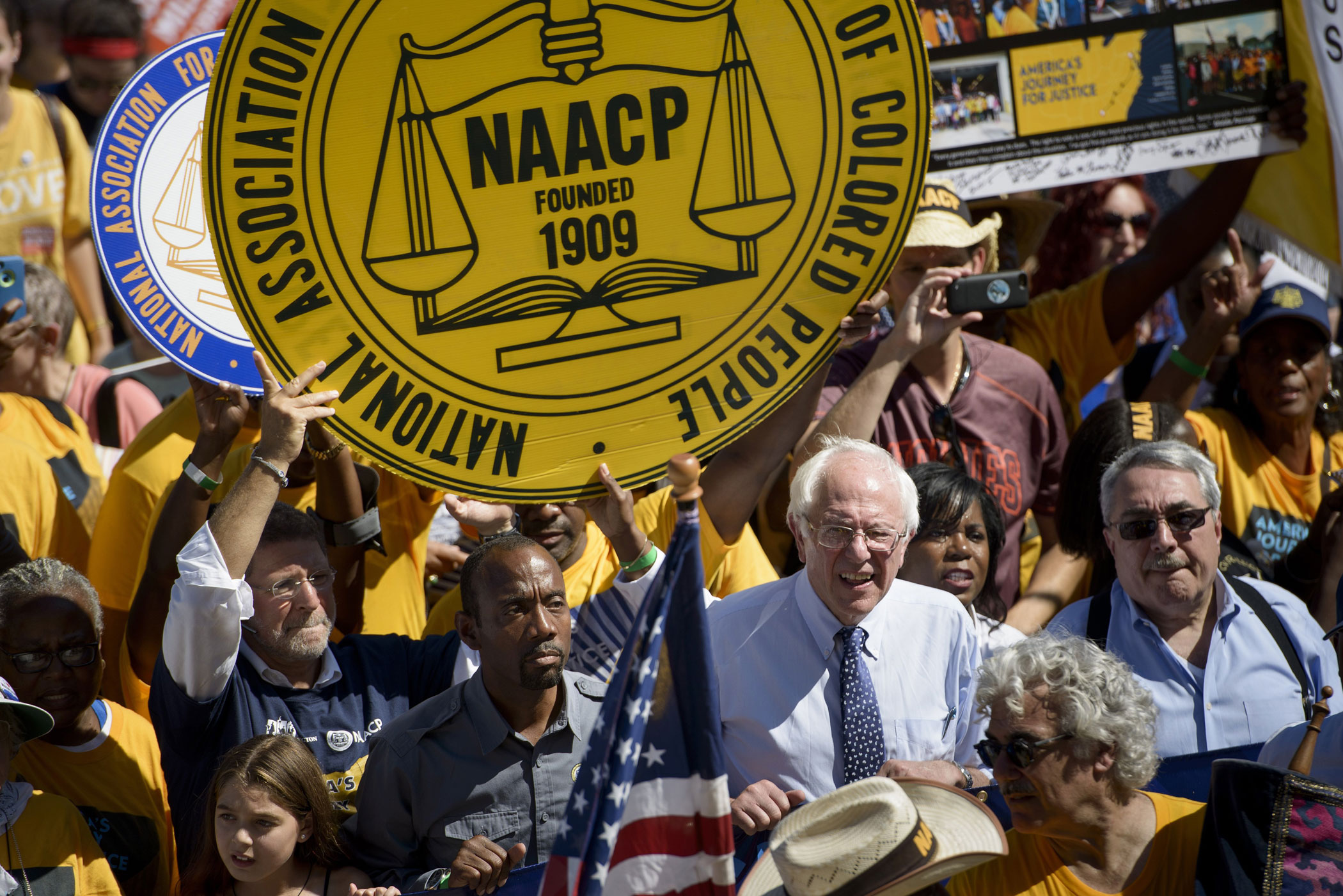
18 minutes. The candidates introduce themselves. Chafee starts weird: “Not only will Americans be electing a new president next year, we also will be electing a world leader.” What does that mean? Is he taking a bold stand against those who believe U.S. presidents are not world leaders? He tells his story, beginning as a mayor, rising to become a Senator and settling on a single-term as governor. He leaves out the fact that he left office with 25% approval in his state. “I believe in prosperity through peace,” he says. Why not?
20 minutes. Webb gets his chance. He lists off his five daughters’ names, and talks about the blood he shed in Vietnam fighting as a Marine. O’Malley talks about his kids and then offers expected clichés. “Our middle class is shrinking,” he says. “Our economy isn’t money, it’s people.” Then it’s Sanders’ turn, and he launches into his stump about “millionaires and billionaires” and all the bad they are doing to working people.
24 minutes. “I’m Hillary Clinton,” says Hillary Clinton, in case you didn’t know. Then she reduces her entire stump speech to a few paragraphs. Raise wages. Equal pay. Close loopholes. Invest in infrastructure. Make the tax system fairer. Basically all the focus-group tested talking points from Democratic politics, in super short Cliff Notes.
30 minutes. “It is time to start the debate,” says Cooper. Next time, put Cooper in charge of the countdown clock. We’ve all wasted half an hour. The first question is a doozy though. To Clinton: “Will you say anything to get elected?”
See the 2016 Candidates' Campaign Launches
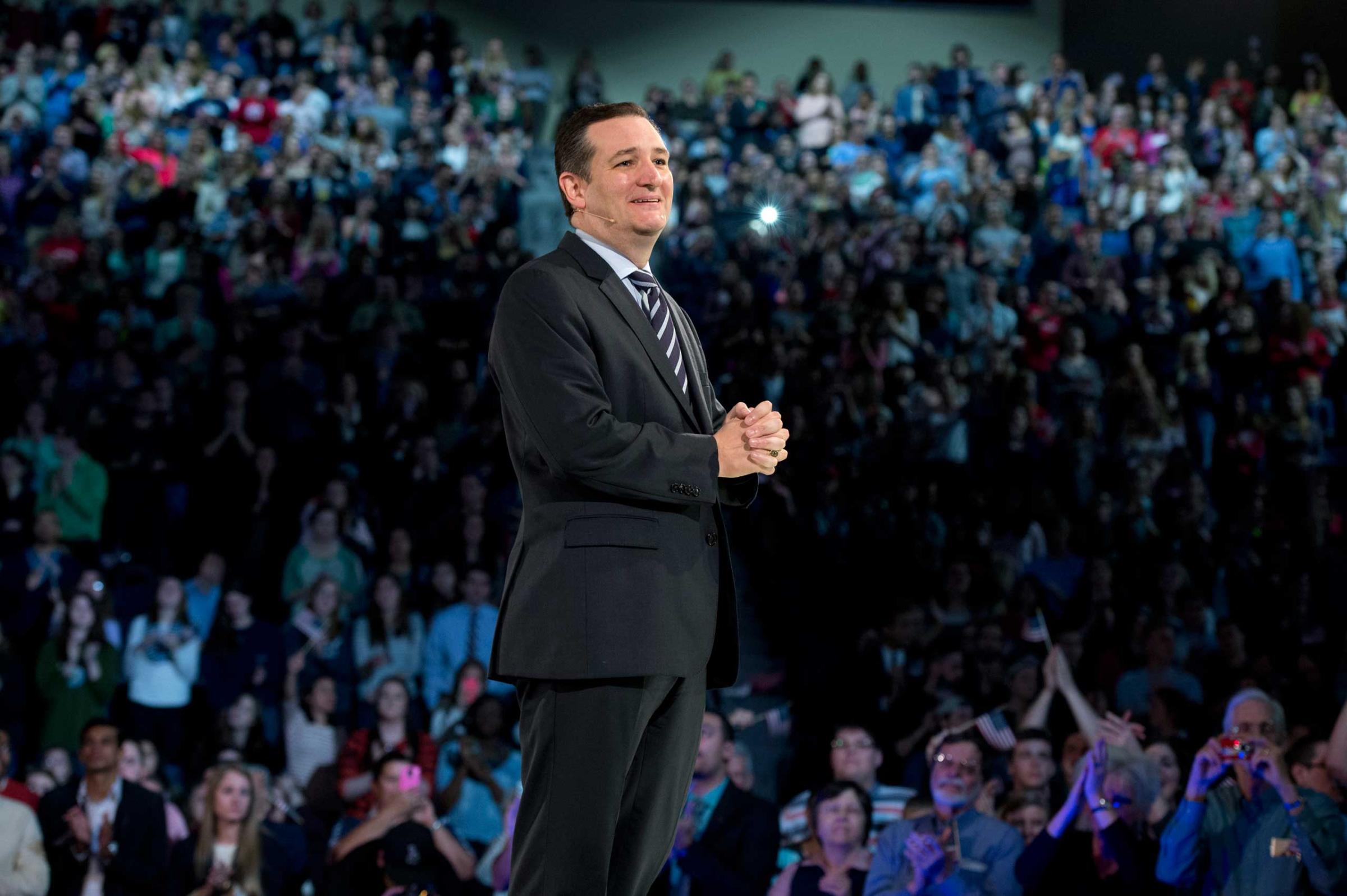
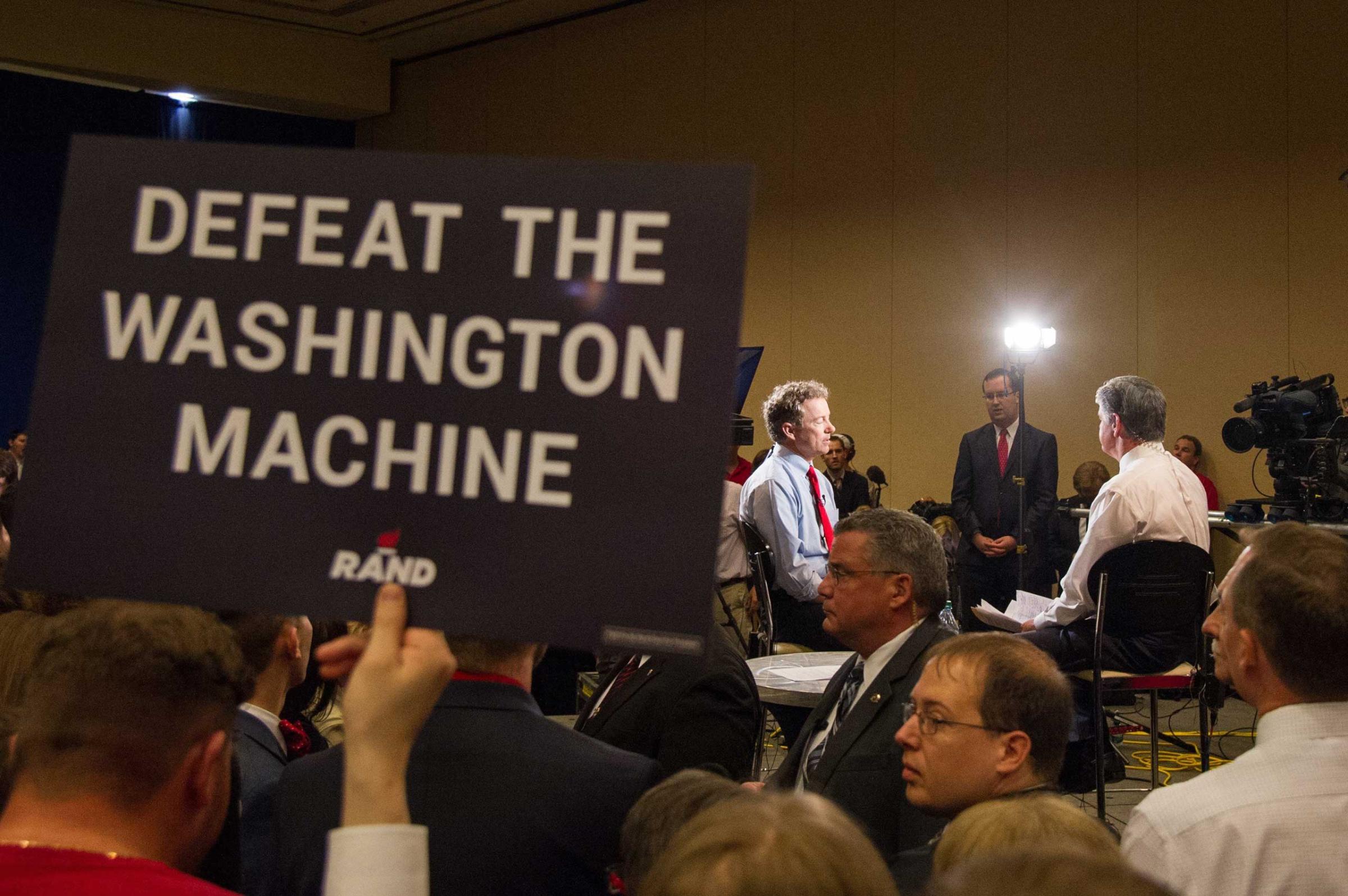
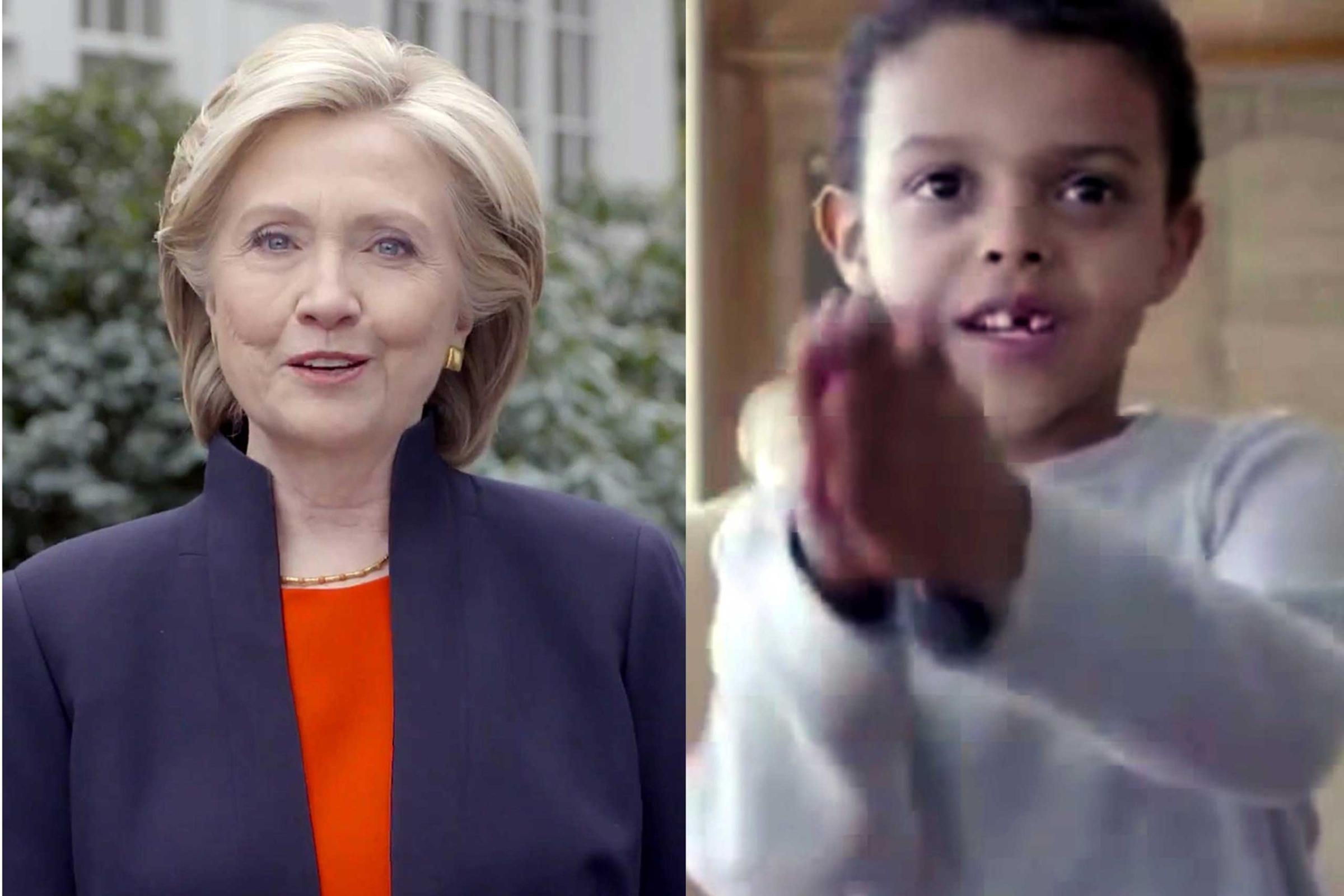
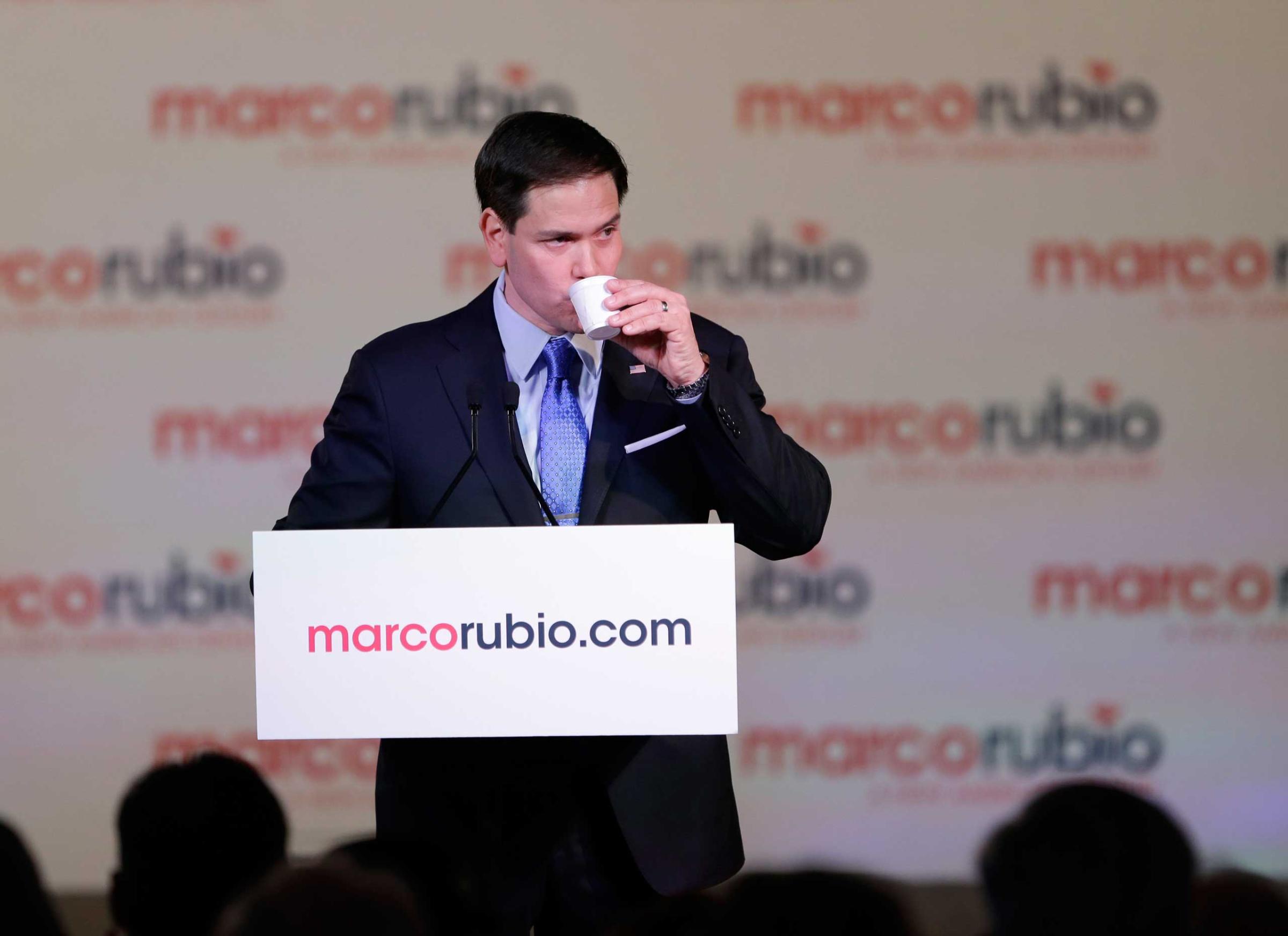
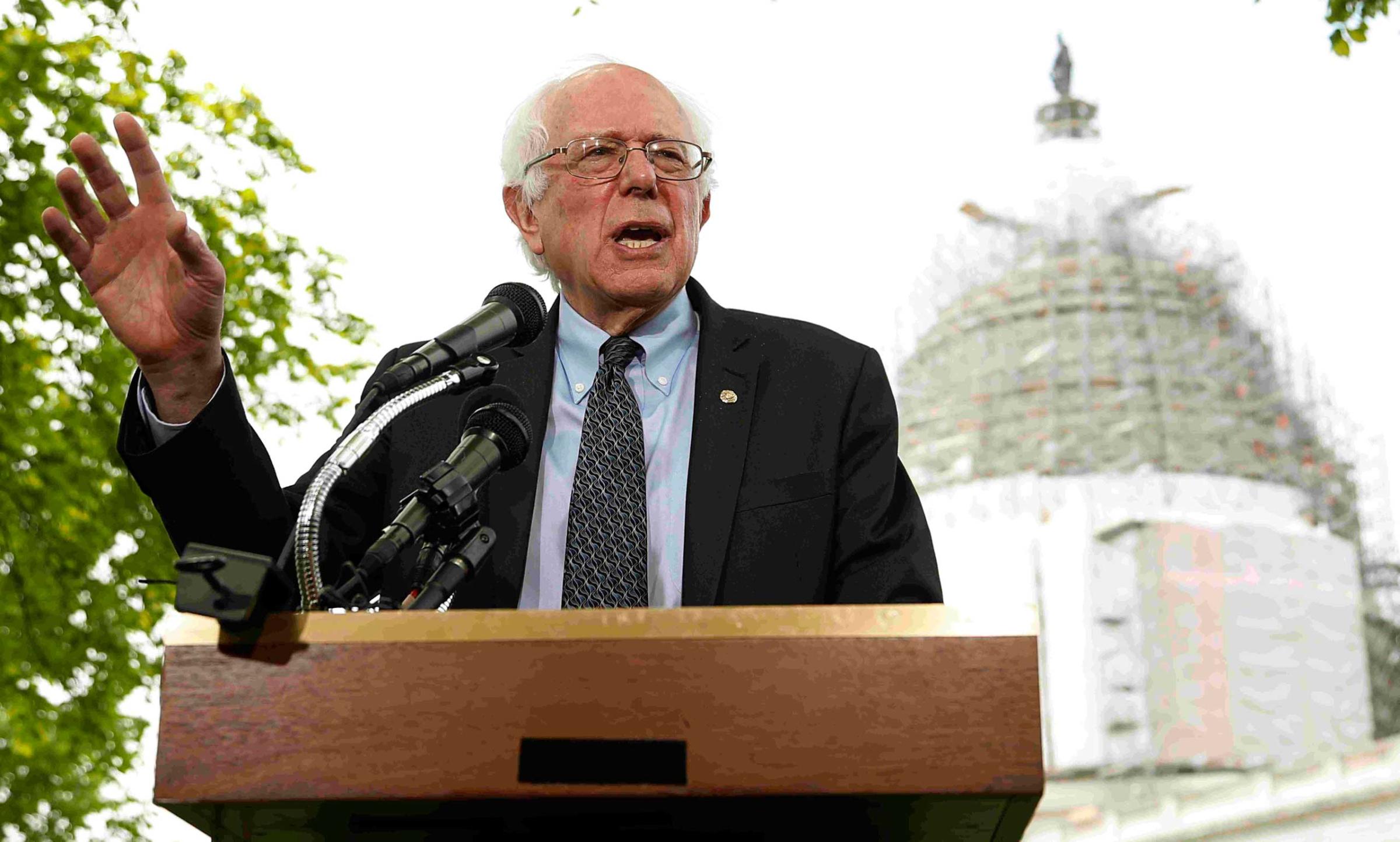
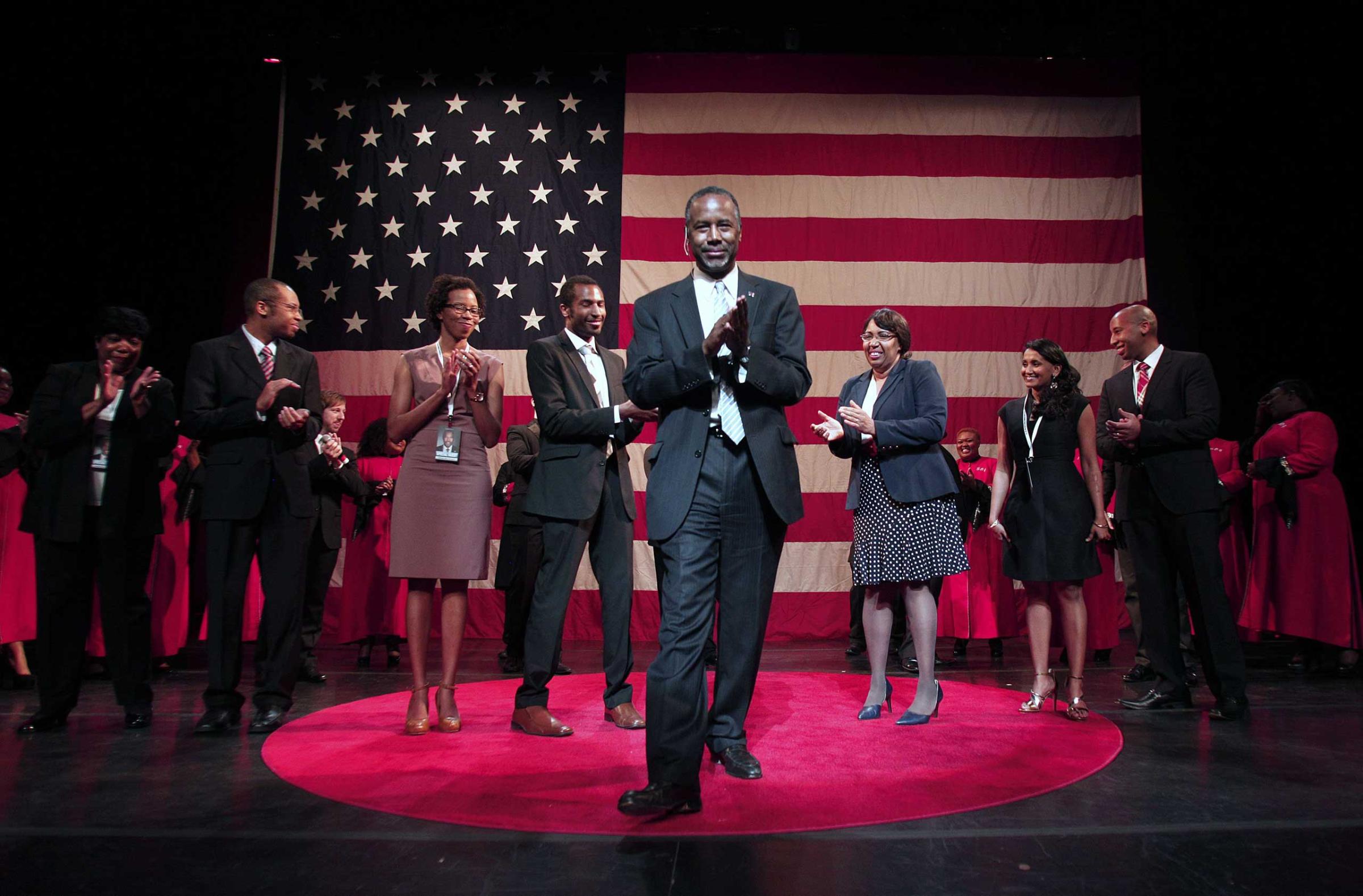
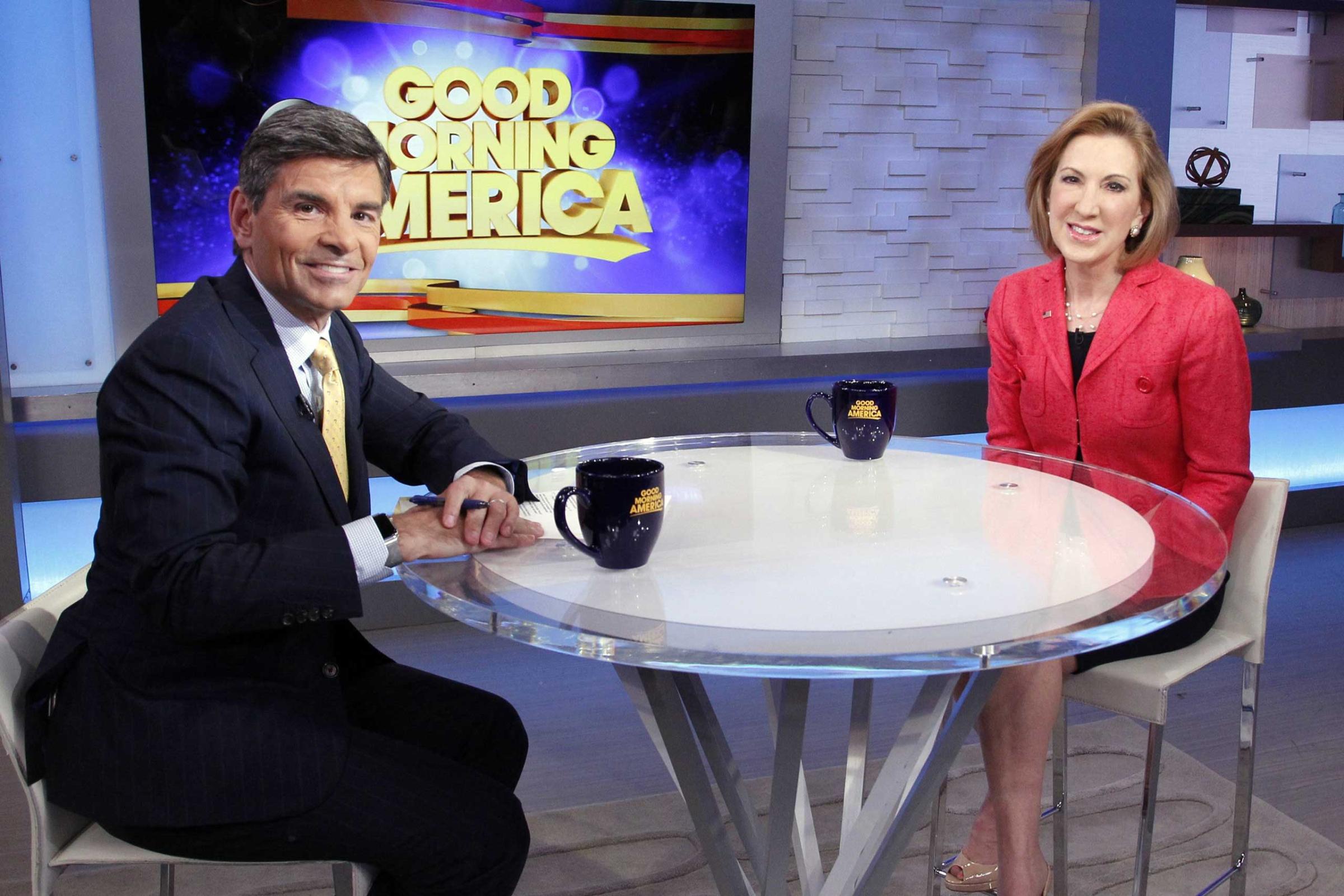
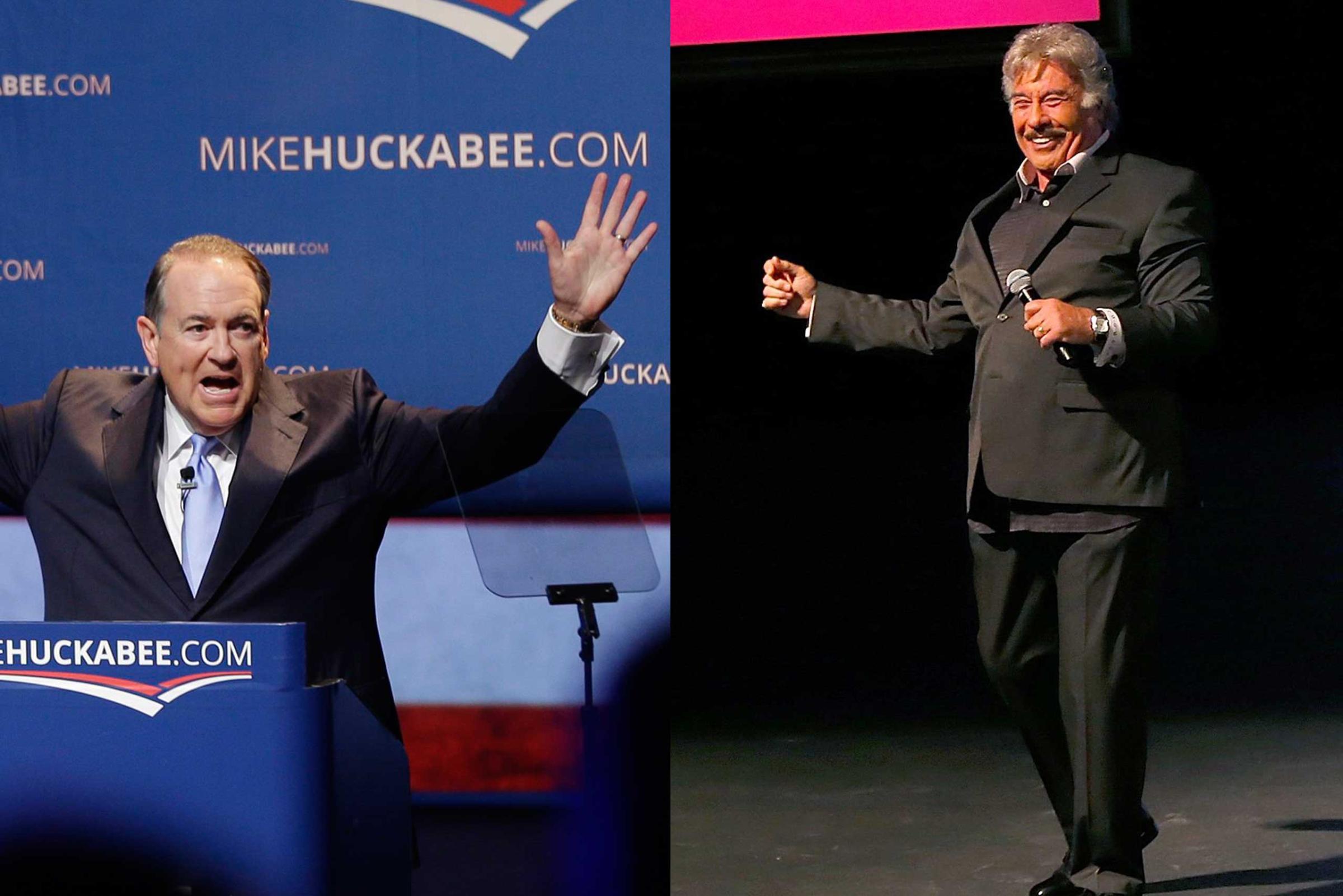
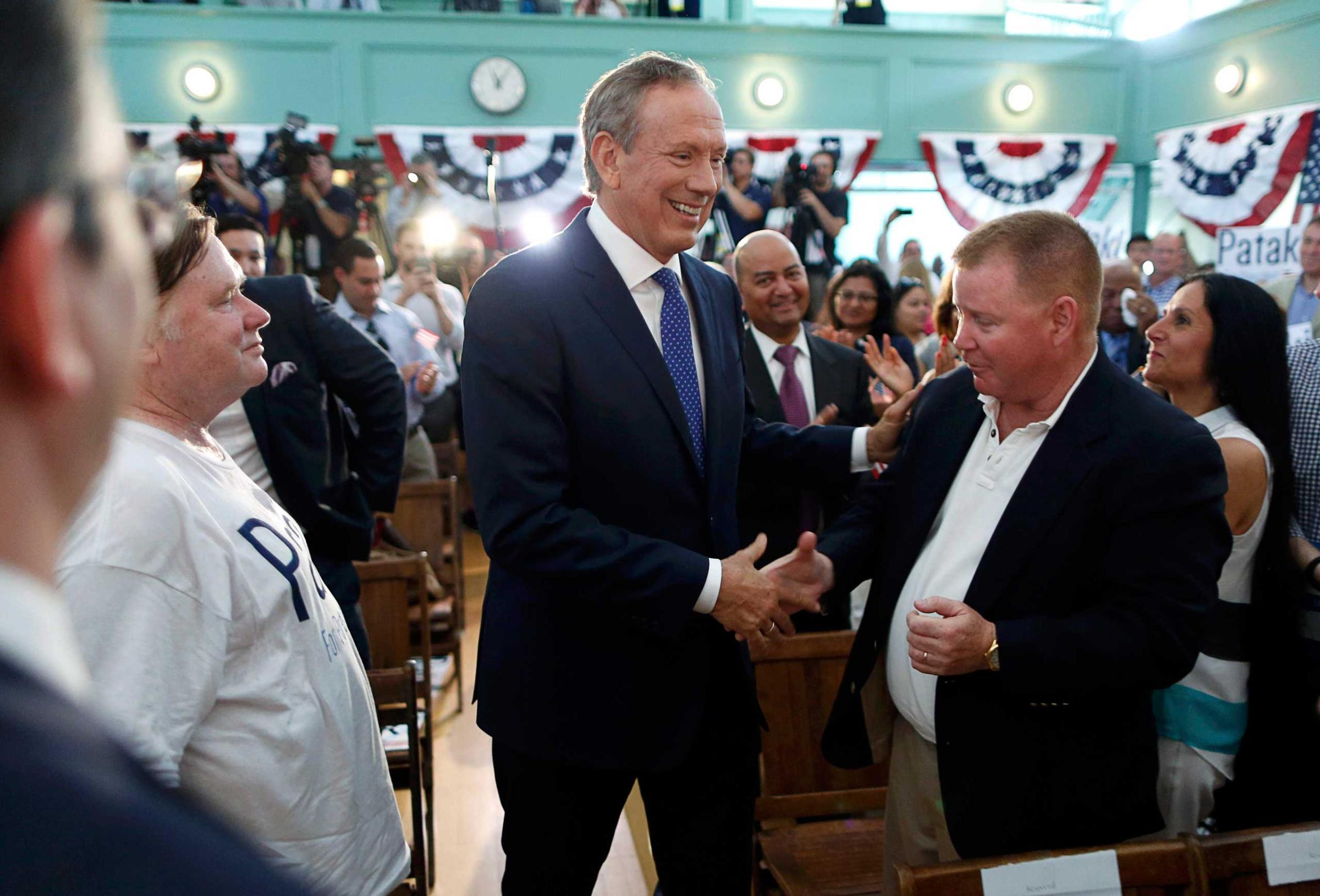
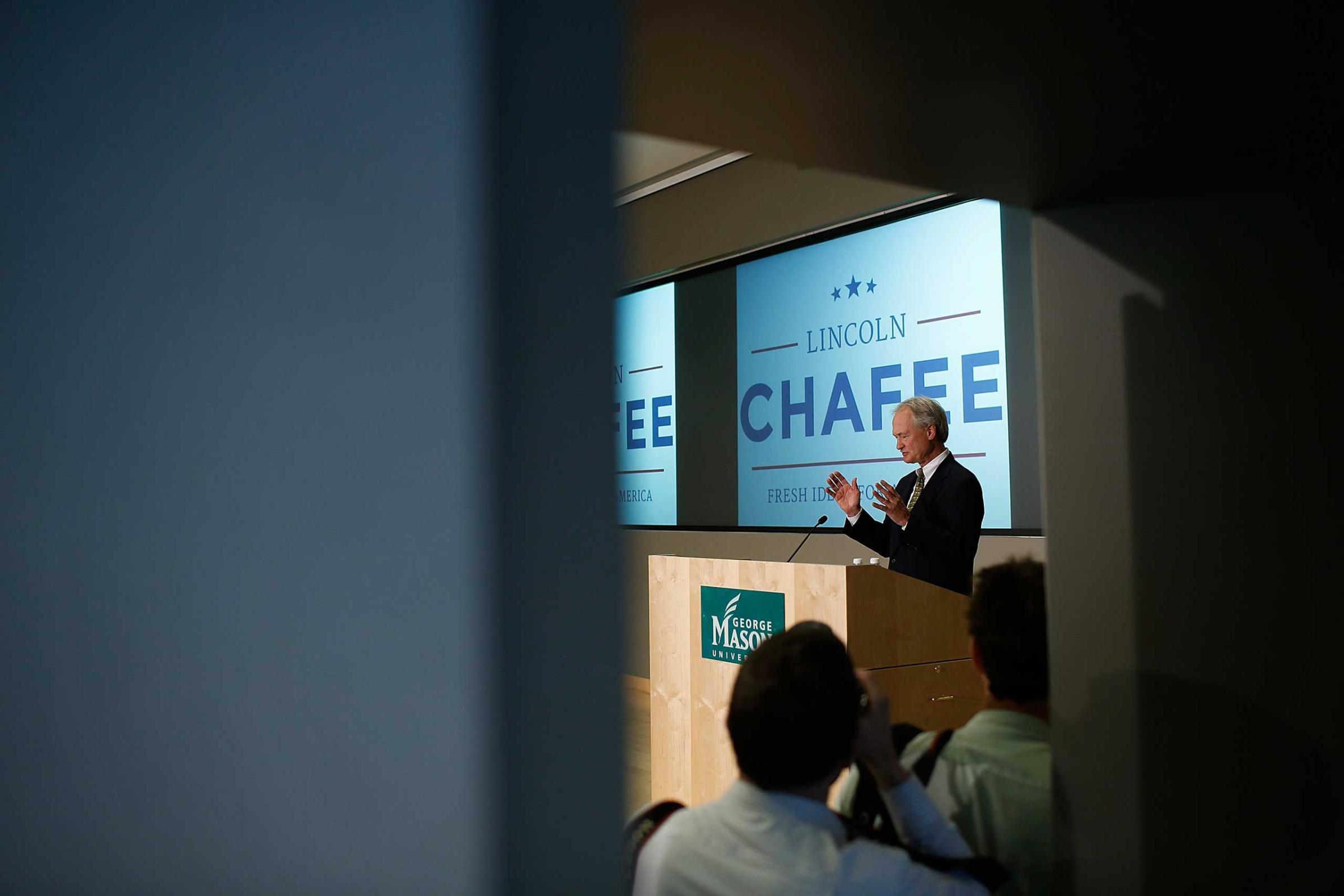
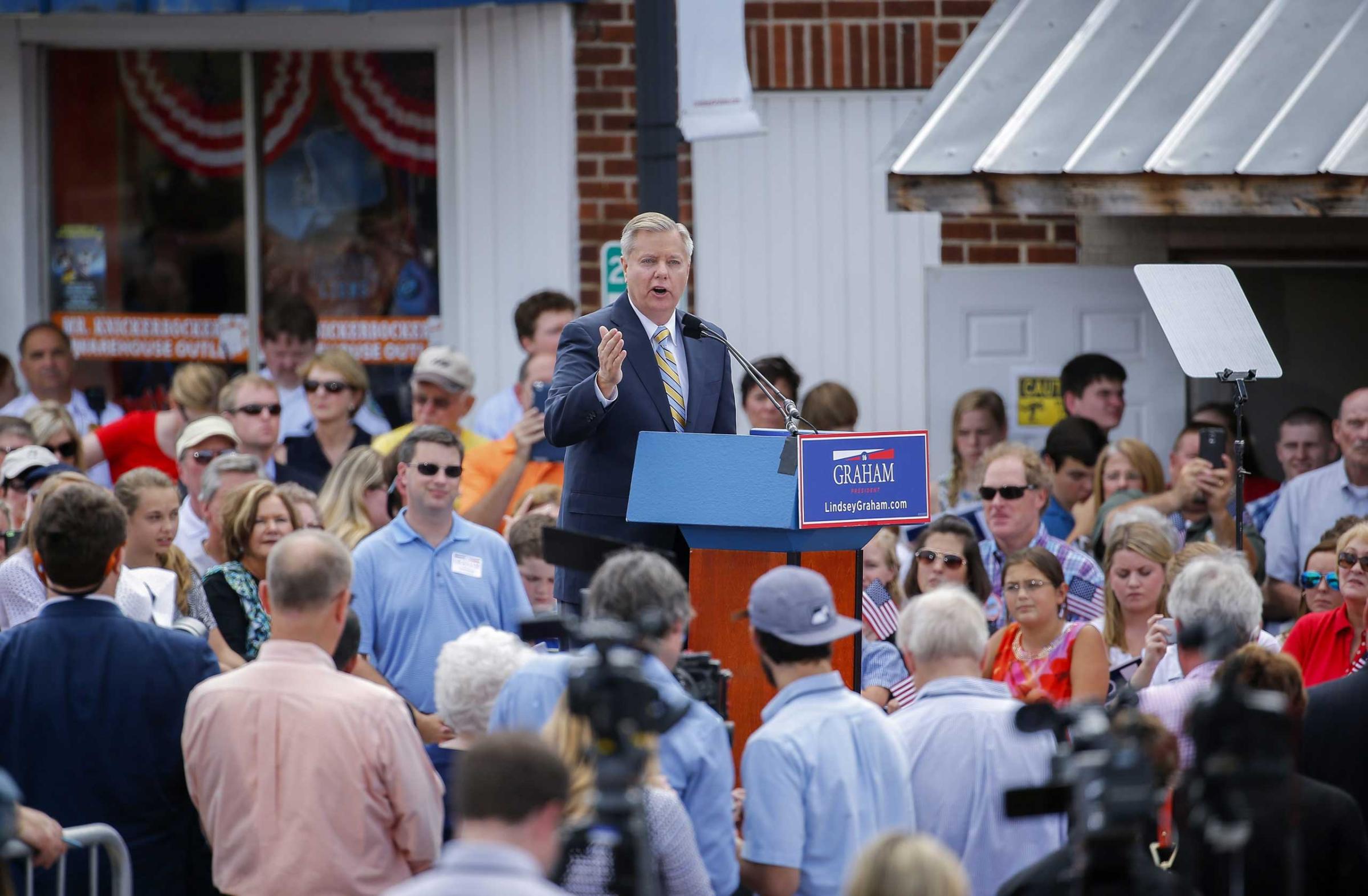
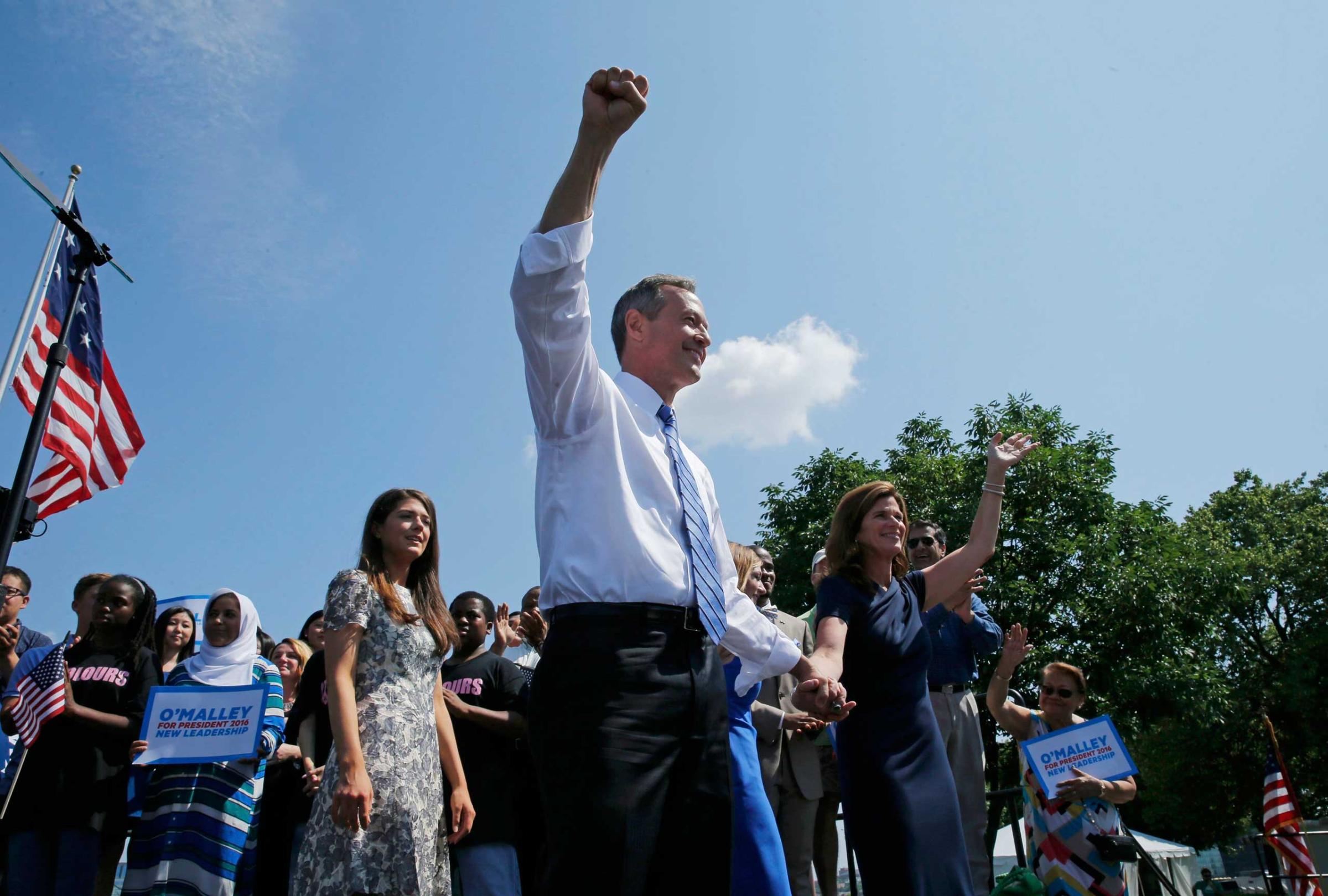
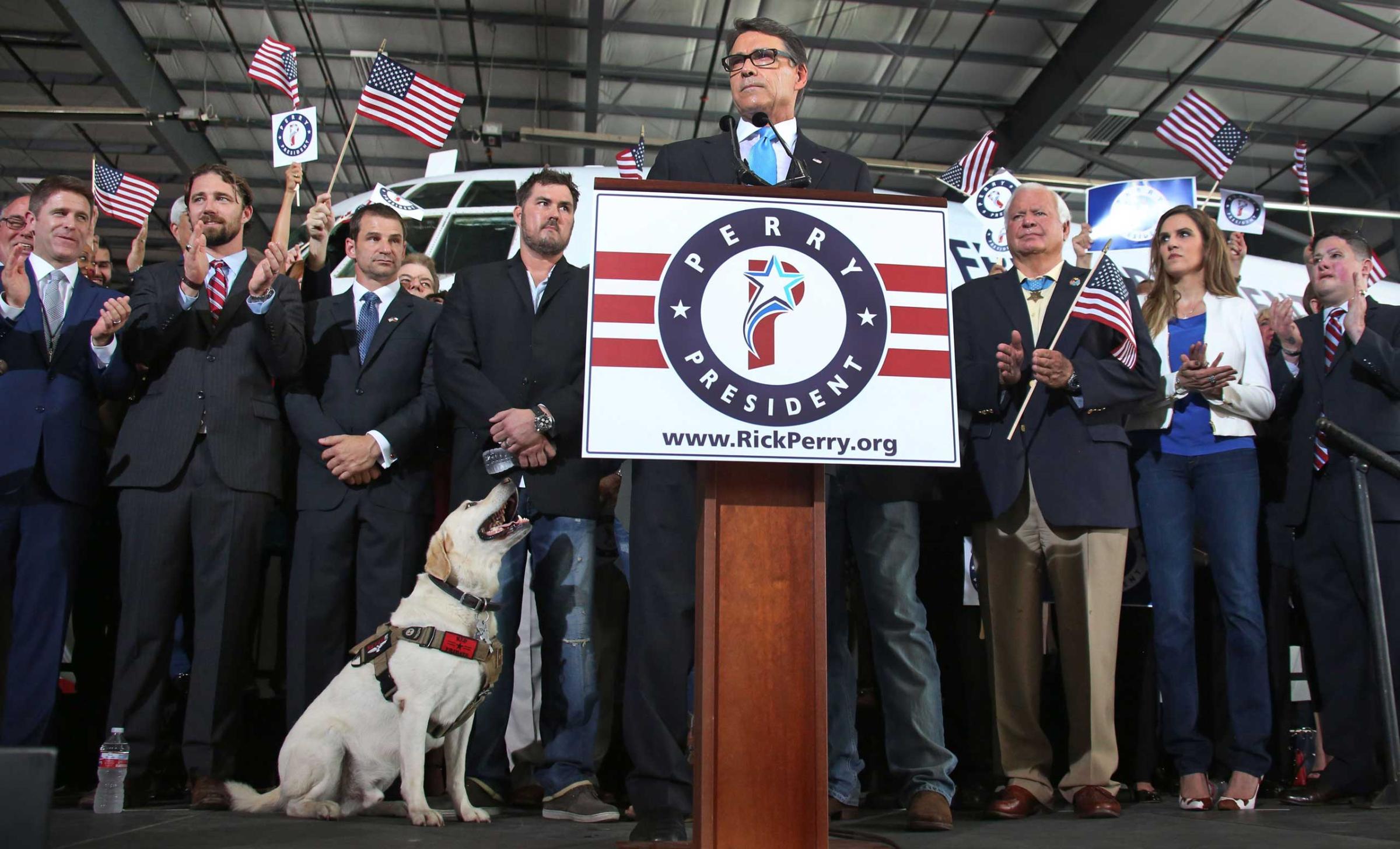
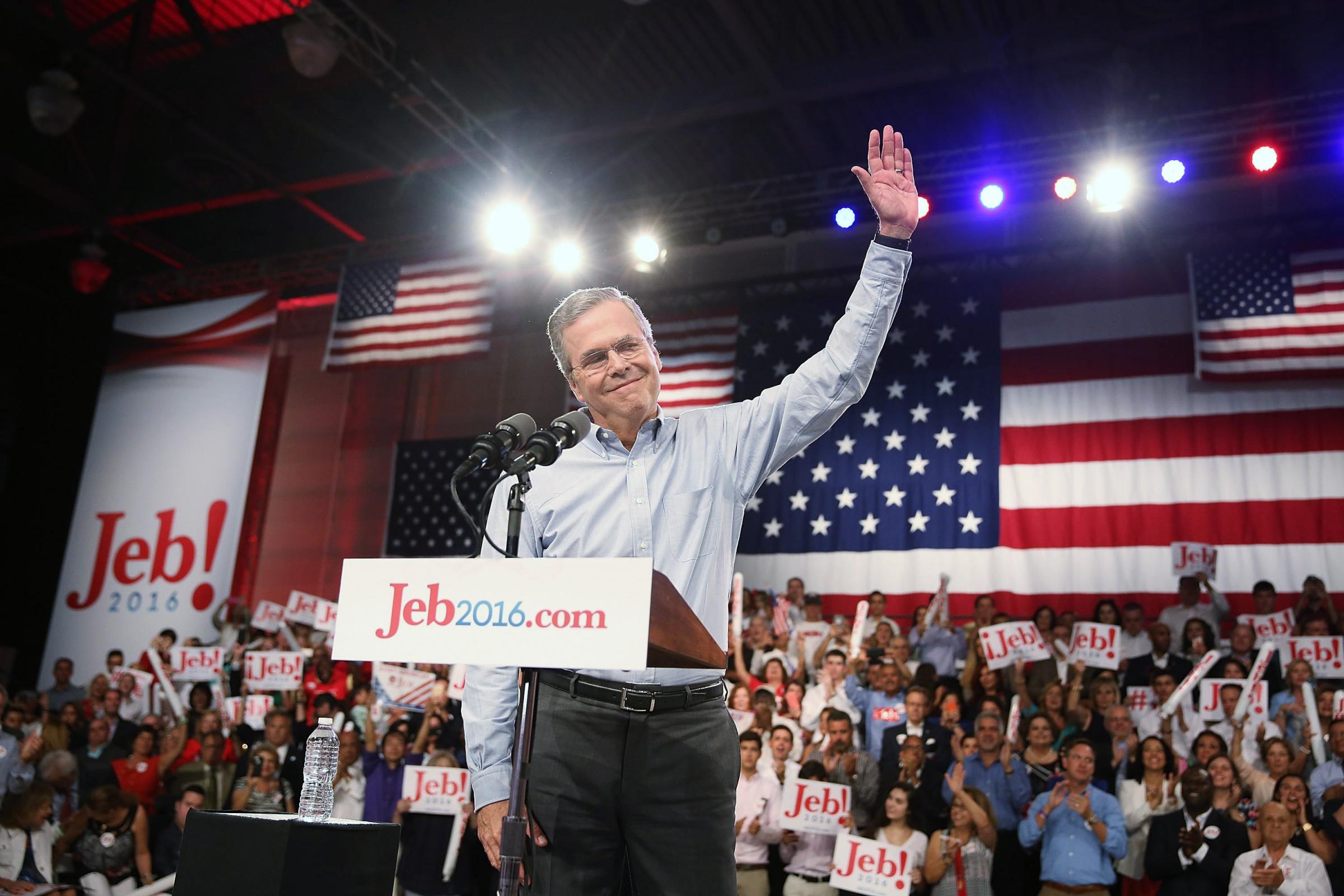
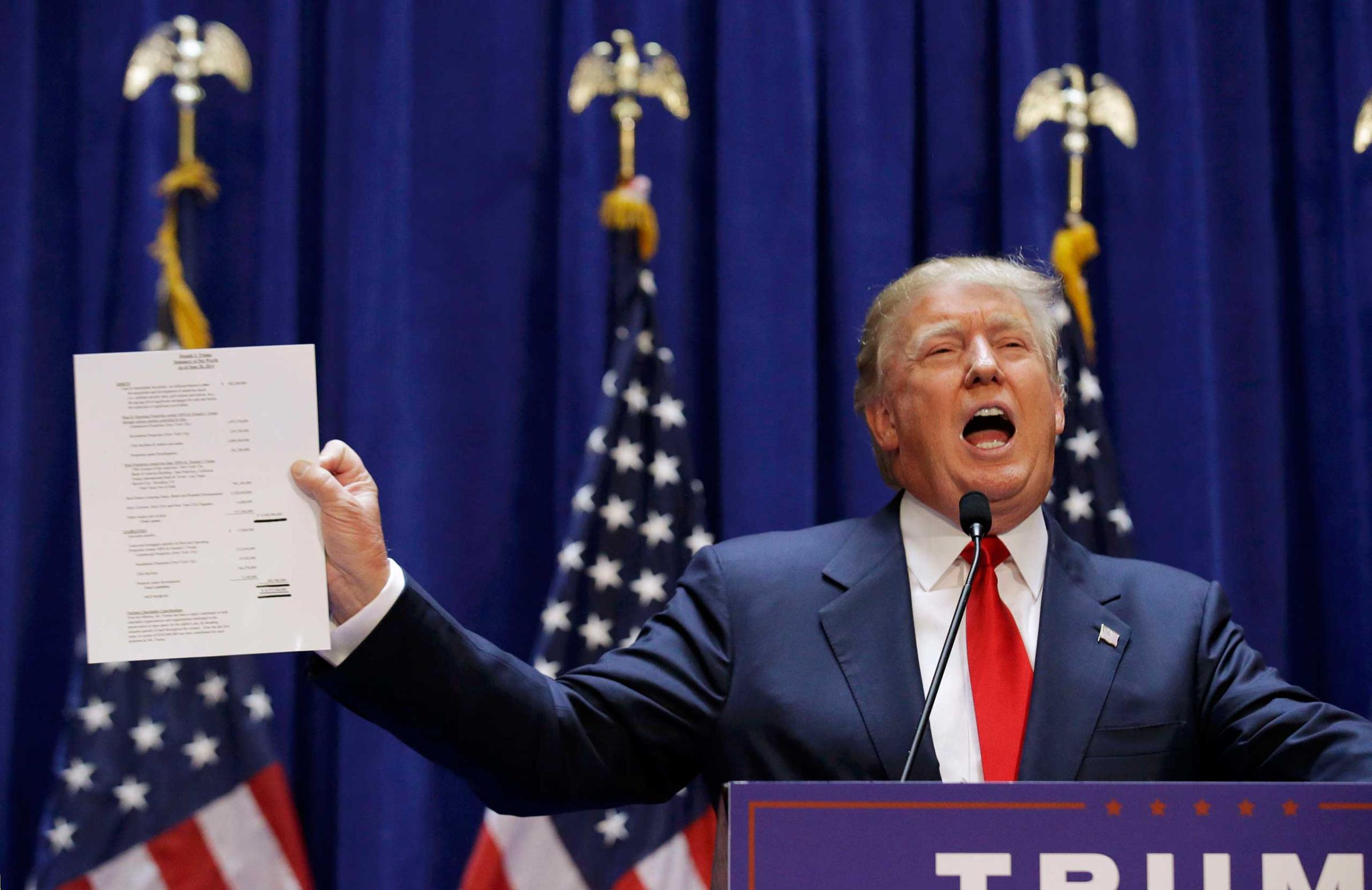
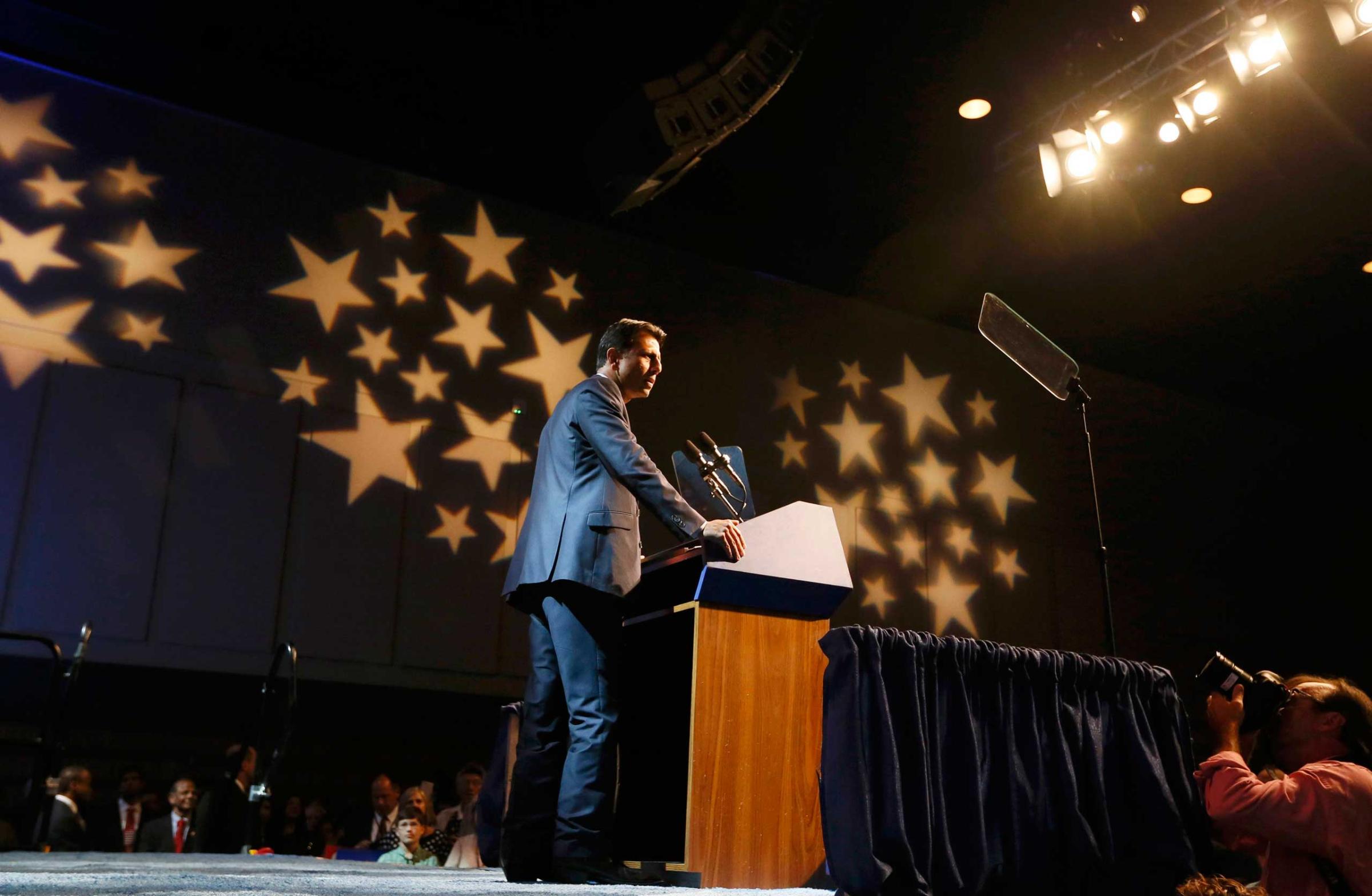
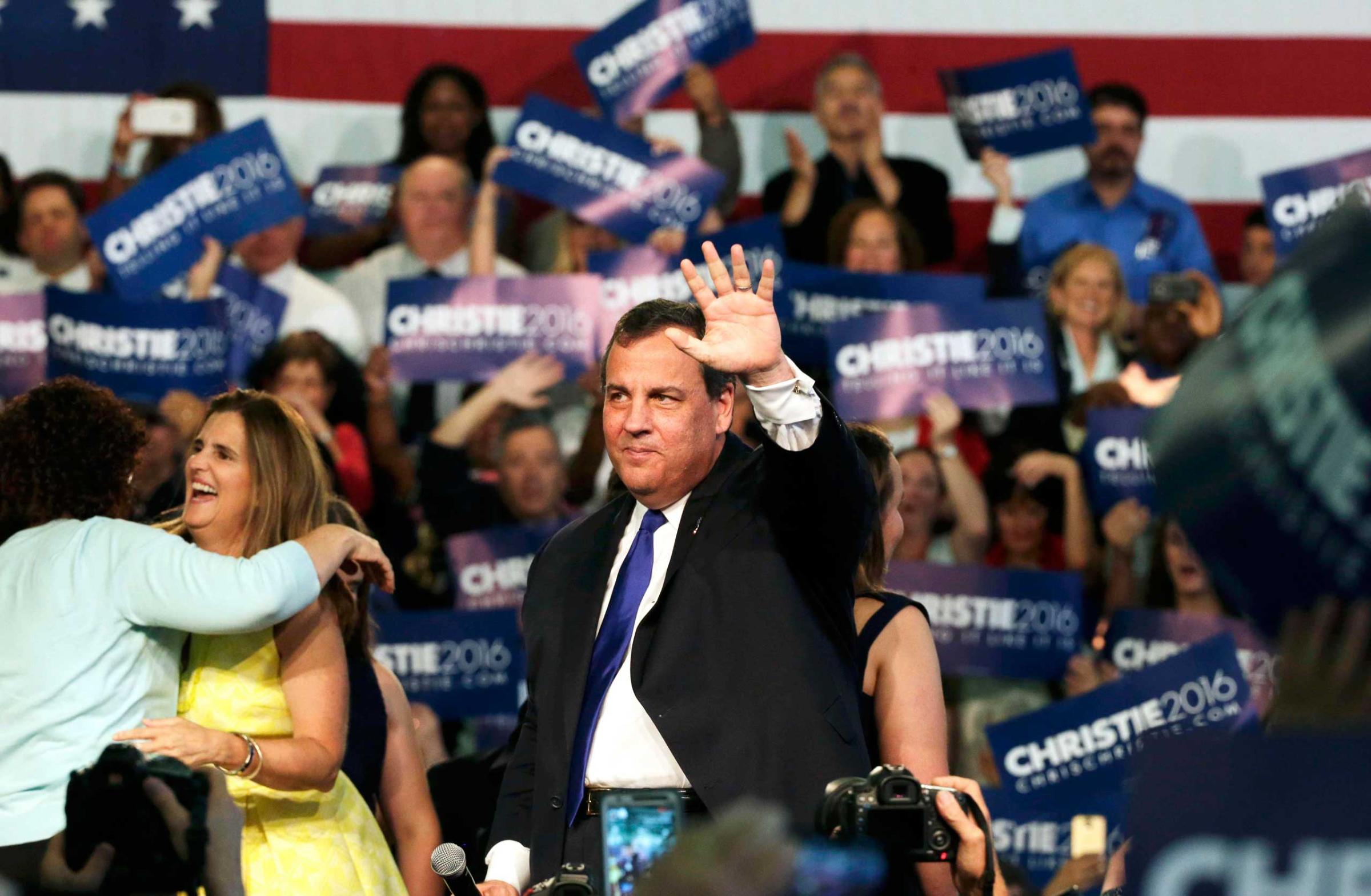
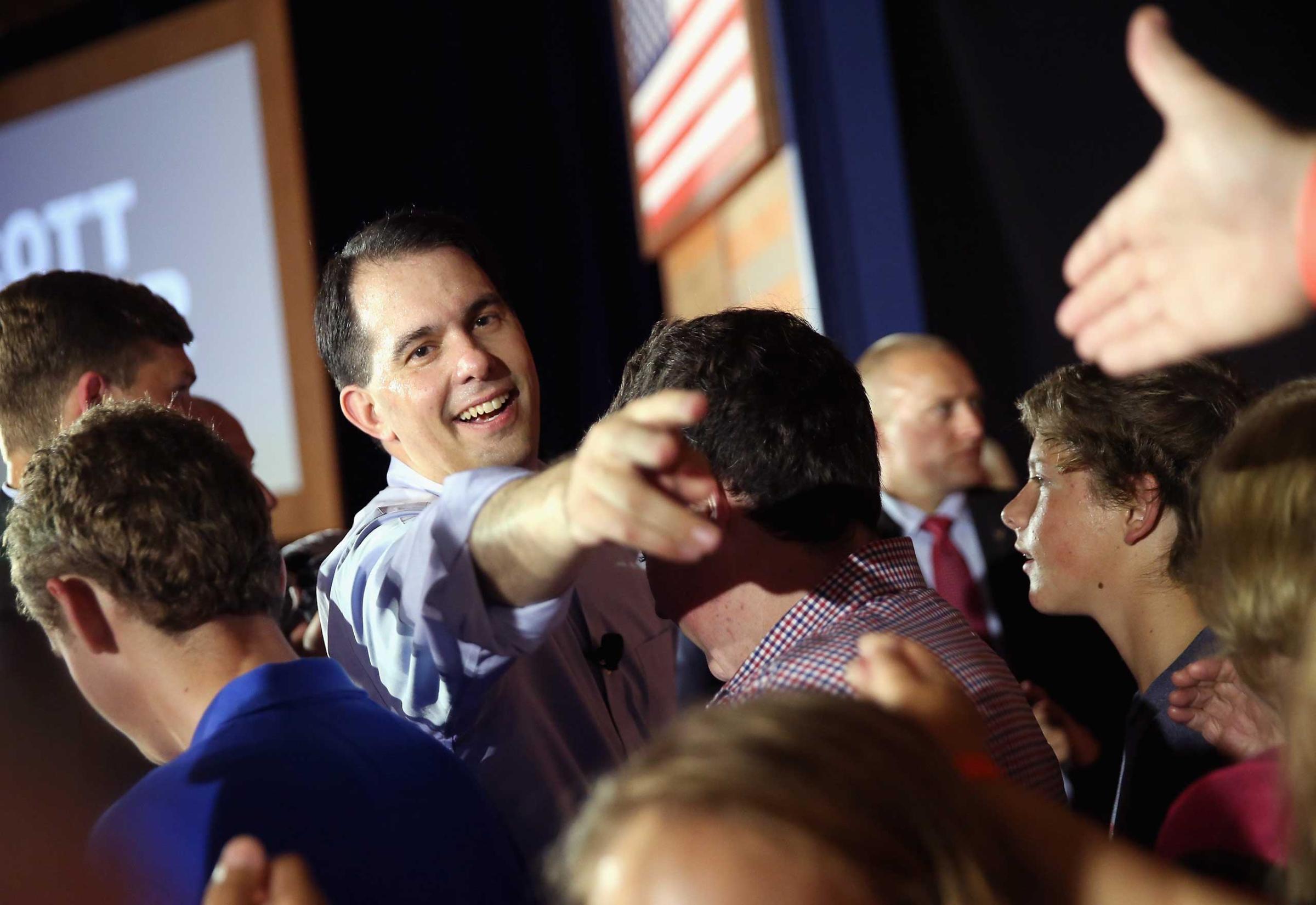
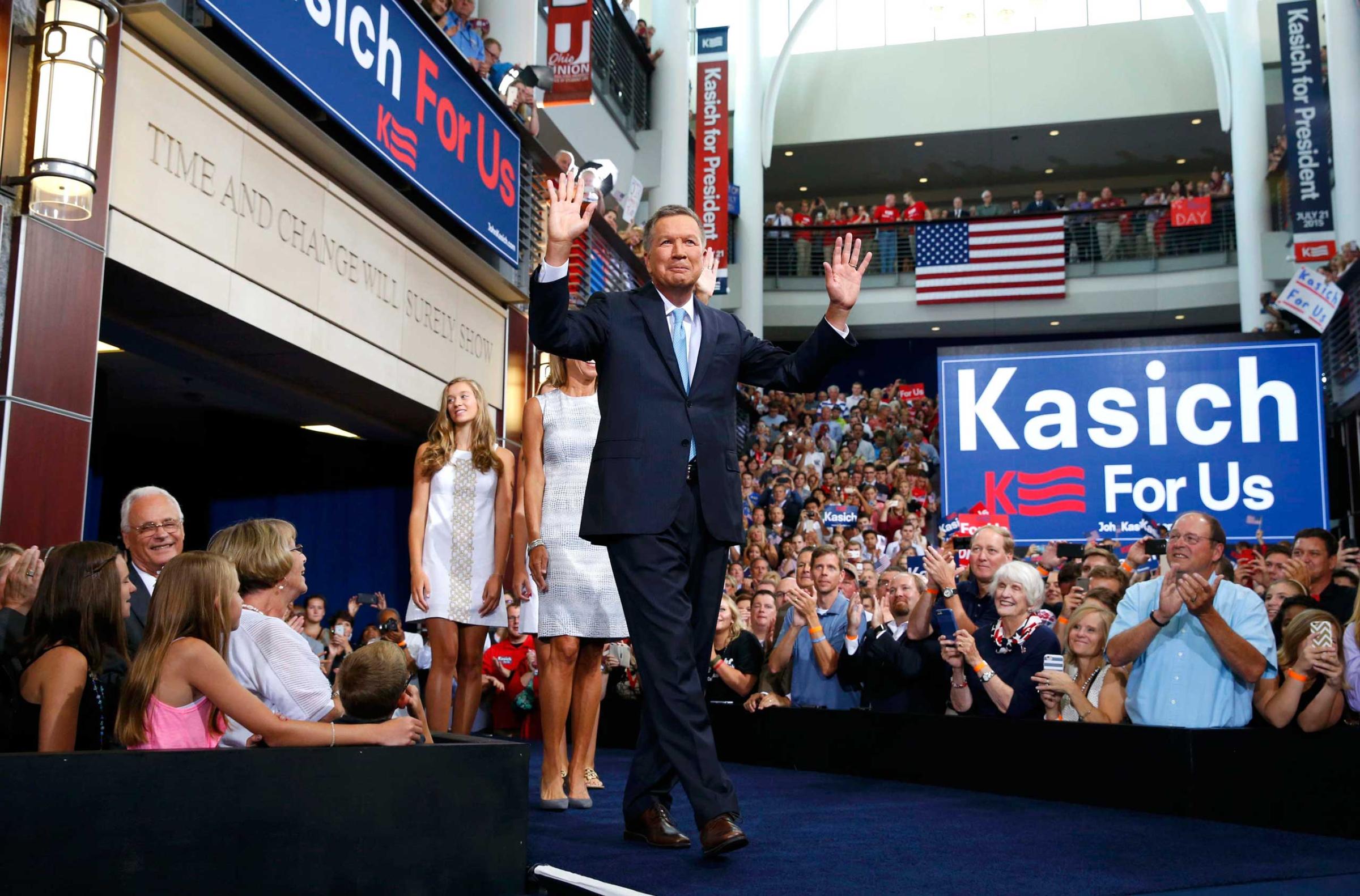
31 minutes. “Well, actually, I have been very consistent,” Clinton answers, which suggests the answer may be yes. Then she tries to explain her changes in position as natural evolutions, in response to facts.
32 minutes. Cooper won’t let up. He points out that she has described herself in the past year as both “being kind of moderate and center” and taking “a back seat to no one when it comes to progressive values.” This might fluster a lesser candidate, but Clinton is unflappable. “I’m a progressive. But I’m a progressive who likes to get things done,” she says. The crowd erupts in applause.
33 minutes. So Cooper tries Sanders. “How can any kind of socialist win a general election in the United States?” he asks. Sanders gives his standard answer, which is basically, Scandanavia is awesome! “I think we should look to countries like Denmark, like Sweden and Norway,” he says.
36 minutes. Clinton won’t let this slide. She has come to rumble. “We are not Denmark. I love Denmark. We are the United States of America,” she says. This means that she loves the USA more, and it is not going to elect some Swede-loving socialist, when there is a Denmark-loving Capitalist like her in the race. Or something like that.
38 minutes. Now Chafee gets a Cooper stinger. “You’ve only been a Democrat for little more than two years. Why should Democratic voters trust you won’t change again?” That is followed by an assault on fortress O’Malley, the former mayor of Baltimore: “Why should Americans trust you with the country when they see what’s going on in the city that you ran for more than seven years?” Then a zinger for Webb: “In 2006, you called affirmative action ‘state-sponsored racism.’” The candidates all have answers. But the questions are the thing that will be remembered.
43 minutes. Time to talk guns, which turns into time to attack Sanders, who comes from a gun-loving state. First Cooper comes at him, then Clinton, who attacks him for voting to give legal immunity for gun manufacturers. “Everybody else has to be accountable, but not the gun manufacturers,” she says of Sander’s position. “And we need to stand up and say: Enough of that.” She has come to fight and is landing punches. Sanders barely fights back, saying something about rural states and the need to build consensus. And he has a D- rating from the National Rifle Association.
48 minutes. O’Malley wants to get in on the action, so he accuses Sanders of pandering. “I have an F from the NRA, Senator,” O’Malley says. “I don’t think I am pandering. But you have not been in the United States Congress,” Sanders shoots back. “Well, maybe that’s a healthy thing,” O’Malley responds, for the win.
51 minutes. Webb is getting restless with all the other candidates talking. When Cooper tries to cut him off in his gun answer because he has gone over time, he gets punchy. “May I?” Webb says to Cooper. “People are going back and forth here for 10 minutes here.” Then he keeps talking. You don’t put Jim Webb in a corner, even if he is at 0.9% in the polls.
52 minutes. Foreign policy time. Sanders wins early by calling Syria “a quagmire in a quagmire,” the Russian nesting doll of swamp metaphors, or something. All the candidates basically say what you would expect about the Iraq war being a mistake. O’Malley, Chafee and Sanders gang up on Clinton for her vote in favor of the Iraq war. “People feel like a lot of our legislators got railroaded in a war fever and by polls,” says O’Malley.
60 minutes. Webb is getting more and more impatient. “Anderson, can I come into this discussion at some point?” he says. “I’ve been standing over here for about ten minutes, trying.” Cooper makes him wait more. Clinton offers her comeback to O’Malley for criticizing her Iraq war vote. “I have to say, I was very pleased when Governor O’Malley endorsed me for president in 2008, and I enjoyed his strong support in that campaign,” she says. “And I consider him, obviously, a friend.” This is a brilliant counter. She just cut him down with a hug.
61 minutes. It is clear that Clinton is alone on stage playing at her level. Sanders has been on defense. O’Malley is too smooth and rehearsed to land his punches. Webb is obsessed with equal time. And it’s not clear why Chafee is even there, besides the stuff about the President also being a world leader. Meanwhile, Clinton is calmly laying out the rationale for a no-fly zone in Syria. “I’m trying to figure out what leverage we have to get Russia to the table,” she says. “You know, diplomacy is not about getting to the perfect solution. It’s about how you balance the risks.” They are the pupils. She is the teacher.
62 minutes. Webb finally gets to talk. He is asked about Libya and he argues that the Iran nuclear deal led indirectly to the Russian military involvement in Syria. Then he says the real problem is China. The speaking time frustration has him all off. He is trying to shove too much into a single answer. Cooper moves to shut him down for going over time. “I’ve been waiting for 10 minutes,” Webb shoots back. “I will say this.” So he does.
63 minutes. Strangely, Sanders argues that Russian President Vladimir Putin has made a mistake in going to Syria, because of the potential for public opinion to turn against him in Russia. The answer does not demonstrate insight into the physics of the Russian democracy, such as it is.
See the 2016 Candidates Looking Very Presidential
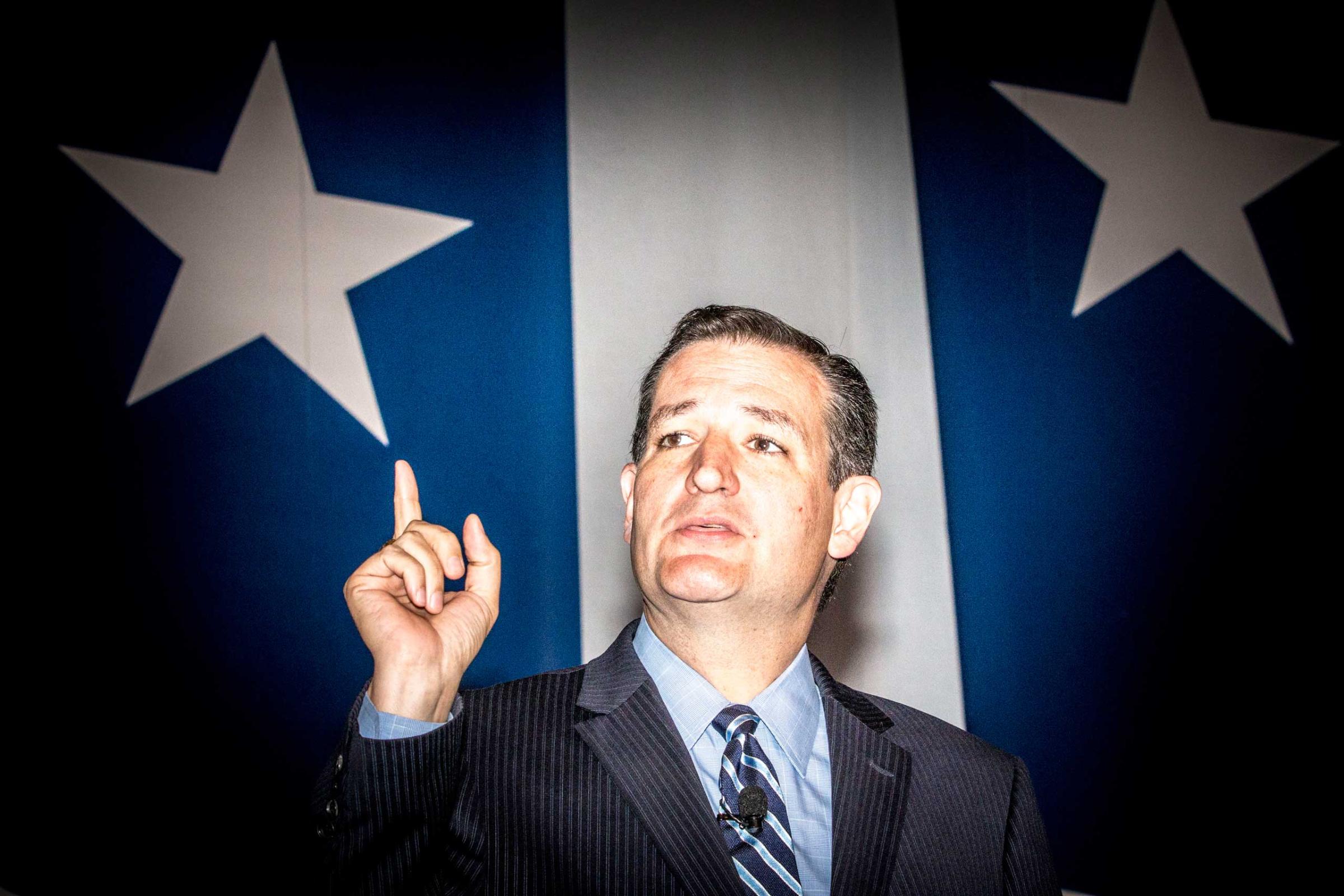
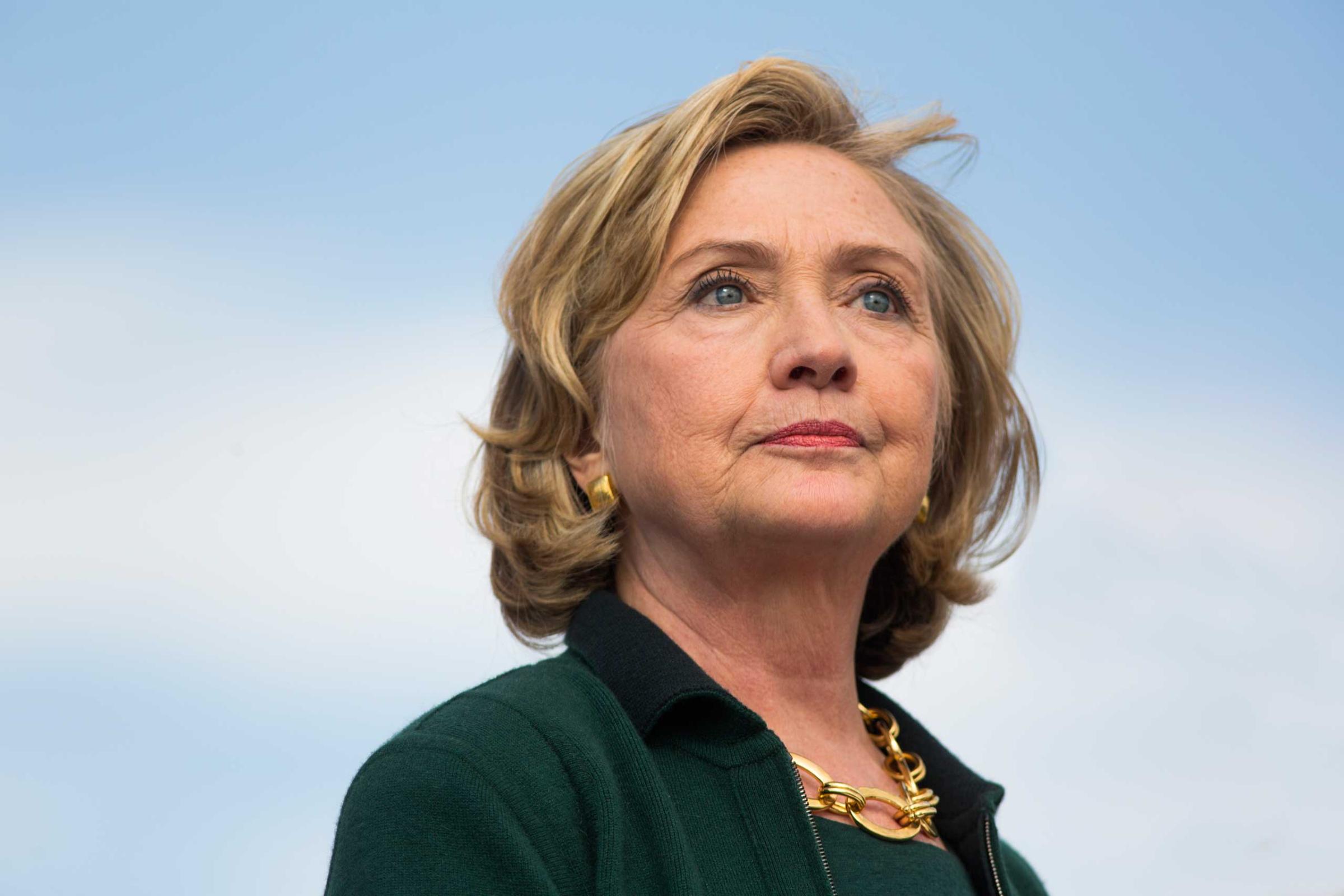
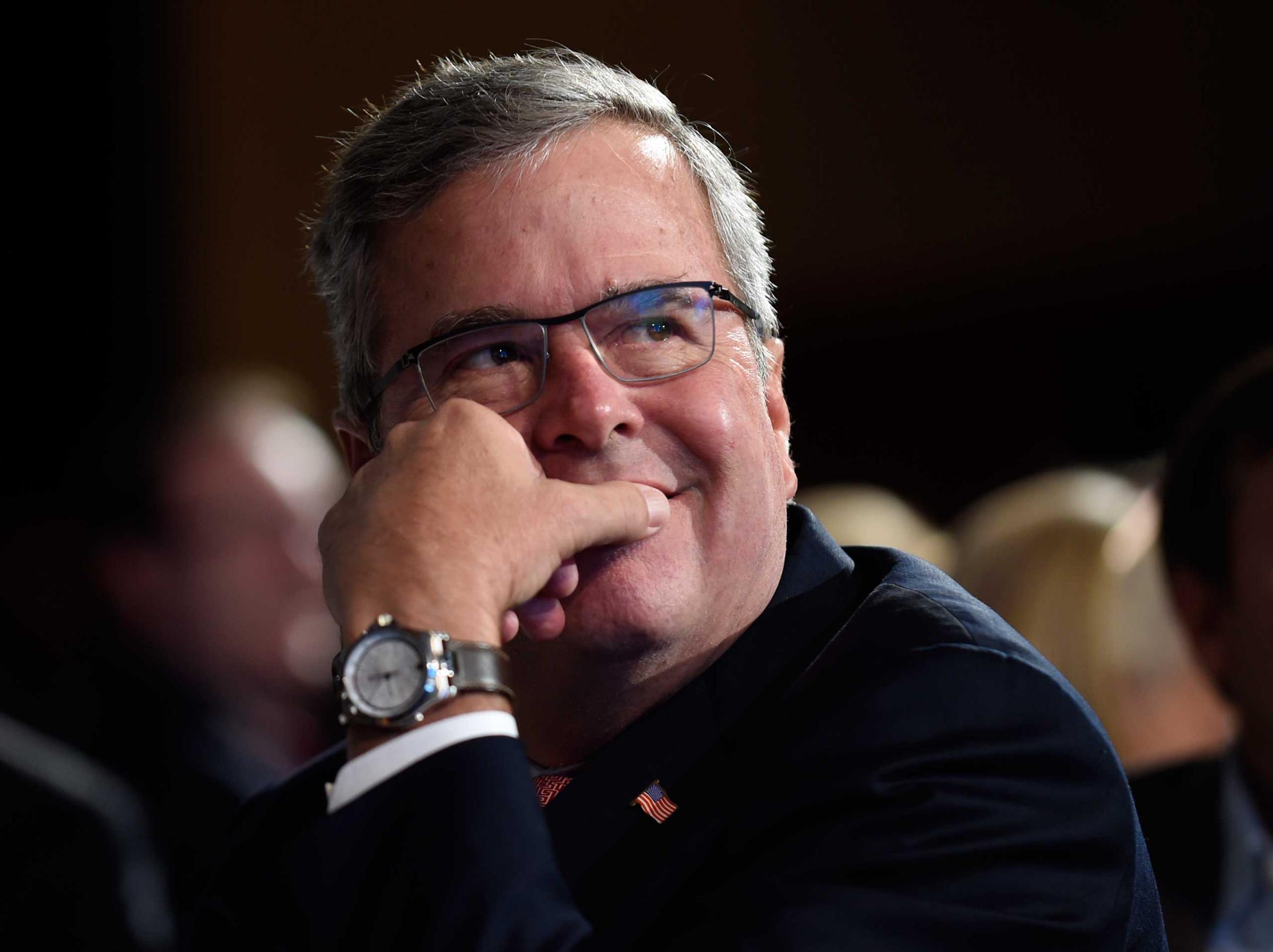
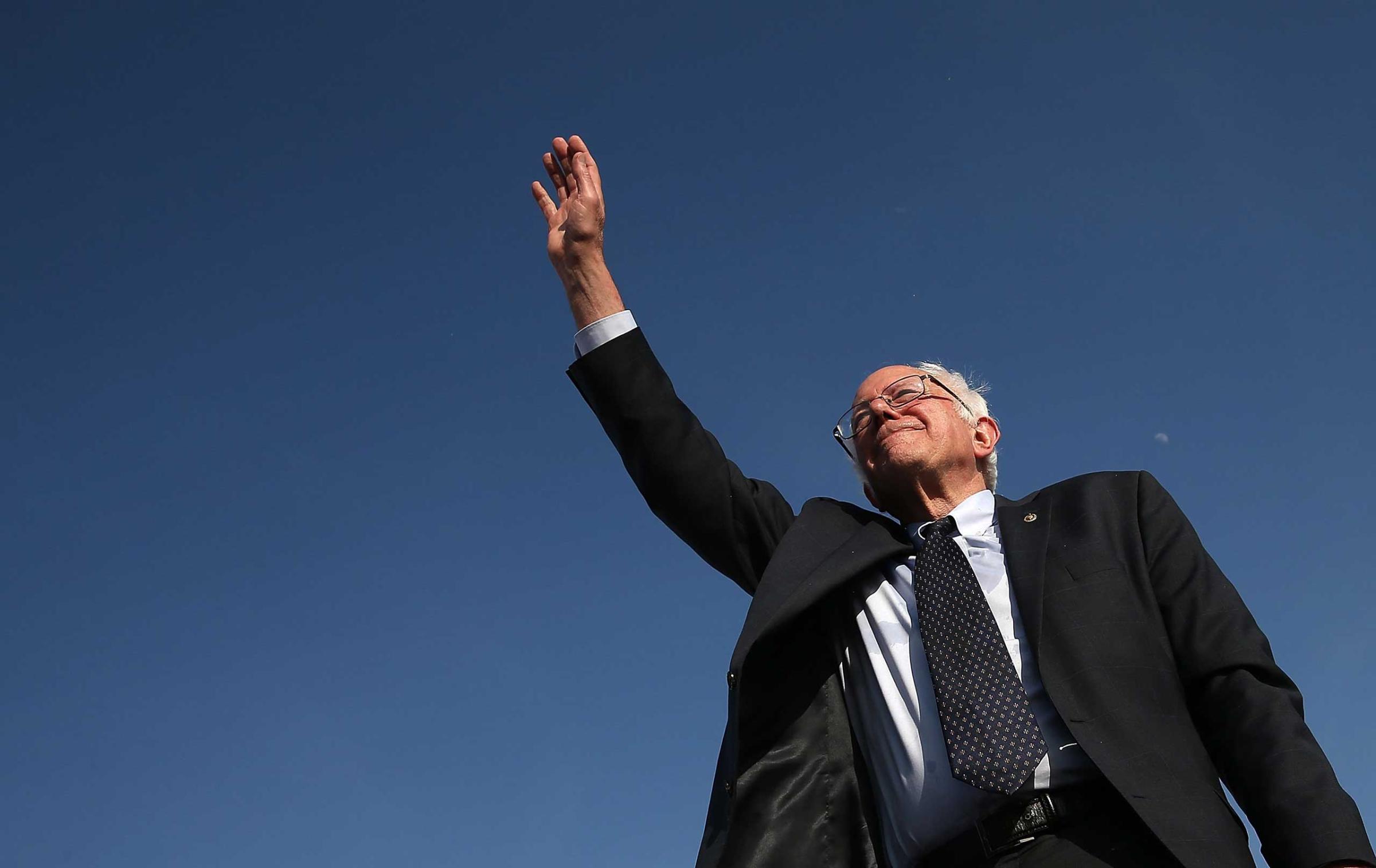
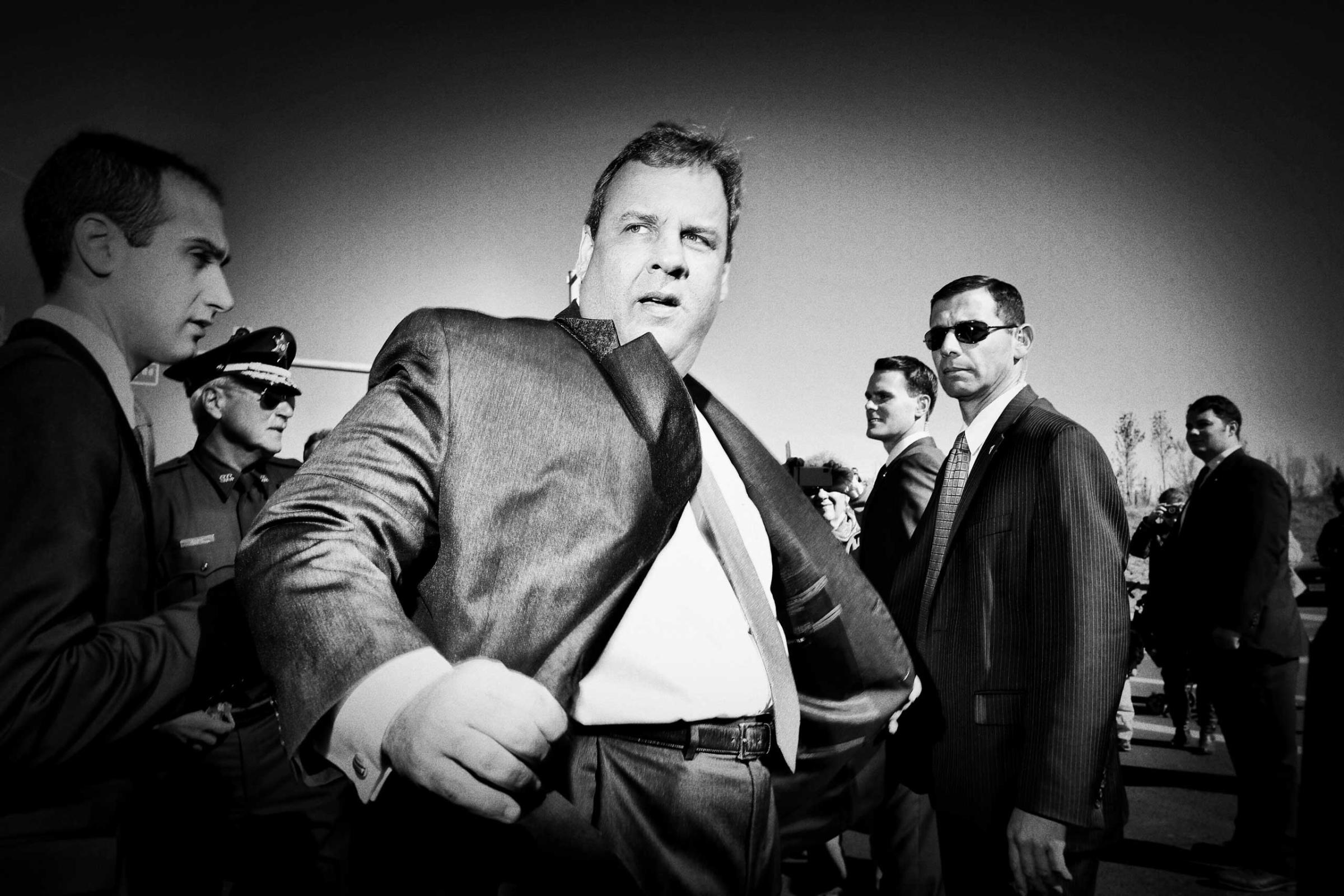
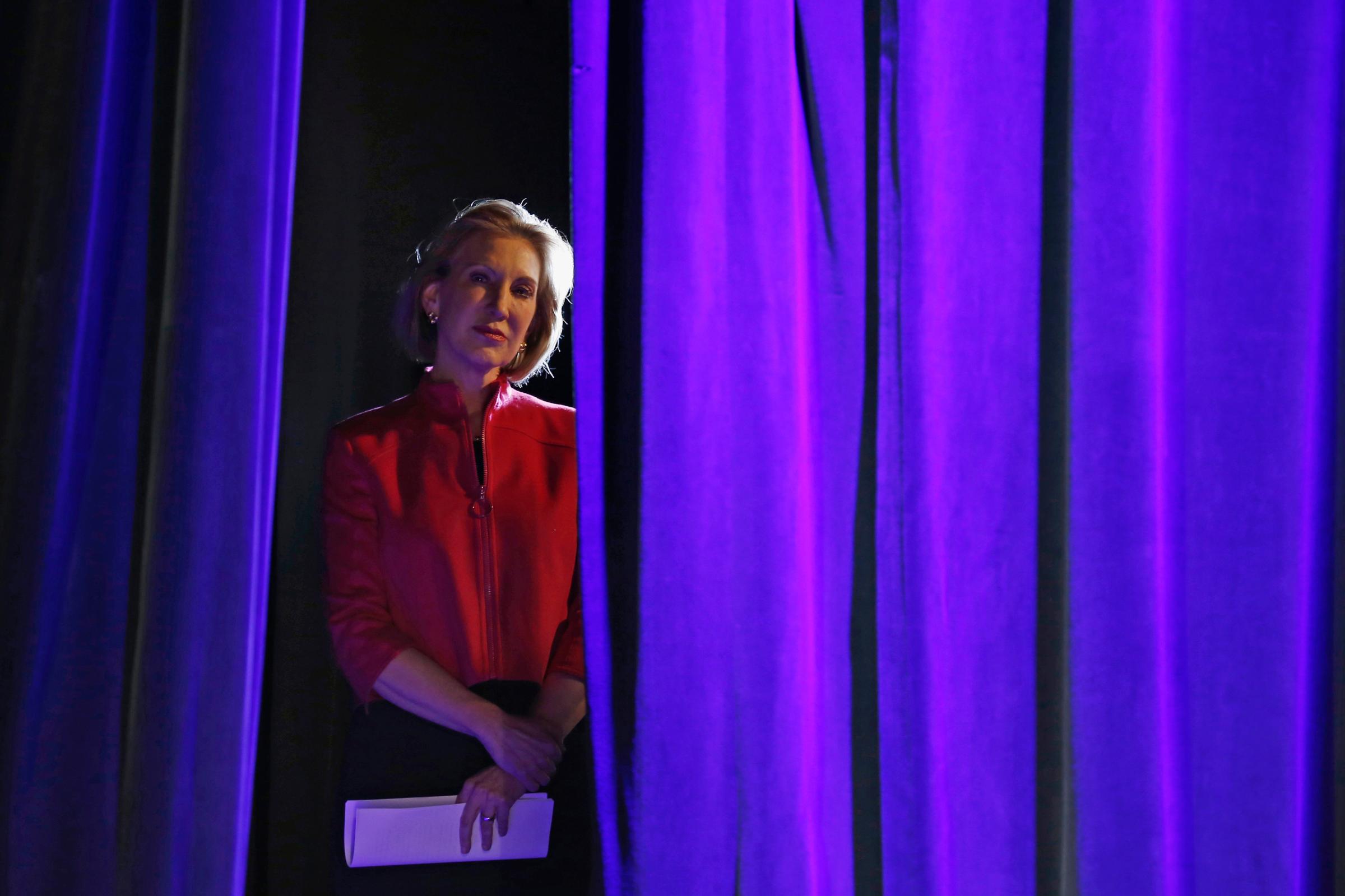
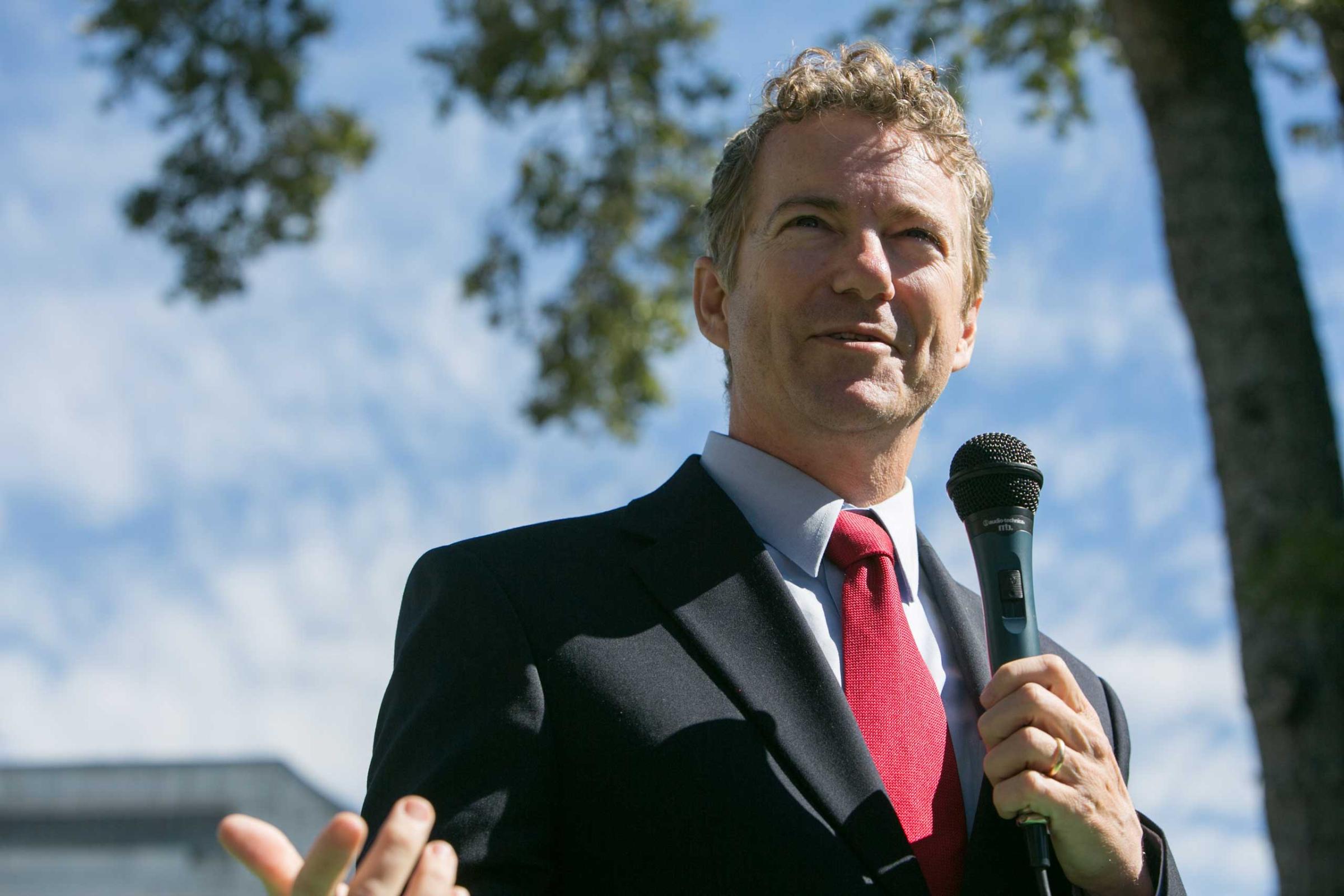
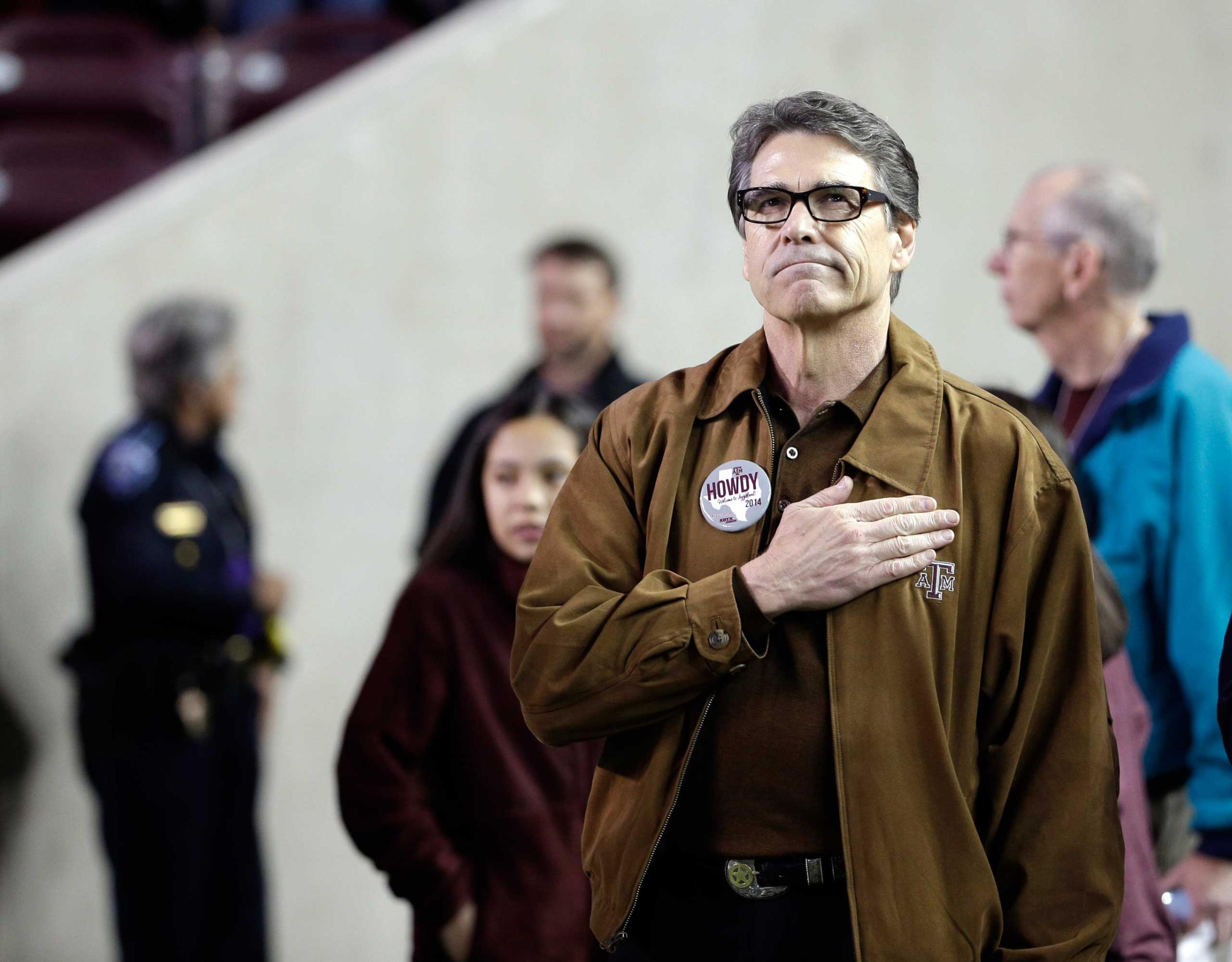
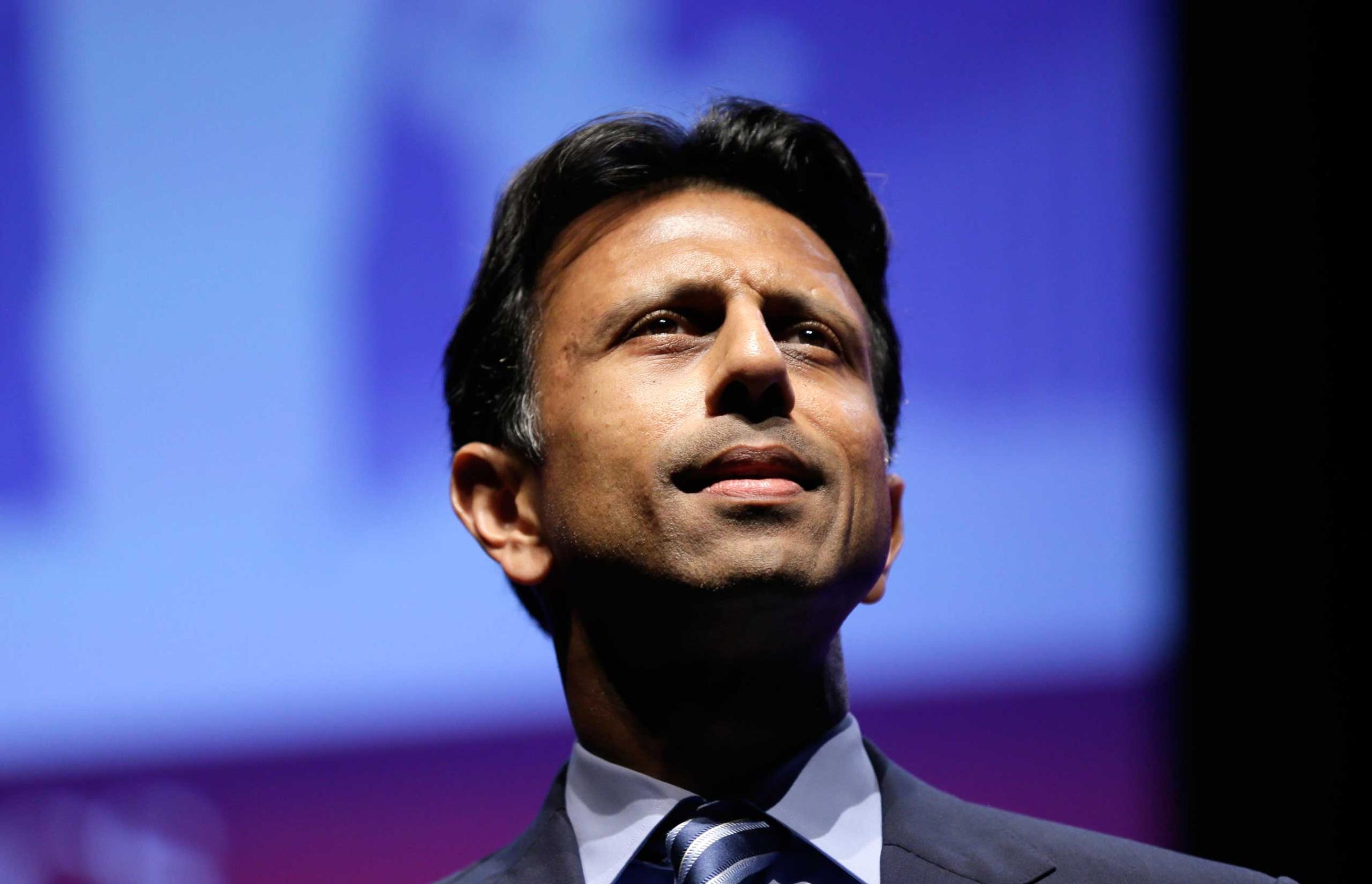
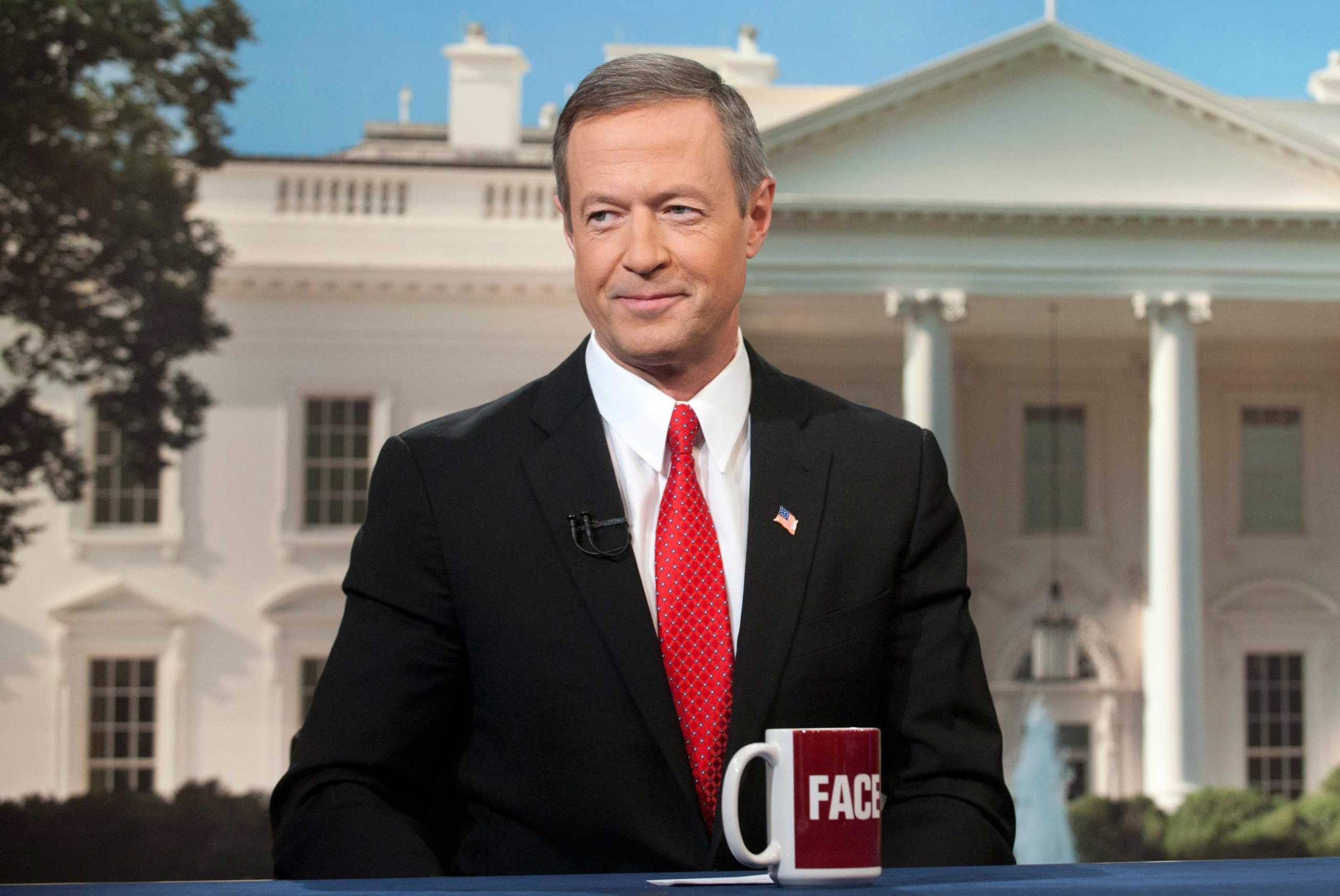
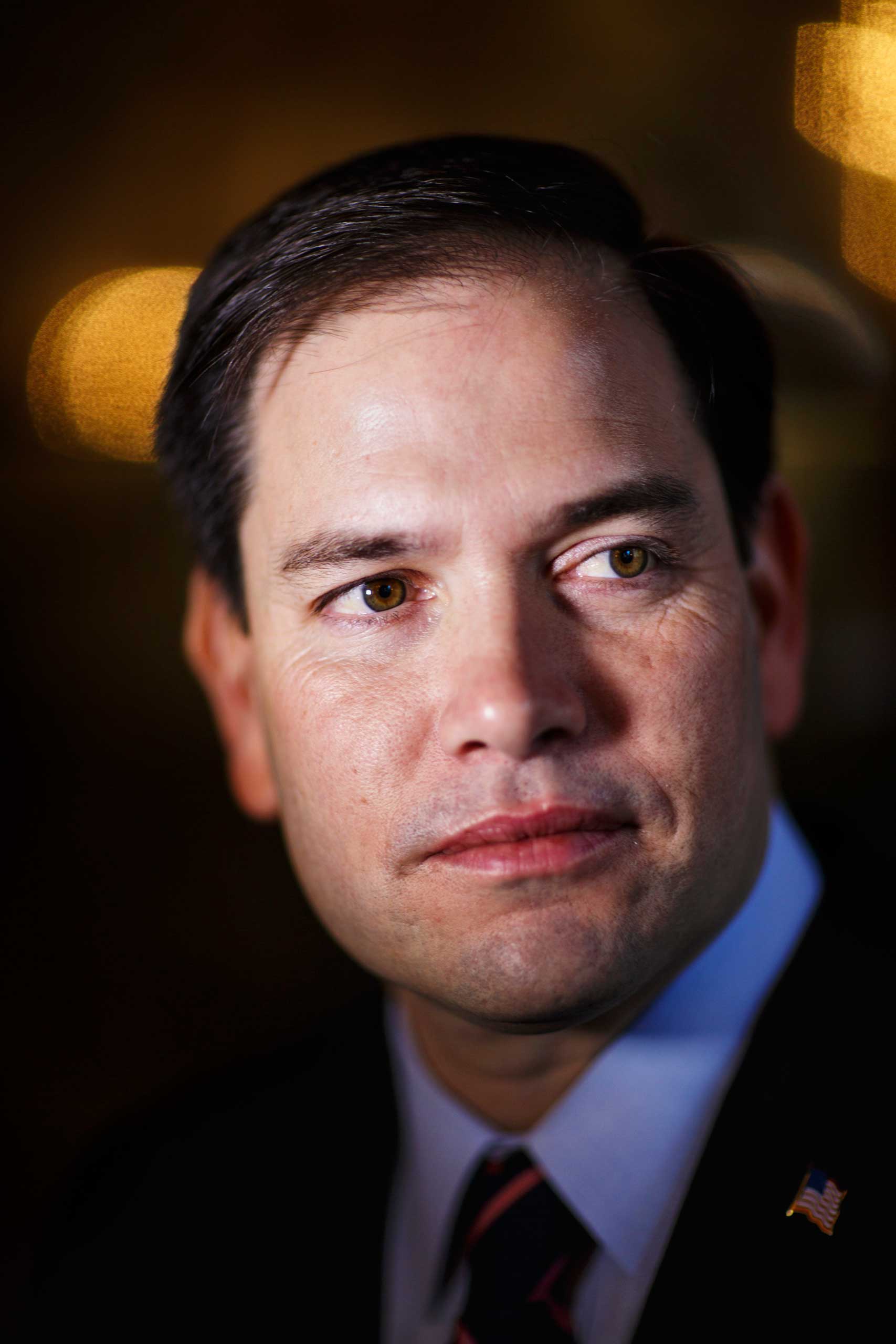
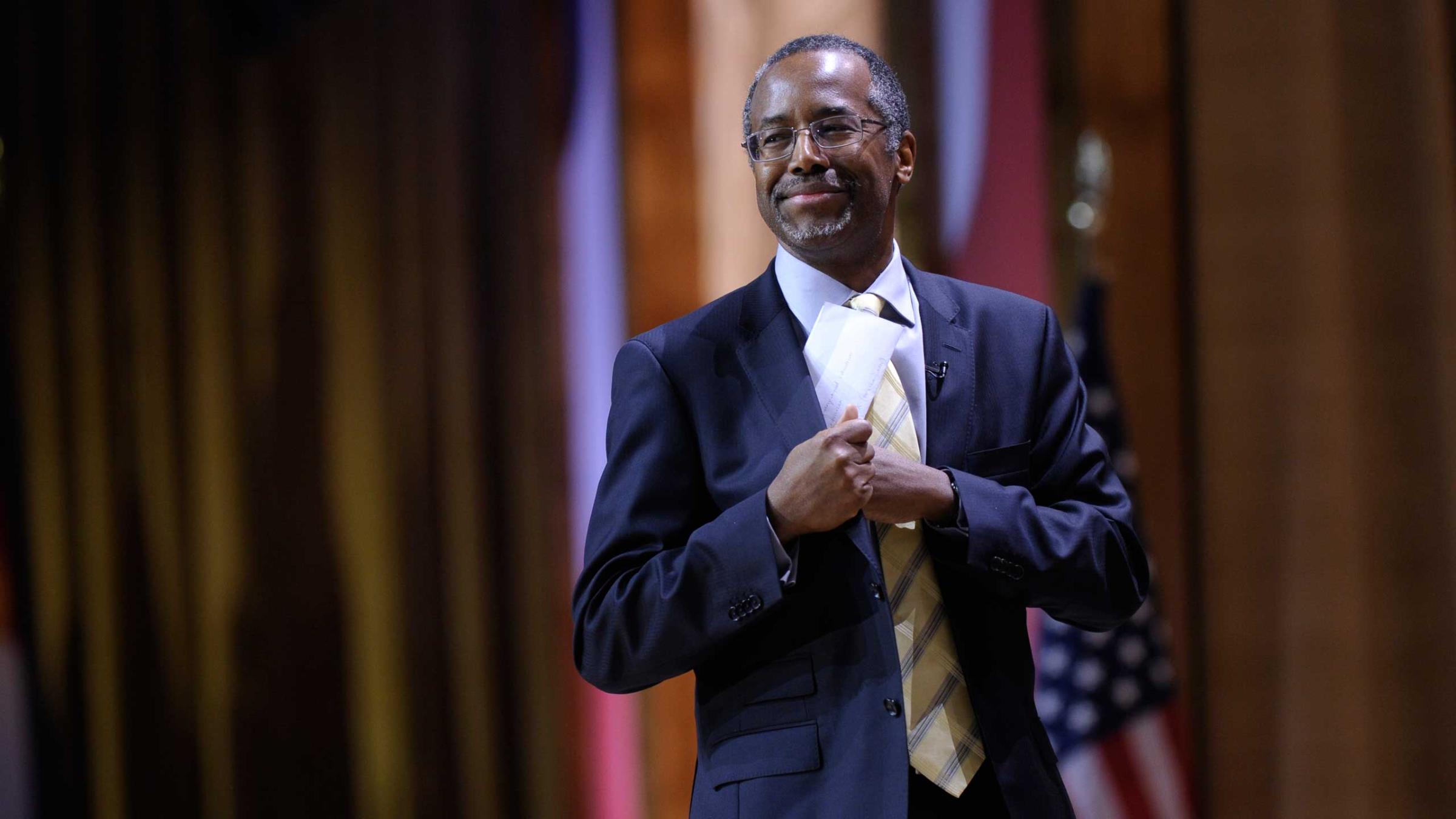
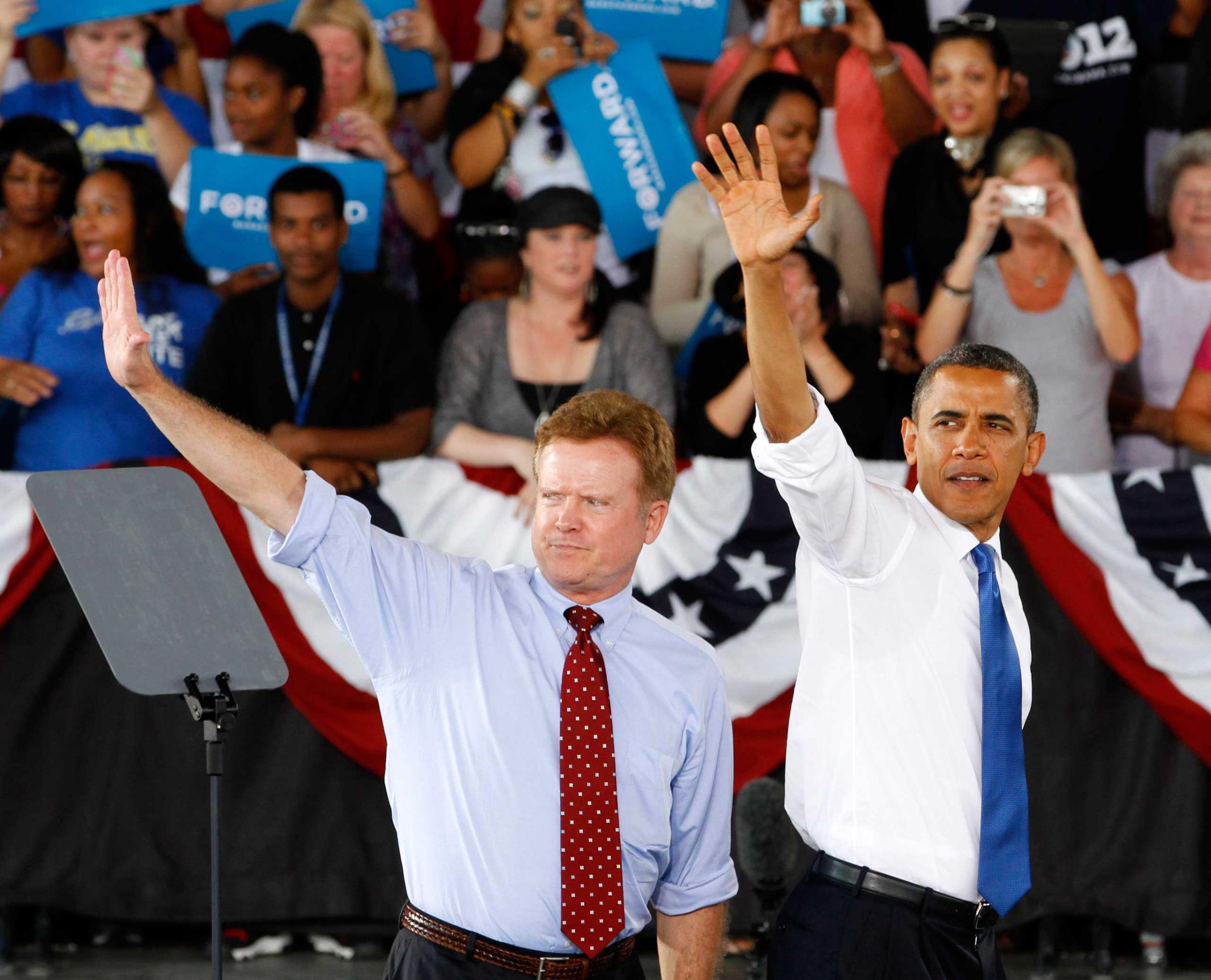
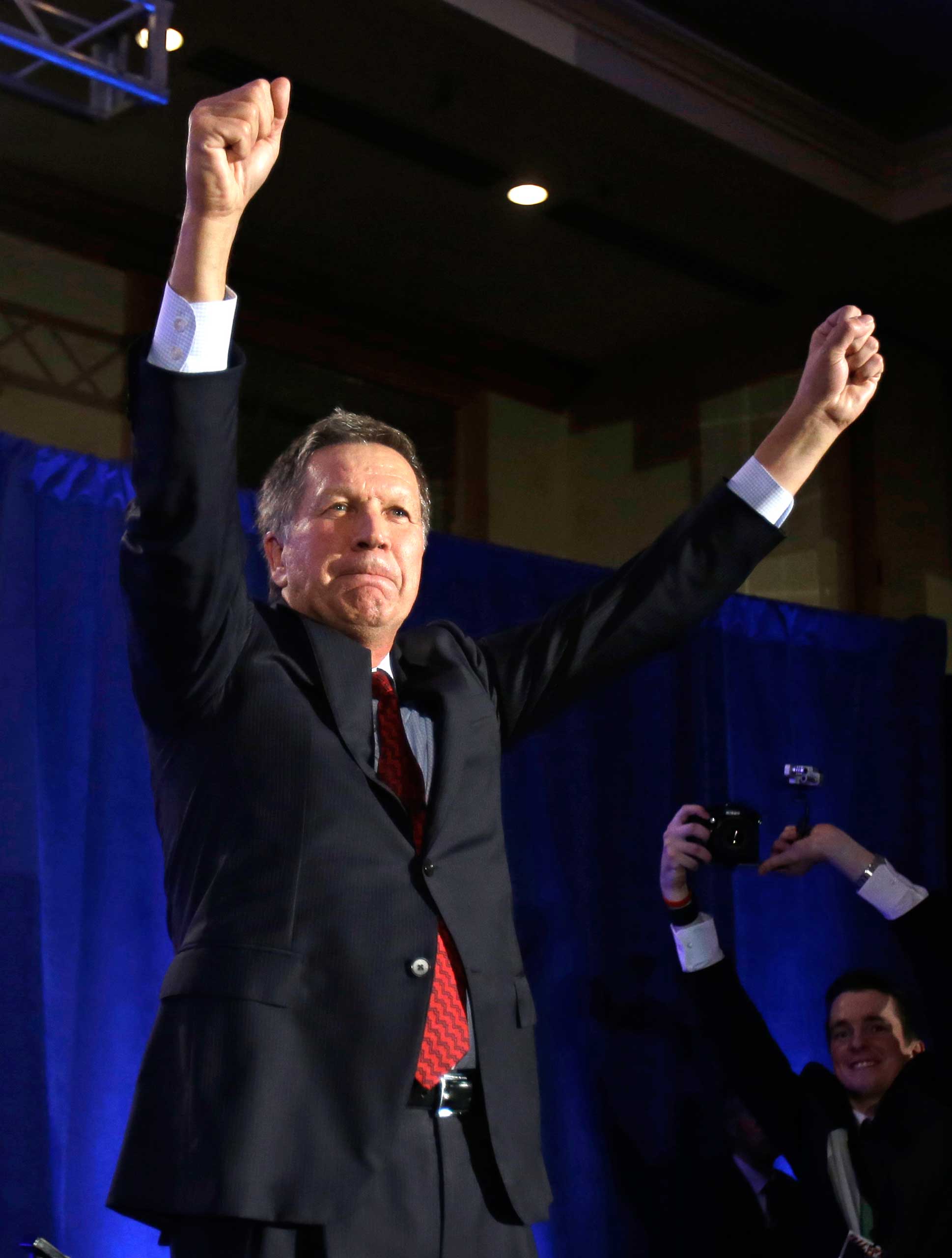
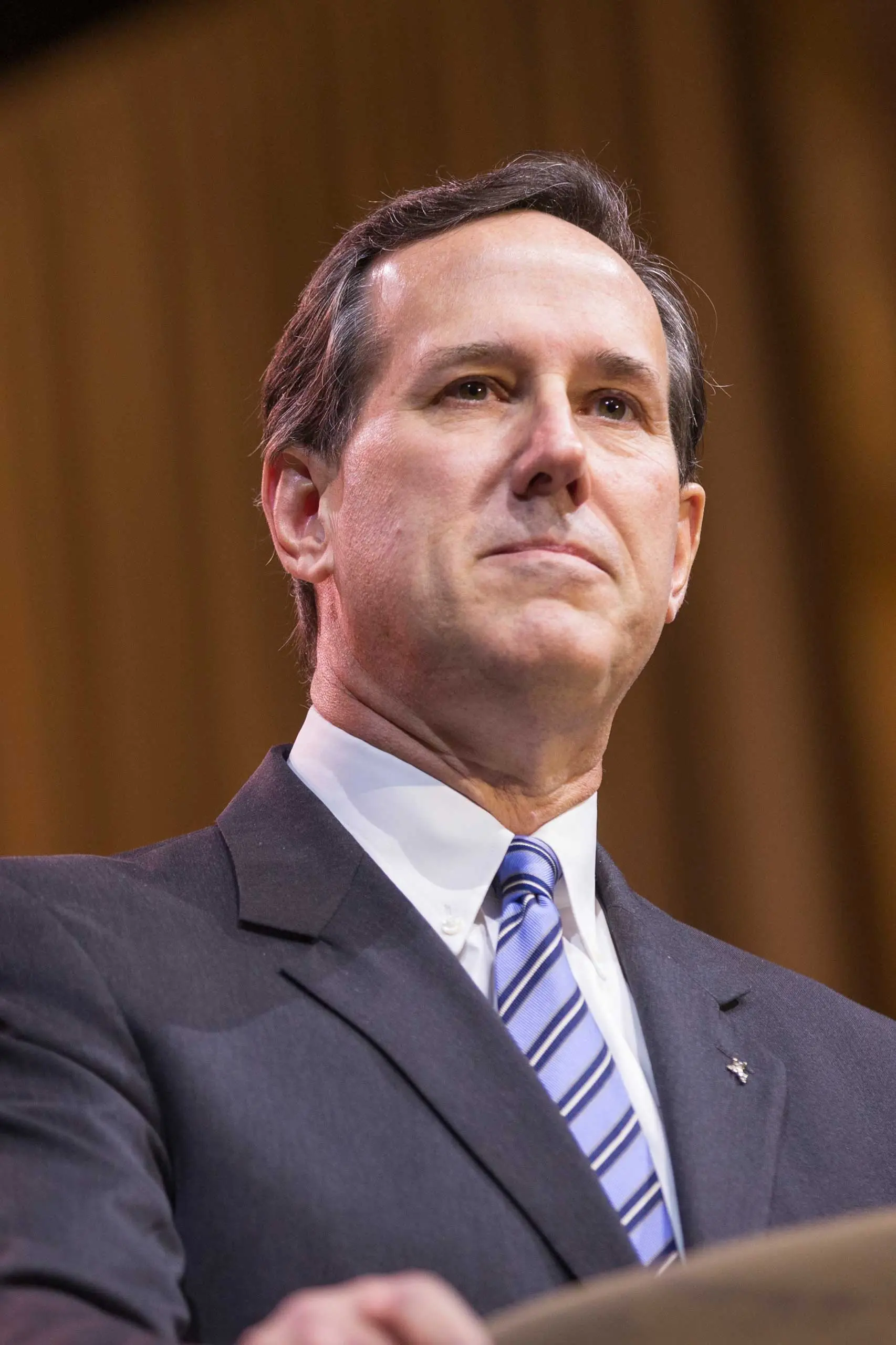
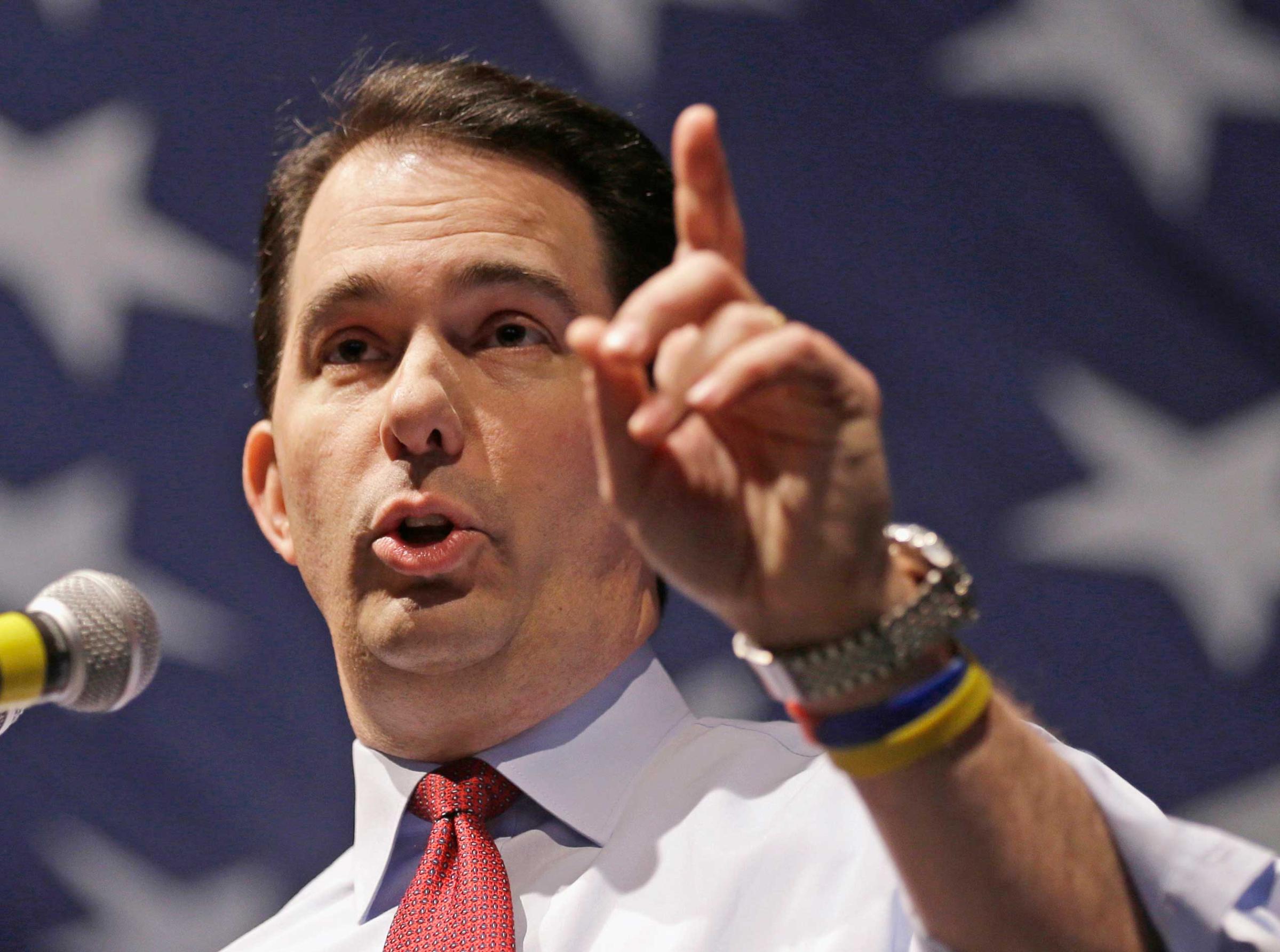

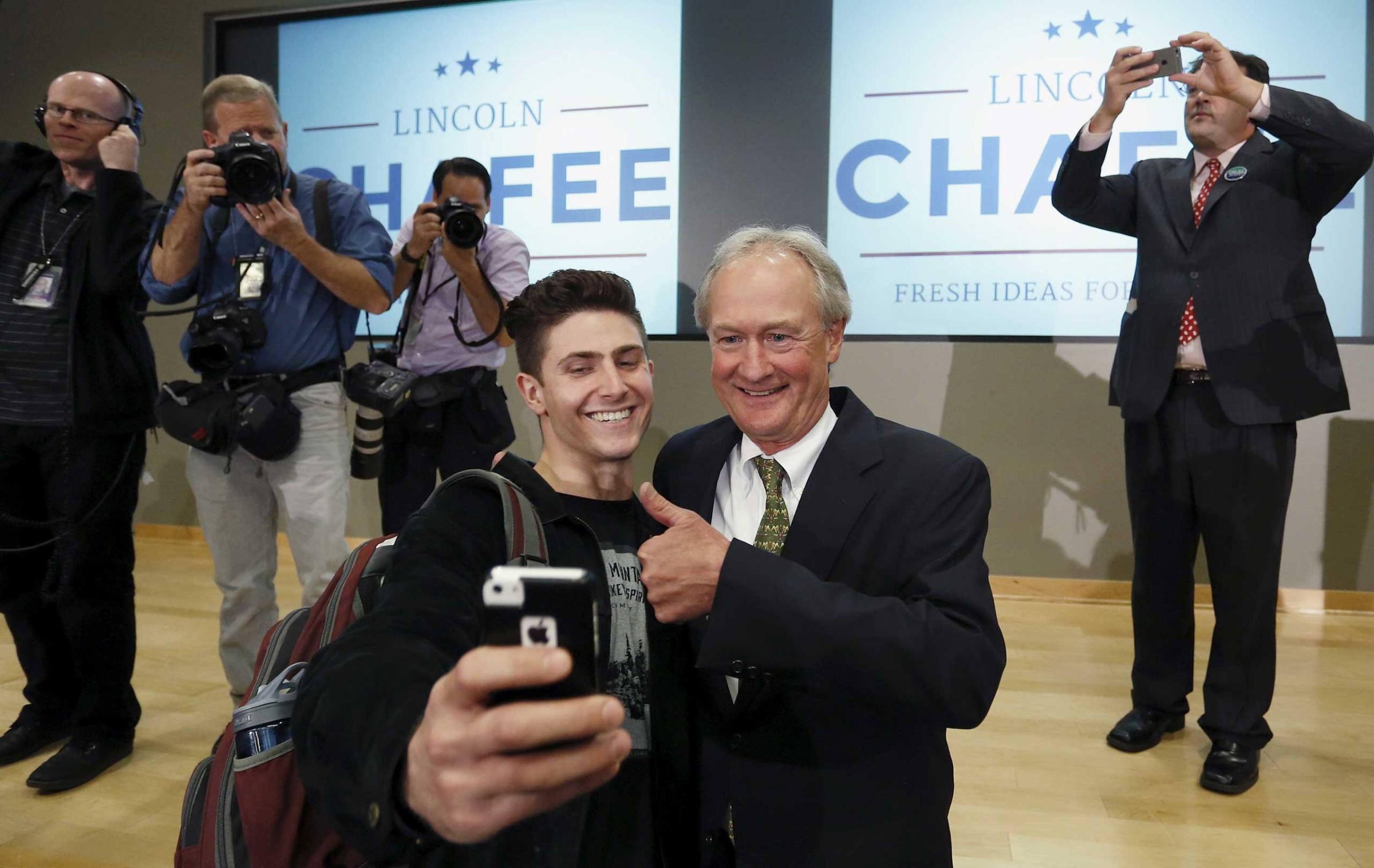
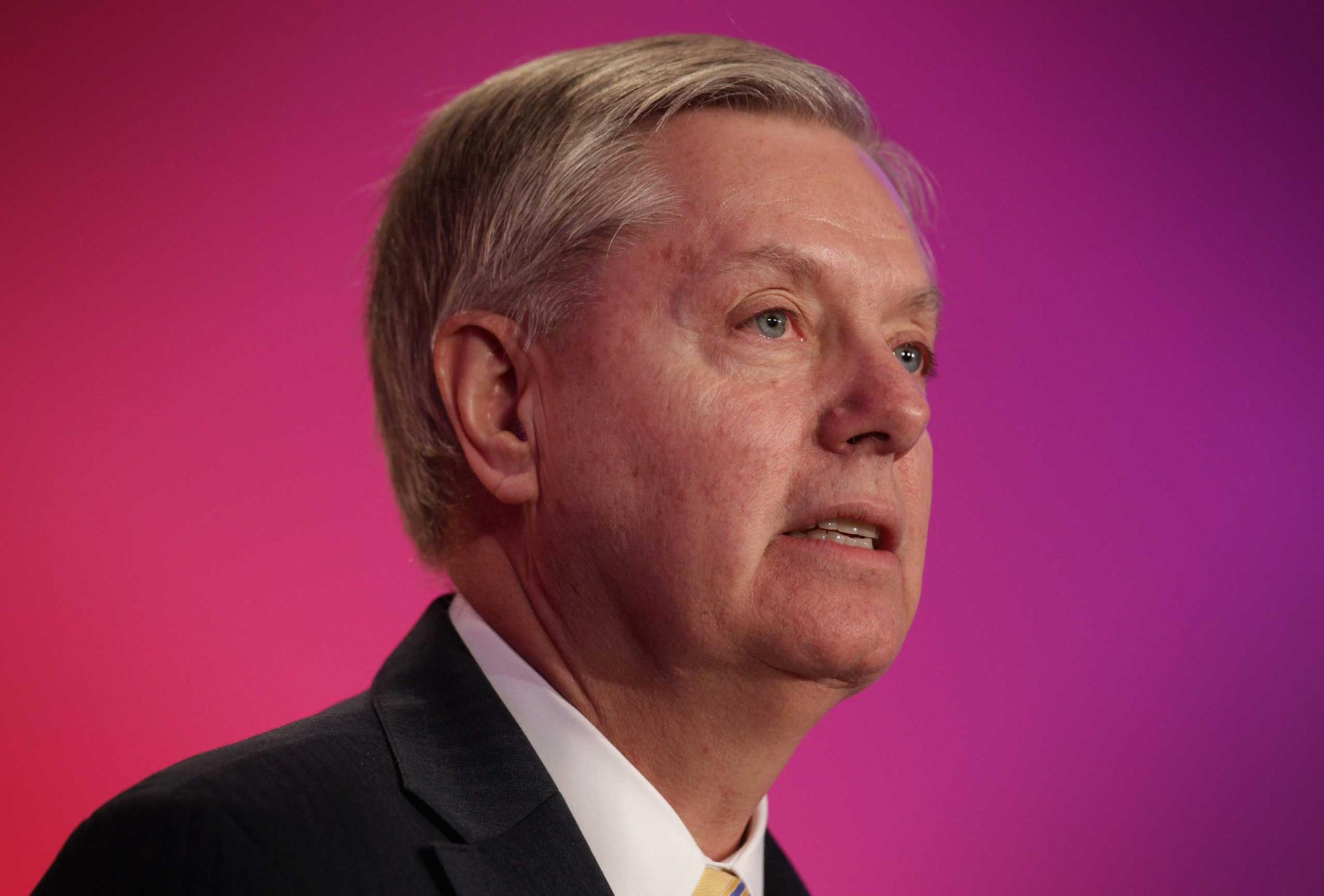
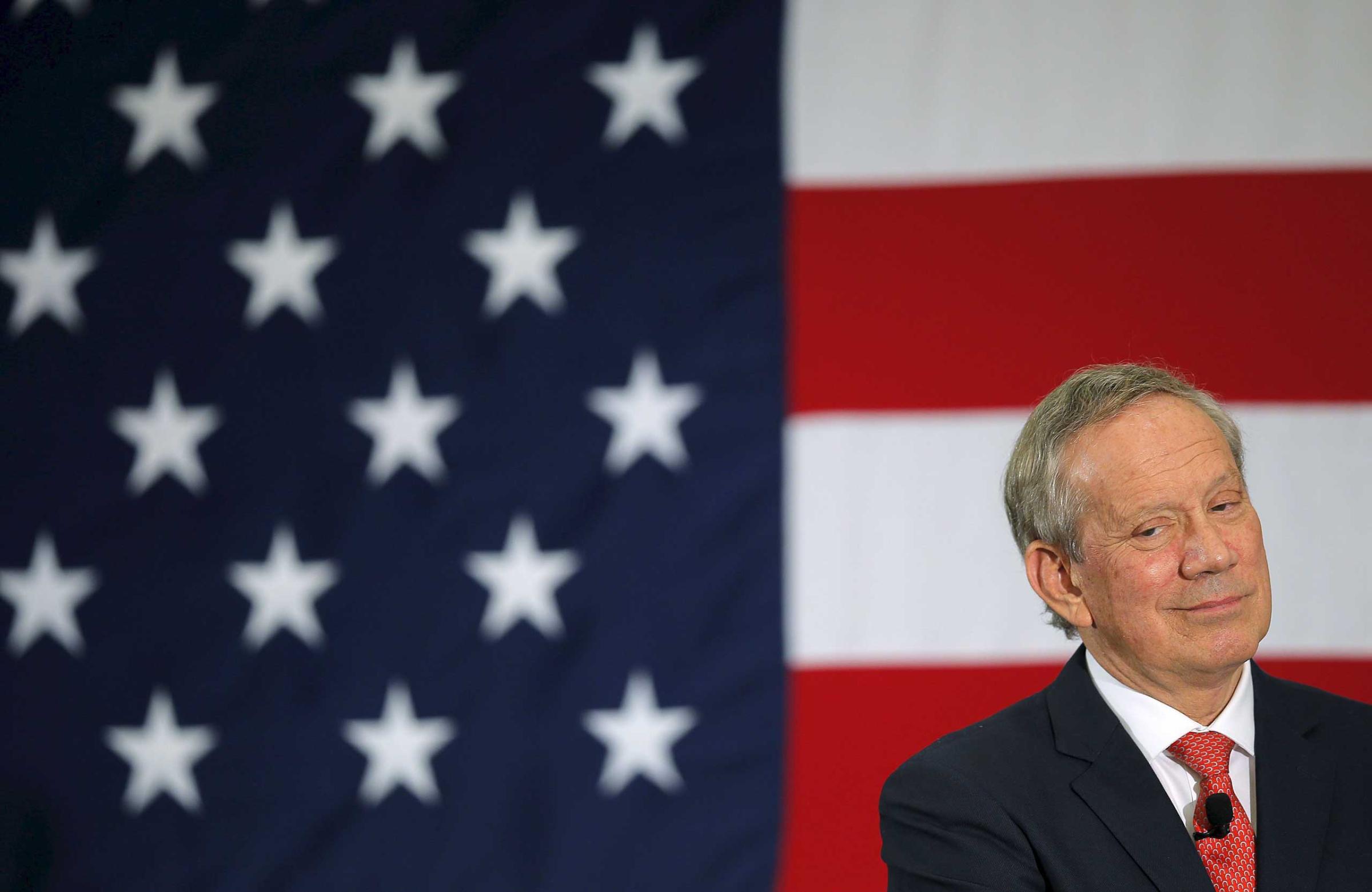
68 minutes. Cooper asks Sanders to explain how he can be Commander in Chief when he applied for conscientous objector status during the Vietnam War. “I’m not a young man today. When I was a young man, I strongly opposed the war in Vietnam,” he said. “Not the brave men like Jim who fought in that war, but the policy which got us involved in that war.” Then he says, “I am not a pacifist.”
72 minutes. Cooper asks everyone to go around and name the greatest national security threat. Smart question. Chafee says “chaos in the Middle East.” O’Malley says Iran, the Islamic State and global warming, which is a bit of a hedge. Clinton says rogue nuclear material. Sanders says climate change. And Webb has a complex three-part answer, that includes China, mass cyber-attacks and the Middle East.
76 minutes. After a commercial break, it’s time to talk Clinton emails. She has a well-prepared answer that takes responsibility, attacks the partisanship of her Congressional investigators, declares her defiance—“I am still standing”—and quickly pivots to a question no one asked about how to make college more affordable.
79 minutes. Cooper tries again to make email news, but Sanders interrupts, and comes to her defense. “The American people are sick and tired of hearing about your damn e-mails,” he says. Biggest applause of the night.
80 minutes. Chafee, however, is not ready to give up on the emails. He questions whether she has “the best in ethical standards.”
81 minutes. “Secretary Clinton, do you want to respond?” asks Cooper. “No,” Clinton says, like a gangster.
82 minutes. Here comes the most complex question of the night, mainly because of the cryptic way it is asked, as a false binary choice meant to expose centuries of discrimination: “Do black lives matter or do all lives matter?” The candidates navigate the minefield, with different answers that more or less acknowledge the problem and propose solutions. Before he answers though, Webb complains again about the time he has been allowed to speak.
90 minutes. Time to talk financial regulation. Some back and forth between Clinton and Sanders is blunted by the fact that Sanders won’t really attack Clinton directly.
98 minutes. Chafee is asked why he voted to repeal Glass-Steagall, the regulation that once prevented commercial banks from mingling with investment banks. And suddenly his entire not-so-serious candidacy seems to implode. “The Glass-Steagall was my very first vote, I’d just arrived, my dad had died in office, I was appointed to the office, it was my very first vote,” he says. In other words, Chafee admits that he was promoted by dint of his bloodline for a job he was not able to handle. “Promotion through parentage” makes for a lousy campaign slogan. Even worse than “Prosperity through peace.”
105 minutes. Deep dive on a whole bunch of issues, from domestic surveillance to Social Security to extending federal benefits to undocumented immigrants. There is some disagreement about just how harshly to treat Edward Snowden. Chafee struggles to explain his vote for the Patriot Act.
115 minutes. Cooper asks everyone to say how their administration would be different than a third term of Obama. Chafee says something about the Middle East. O’Malley talks about regulating Wall Street. Sanders uses the word “revolution.” Webb chuckles about Sanders’ dreams of revolution. Clinton wins the round again by saying, “I think being the first woman president would be quite a change from the presidents we’ve had up until this point, including President Obama.” She follows with a detailed list of policy differences.
119 minutes. Cooper announces that some of the candidates have tried marijuana along with “probably everybody in this room.” He promises to delve deeper after a commercial break. This explains CNN’s exclusive use of red and blue gel lights on the audience.
124 minutes. Cooper makes a reference to Clinton rushing off stage for a pee break during commercials. “You know, it does take me a little longer. That’s all I can say,” Clinton explains, but she is not embarrassed that her apparently urgent urination was just discussed publicly before millions. Give her more points.
126 minutes. Discussion of dynasty. Clinton parries it all flawlessly. “I certainly am not campaigning to become president because my last name is Clinton,” she says. “I’m campaigning because I think I have the right combination of what the country needs, at this point, and I think I can take the fight to the Republicans.”
135 minutes. After more talk of climate change, Cooper gets to the weed, listing off the candidate’s claimed drug histories as he goes. Sanders smoked a little. Clinton missed her chance. No real news is made, except that Sanders says he would probably vote for recreational marijuana in Nevada, and Clinton says she is not ready to have an opinion on it.
143 minutes. After another break, the best question of the night: Which enemy are you most proud of? Chafee says the coal lobby. O’Malley says the NRA. Clinton loves the question. “Well, in addition to the NRA, the health insurance companies, the drug companies, the Iranians, probably the Republicans,” she says. Sanders says Wall Street. Webb says a man who tried to kill him in Vietnam, “but he’s not around right now to talk to.” He says this with a smile on his lips.
145 minutes. The candidates get closing statements, but the dynamic remains the same. Clinton is just better at this. Sanders is doing his thing. O’Malley has all the pieces but none of the connections. Chafee is weird. And Webb is unsatisfied. There has been talk about adding more Democratic debates in the coming months, but as the night draws to a close, it is not immediately clear what they would accomplish.
Read Next: Read the Full Text of the Primetime Democratic Debate
See the Covers of the 2016 Presidential Hopefuls' Memoirs
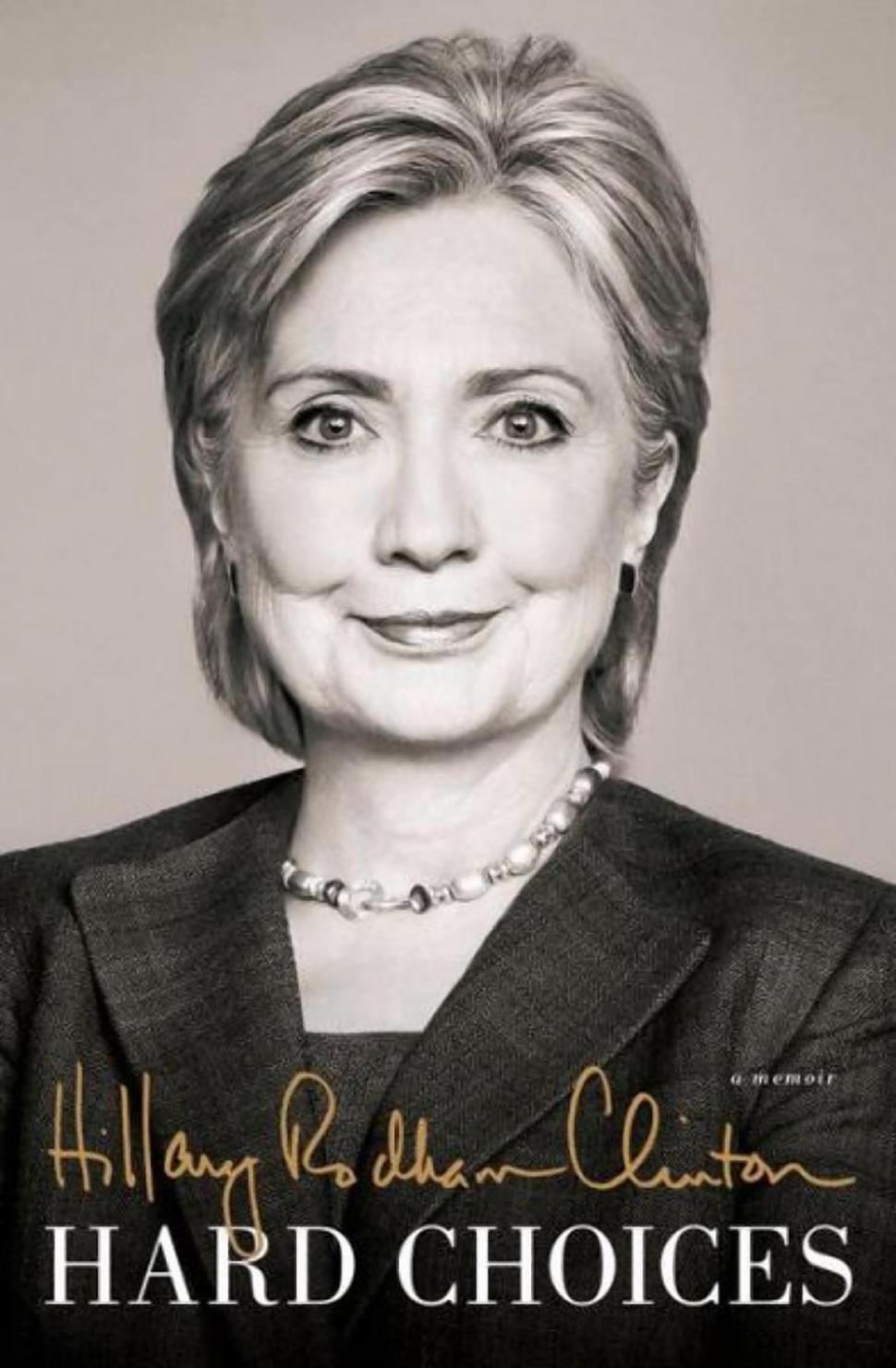
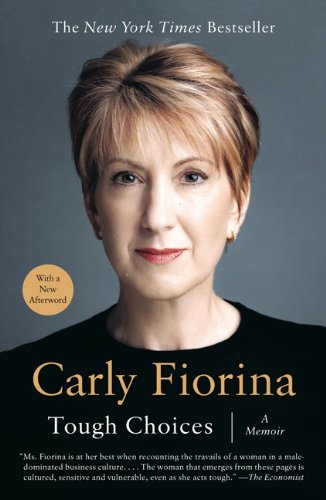
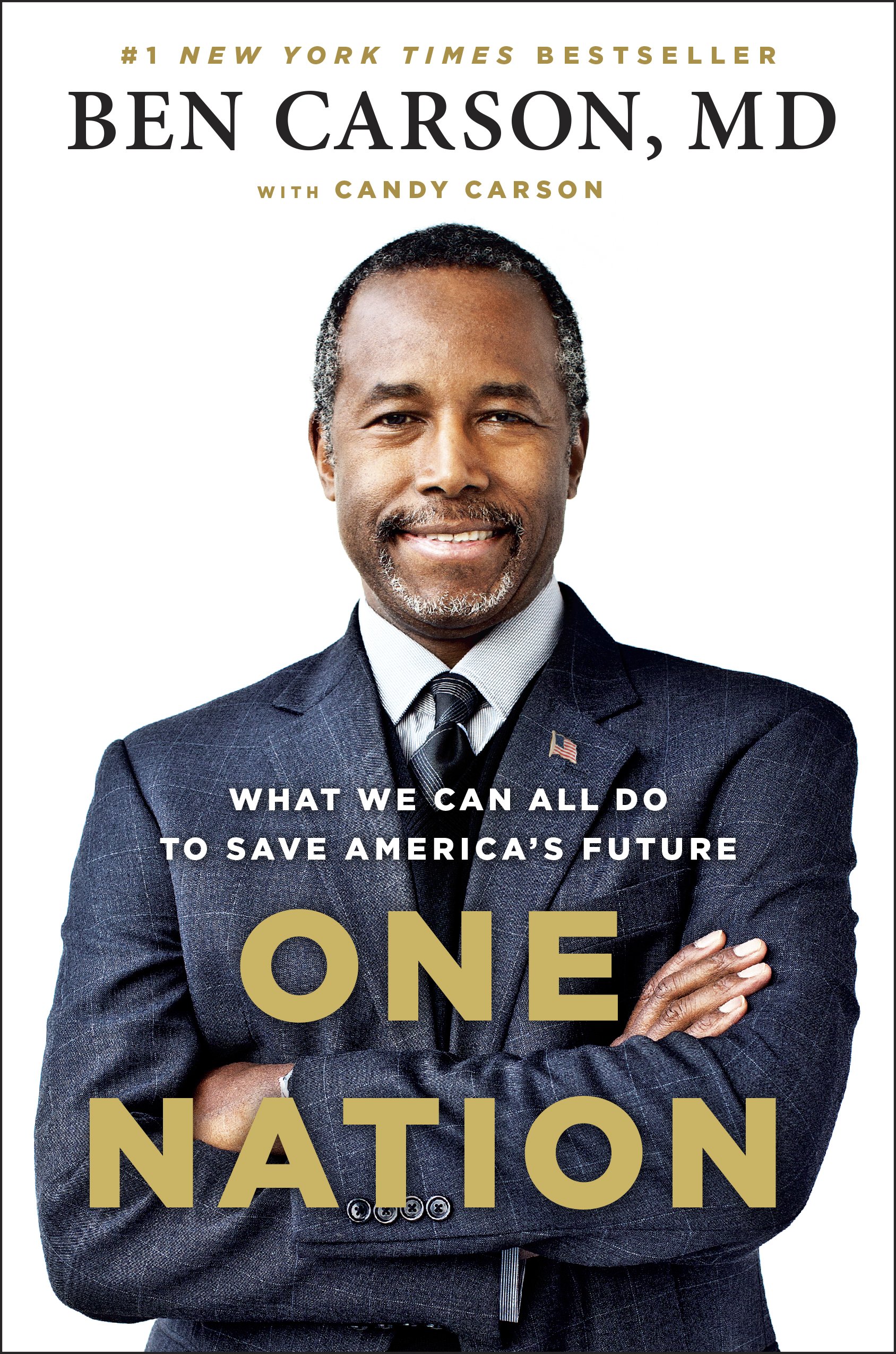
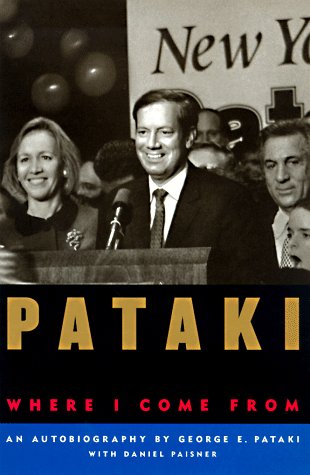
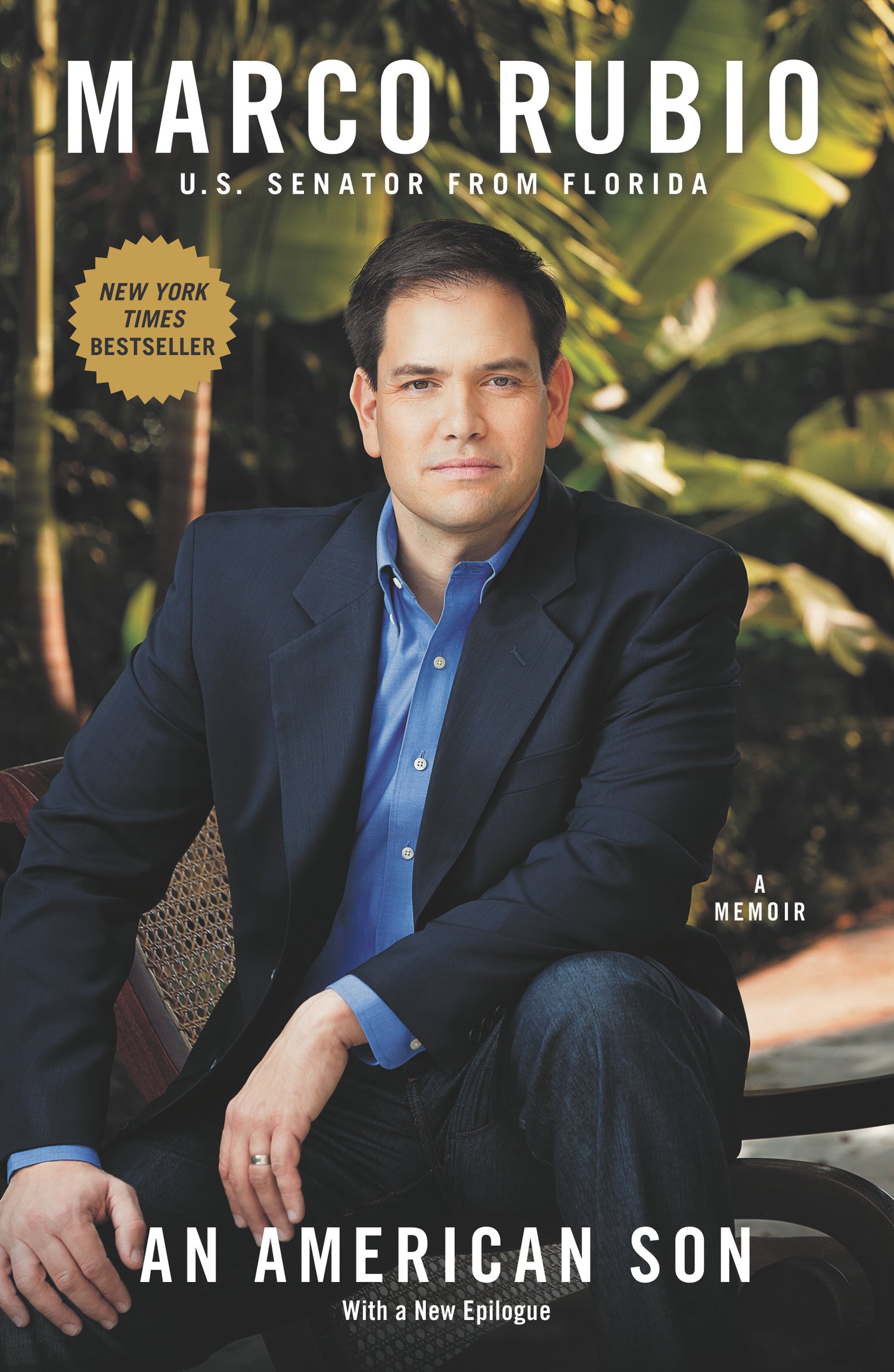
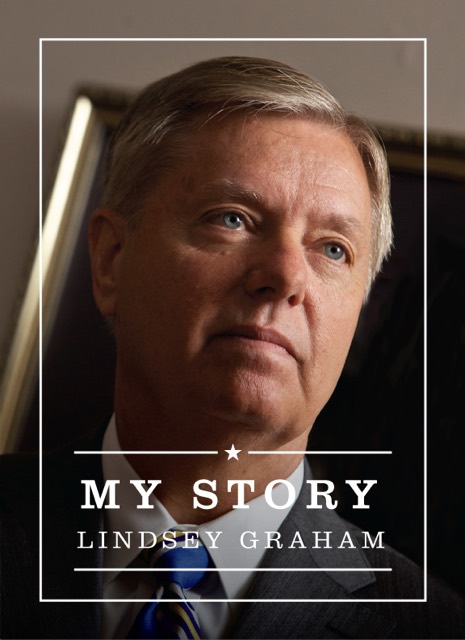
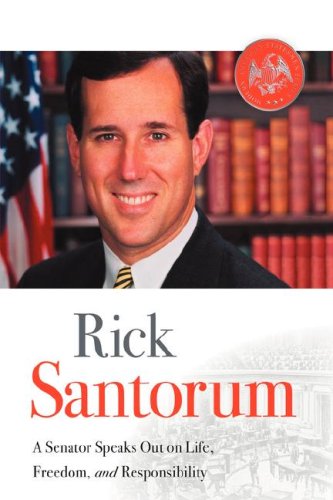
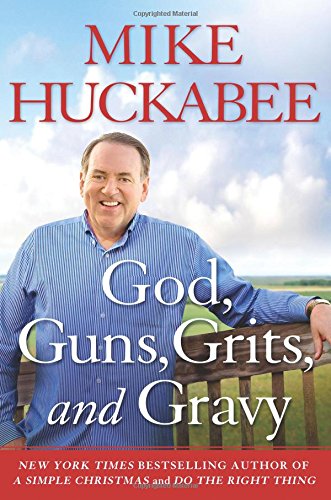

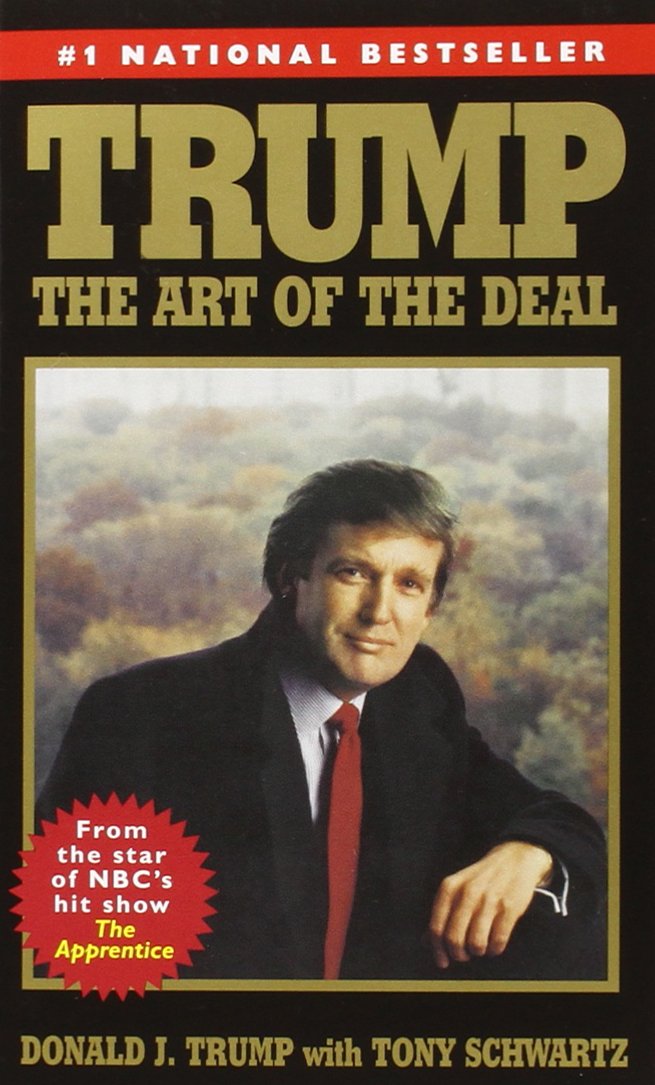
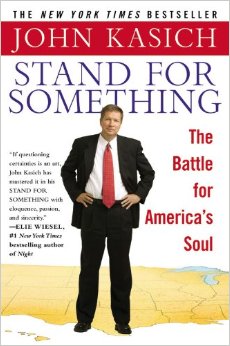
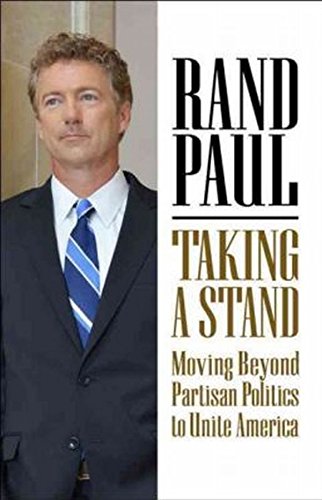
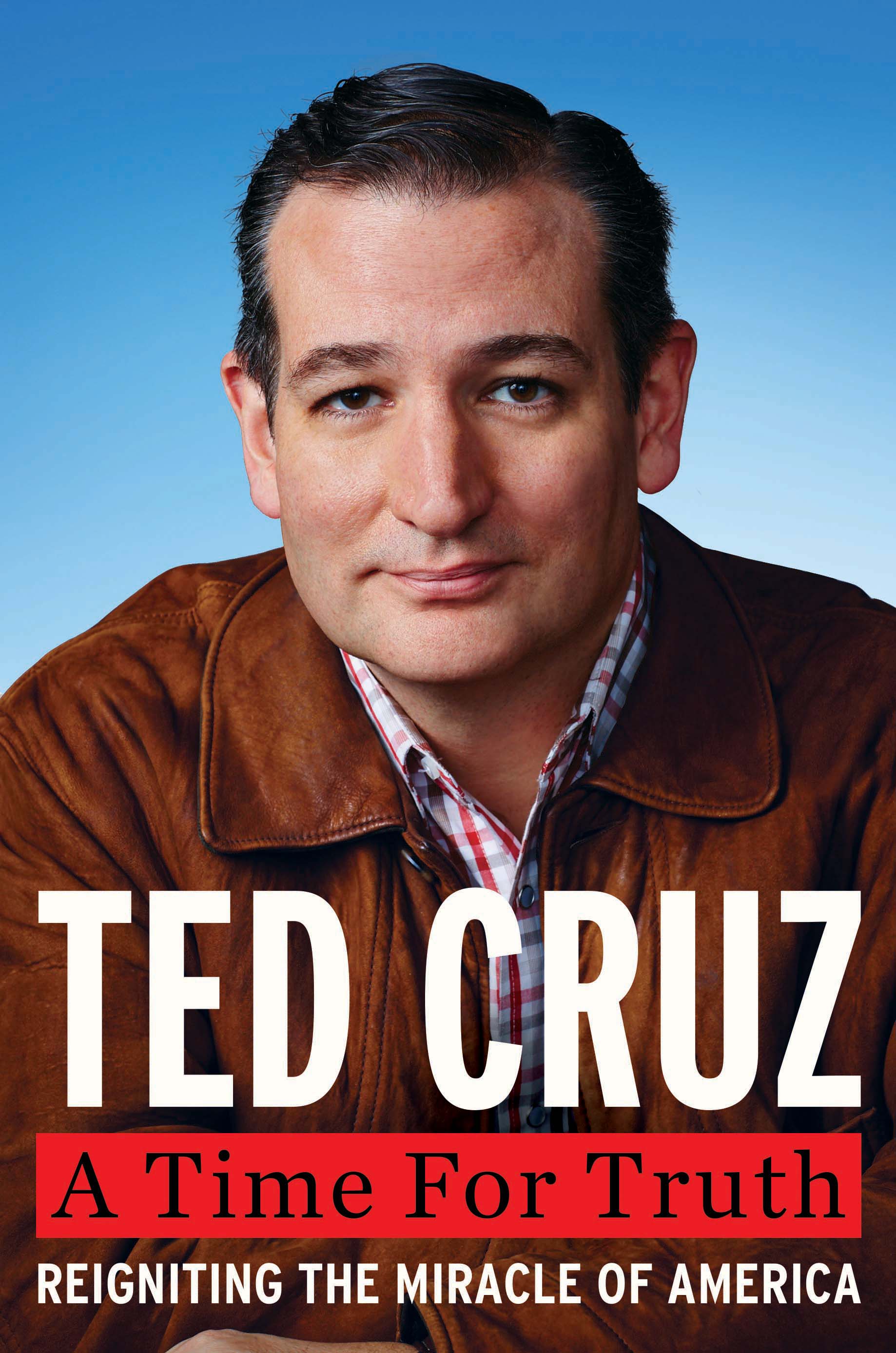
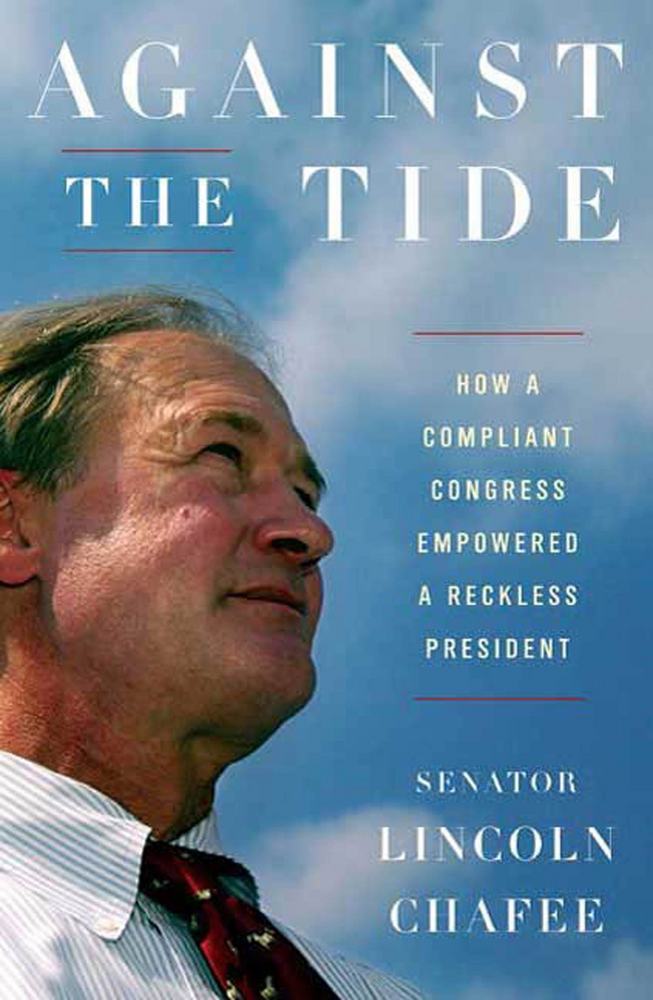
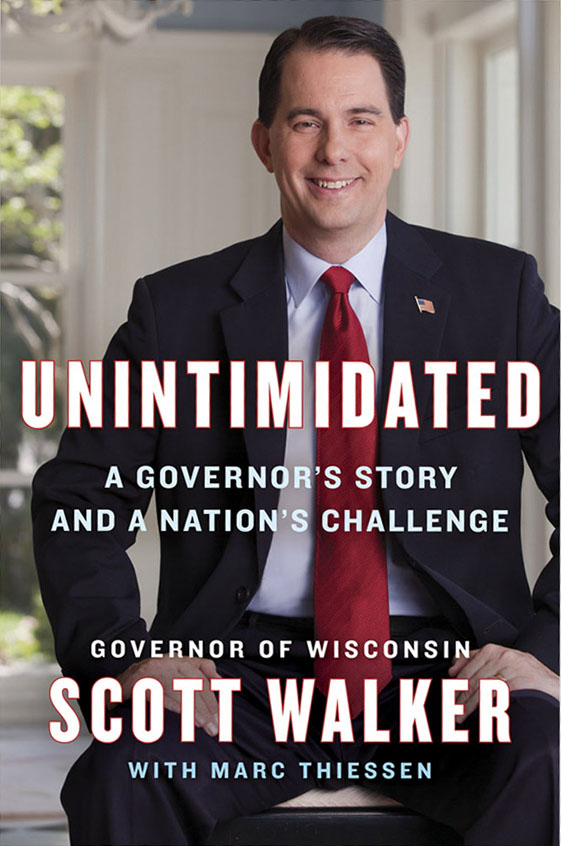
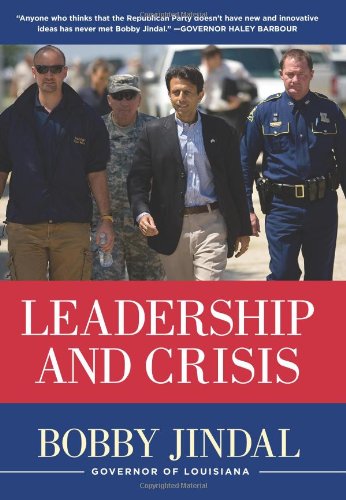

More Must-Reads from TIME
- Cybersecurity Experts Are Sounding the Alarm on DOGE
- Meet the 2025 Women of the Year
- The Harsh Truth About Disability Inclusion
- Why Do More Young Adults Have Cancer?
- Colman Domingo Leads With Radical Love
- How to Get Better at Doing Things Alone
- Michelle Zauner Stares Down the Darkness
Contact us at letters@time.com